Blood Pressure Breakthrough: Sip These Drinks, Skip Those for a Healthier Heart
In the quest to maintain optimal health, particularly heart health, managing blood pressure is paramount. High blood pressure, or hypertension, is a silent killer that can lead to severe health complications, including heart disease and stroke. While medication is often necessary, lifestyle changes, particularly dietary adjustments, can play a significant role in controlling blood pressure. Among these changes, choosing the right beverages can make a notable difference. That's why we've expanded our list of drinks that can help lower blood pressure, supported by scientific research, and highlights those that are best avoided. By the end, you'll be equipped with the knowledge to sip wisely and support your heart health.
1. Hibiscus Tea: A Floral Remedy
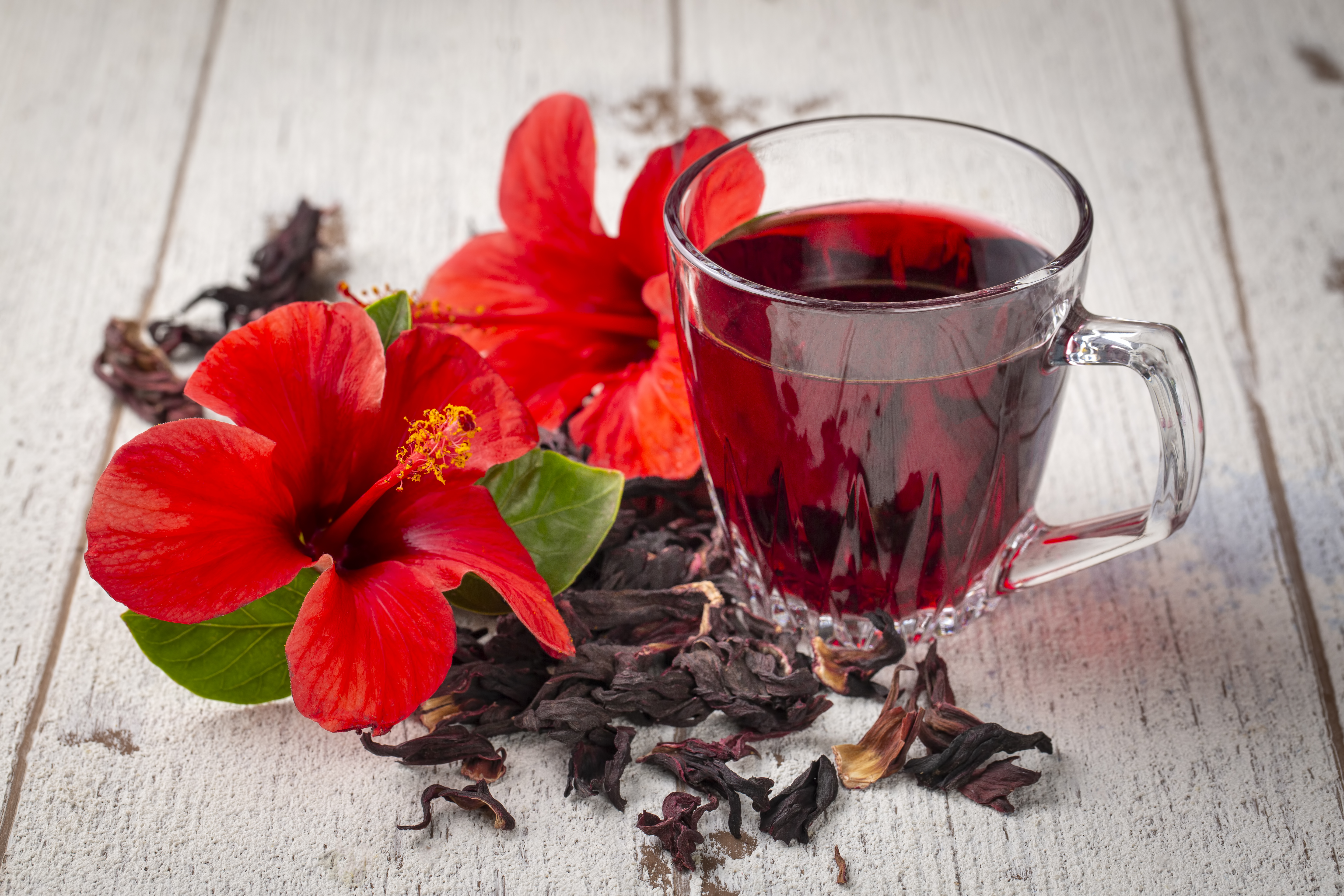
Hibiscus tea, with its vibrant crimson hue, is more than just a refreshing drink; it's a natural remedy for lowering blood pressure. Studies have shown that hibiscus tea can significantly reduce both systolic and diastolic blood pressure. The anthocyanins and other antioxidants in hibiscus help relax blood vessels, improving blood flow and reducing pressure. Regular consumption, about three cups a day, can lead to noticeable improvements. This caffeine-free herbal tea is not only beneficial for its health properties but also offers a tart, cranberry-like flavor that can be enjoyed hot or iced, making it a versatile addition to your daily routine.
2. Beetroot Juice: The Nitric Oxide Booster
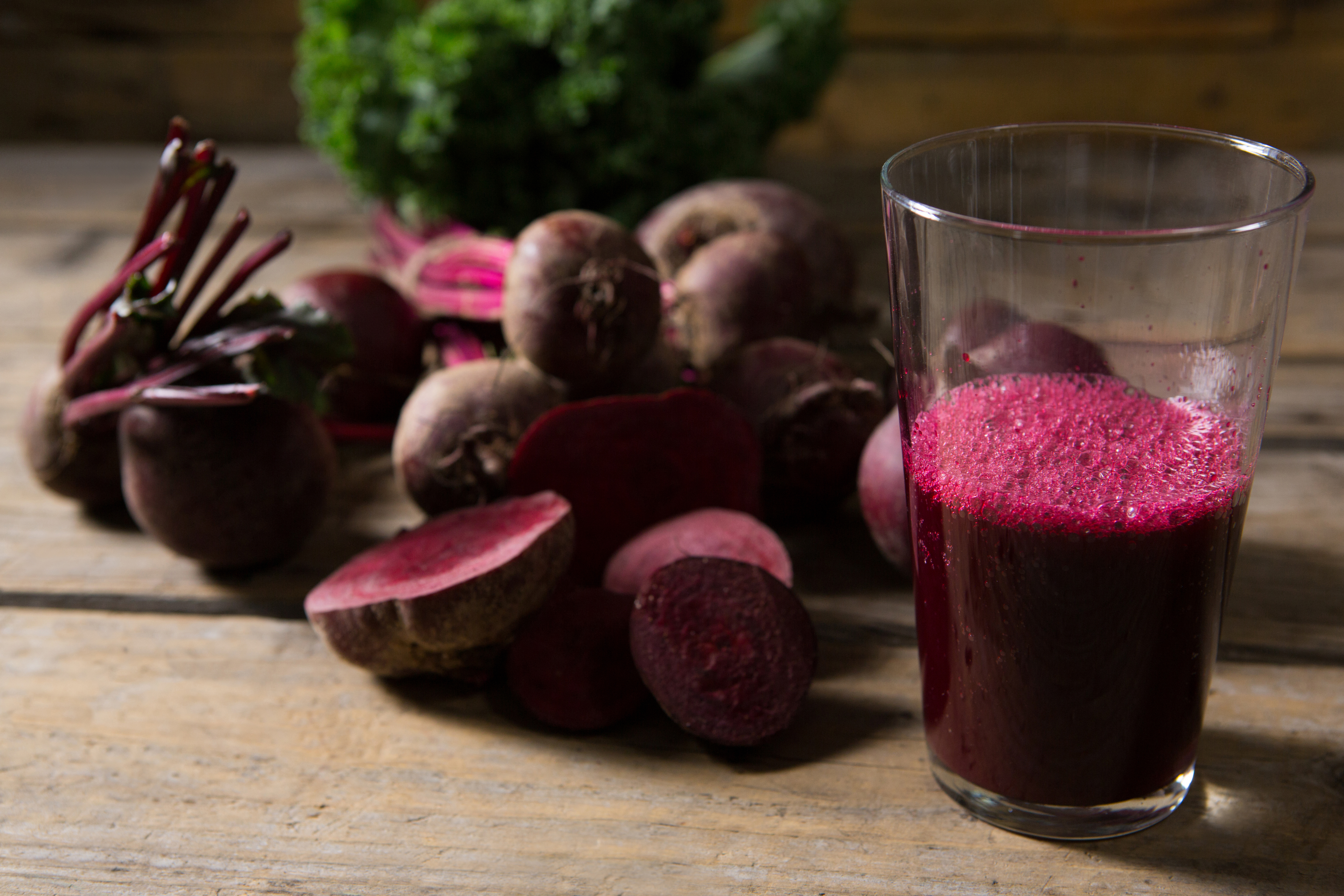
Beetroot juice has garnered attention for its ability to lower blood pressure due to its high nitrate content. Once ingested, these nitrates convert into nitric oxide, a molecule that relaxes and dilates blood vessels, promoting better circulation and reducing blood pressure. A glass of beetroot juice can result in a noticeable decline in blood pressure within just a few hours. Furthermore, beetroot juice is rich in vitamins, minerals, and antioxidants, offering a host of additional health benefits. Its earthy taste might take some getting used to, but its powerful effects make it a worthwhile addition to your diet.
3. Pomegranate Juice: The Antioxidant Powerhouse
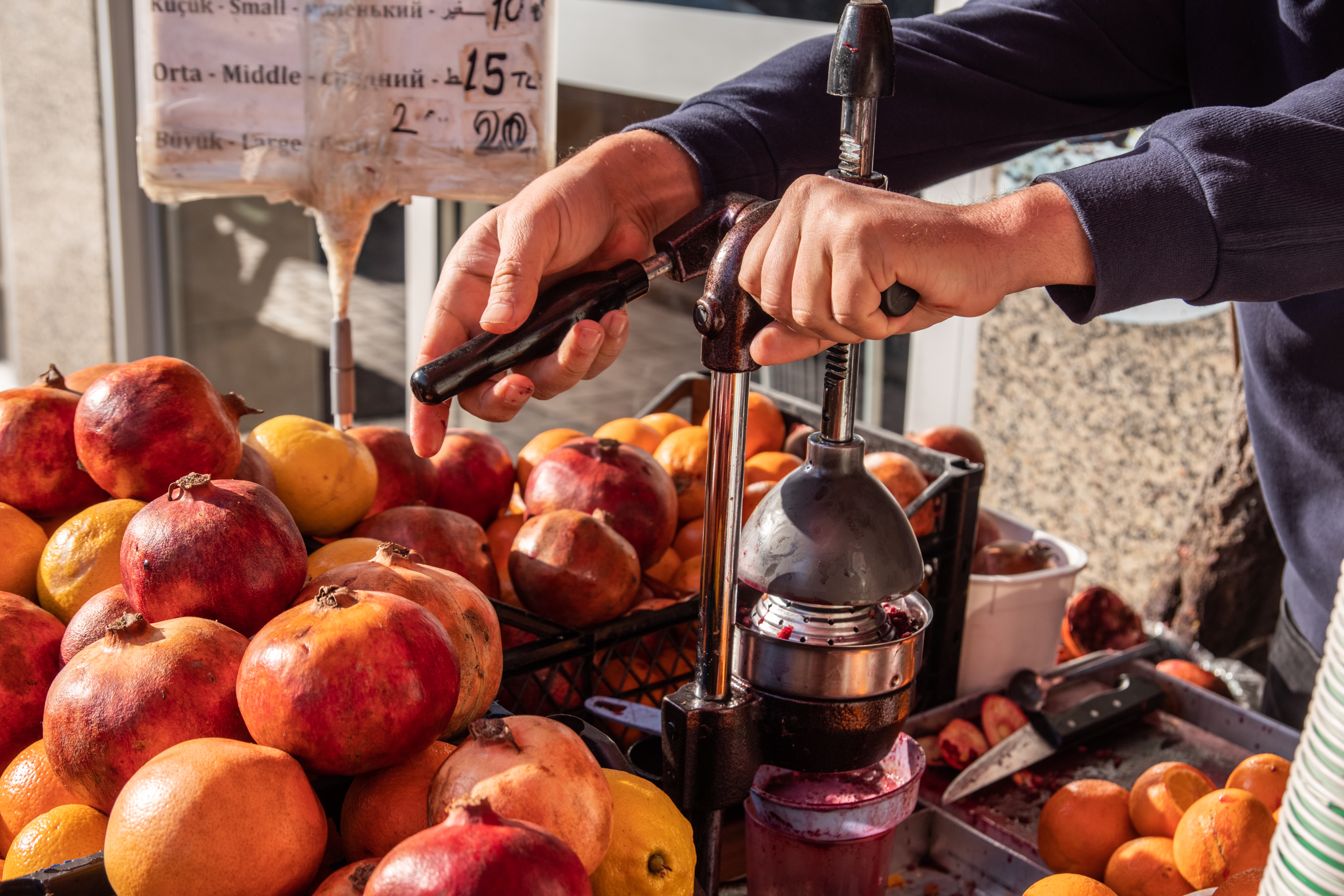
Pomegranate juice is not only delicious but also packed with antioxidants, particularly polyphenols, which are beneficial for heart health. These antioxidants help reduce oxidative stress and inflammation in the arteries, contributing to lower blood pressure. Regular consumption of pomegranate juice has been linked to a decrease in systolic blood pressure, making it an excellent choice for those looking to manage hypertension naturally. It's important to choose 100% pure pomegranate juice without added sugars to maximize its health benefits. The sweet, tangy flavor of pomegranate juice can be a delightful way to support your cardiovascular system.
4. Green Tea: The Heart's Ally
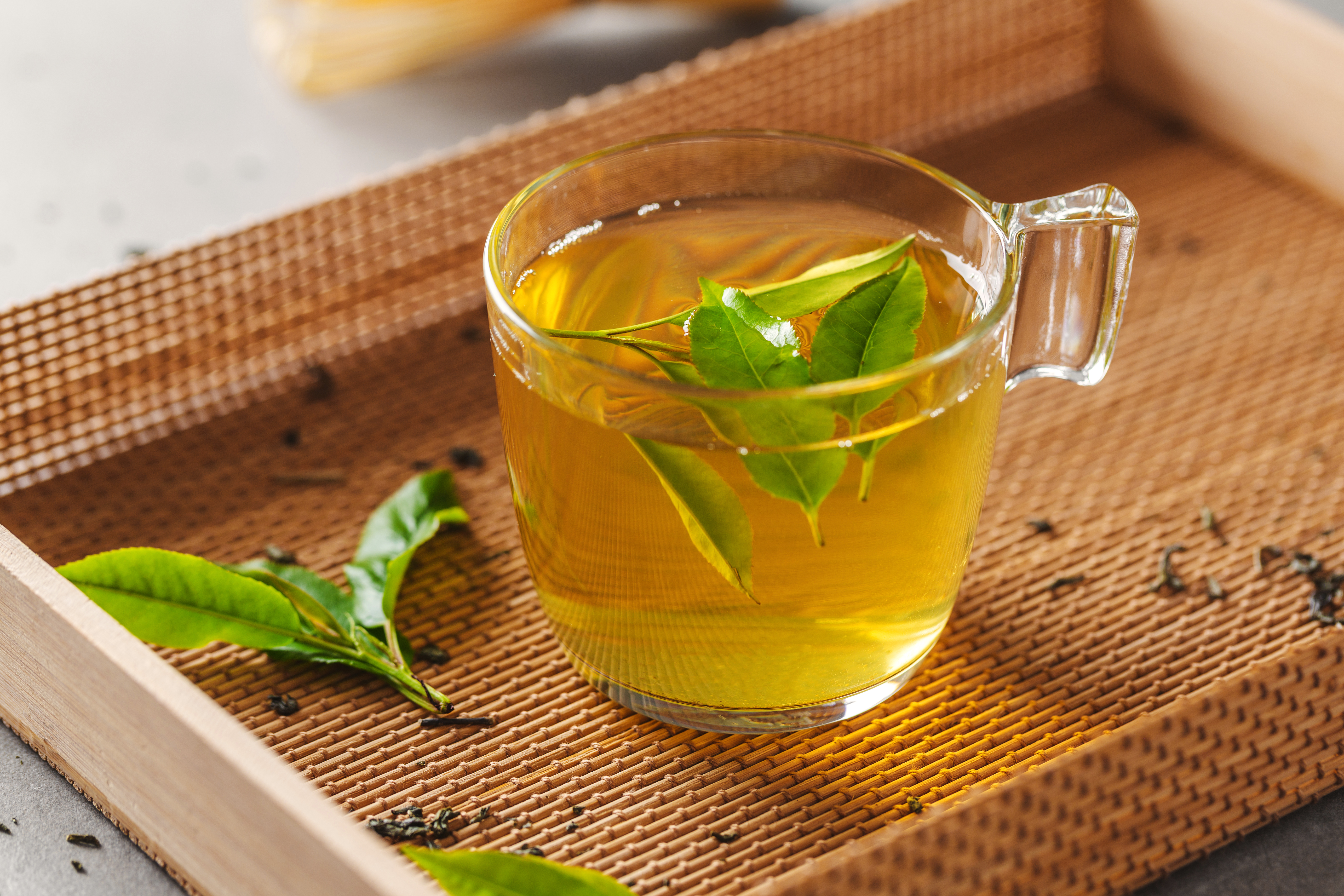
Green tea is renowned for its myriad health benefits, and its potential to lower blood pressure is among them. Rich in catechins, a type of antioxidant, green tea helps improve the function of blood vessels and reduce inflammation. Regular consumption has been associated with lower systolic and diastolic blood pressure. The mild caffeine content in green tea can also aid in enhancing alertness without the jitters associated with coffee. For best results, enjoy two to three cups of green tea daily. Its delicate flavor and versatility make it a soothing choice for those seeking to support their heart health naturally.
5. Low-Fat Milk: The Calcium Provider
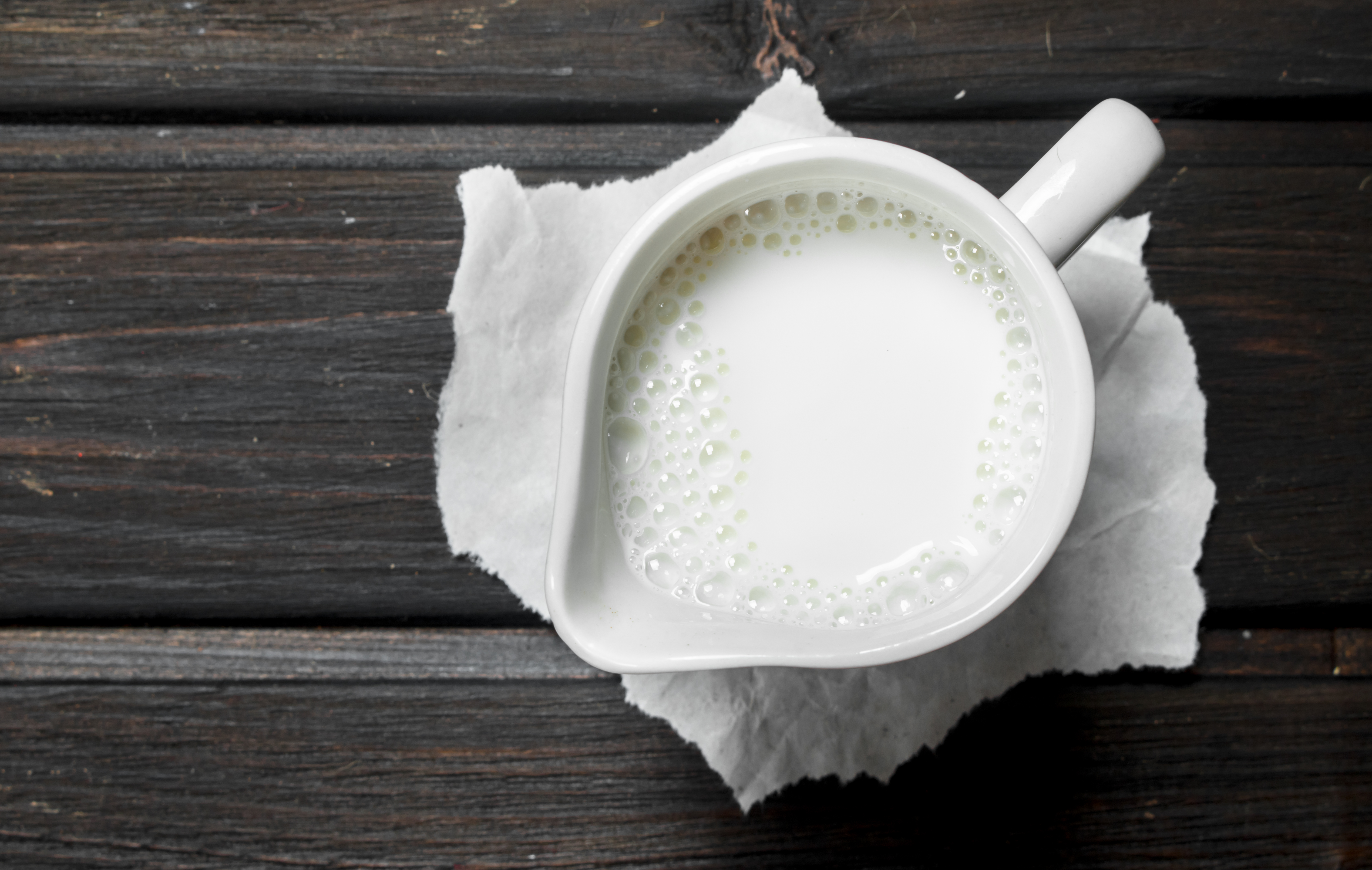
Low-fat milk is a staple in many diets and can contribute to lower blood pressure due to its calcium and vitamin D content. Calcium is essential for maintaining healthy blood pressure levels, while vitamin D helps the body absorb calcium more efficiently. Studies suggest that individuals who consume low-fat dairy products tend to have lower blood pressure than those who do not. Opting for low-fat versions ensures you get the benefits without the added saturated fats found in whole milk. Incorporating low-fat milk into smoothies or enjoying it with cereal can be a simple yet effective way to support cardiovascular health.
6. Cranberry Juice: The Inflammation Fighter
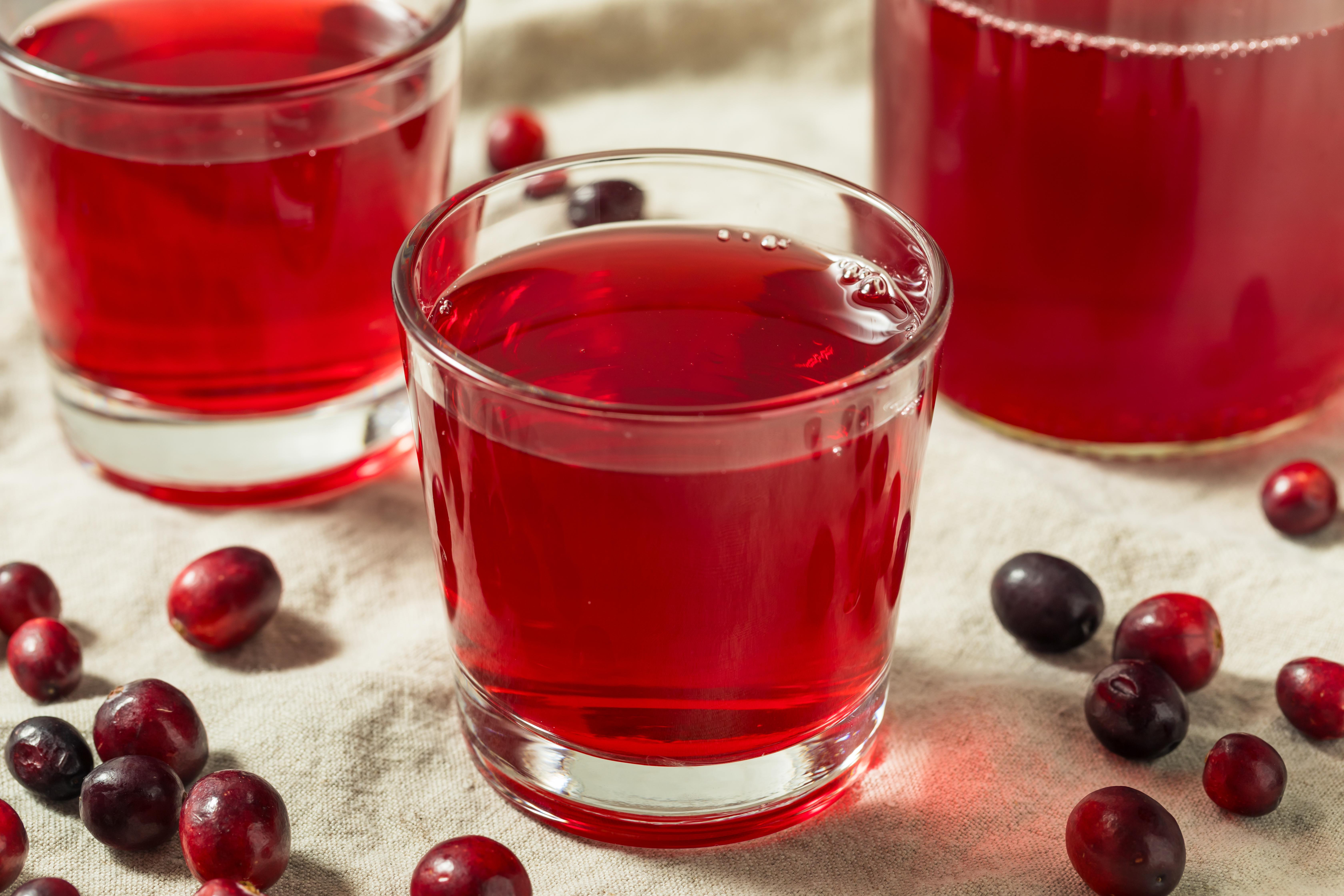
Cranberry juice is often associated with urinary tract health, but it also holds potential benefits for lowering blood pressure. Rich in antioxidants and anti-inflammatory compounds, cranberry juice helps improve blood vessel function and reduce inflammation, which can contribute to lower blood pressure. However, it's crucial to select unsweetened cranberry juice to avoid the negative effects of added sugars. The tartness of cranberry juice can be balanced by mixing it with water or other juices, making it a refreshing and heart-healthy beverage choice. Regular consumption can support overall cardiovascular health and aid in maintaining healthy blood pressure levels.
7. Watermelon Juice: The Citrulline Source
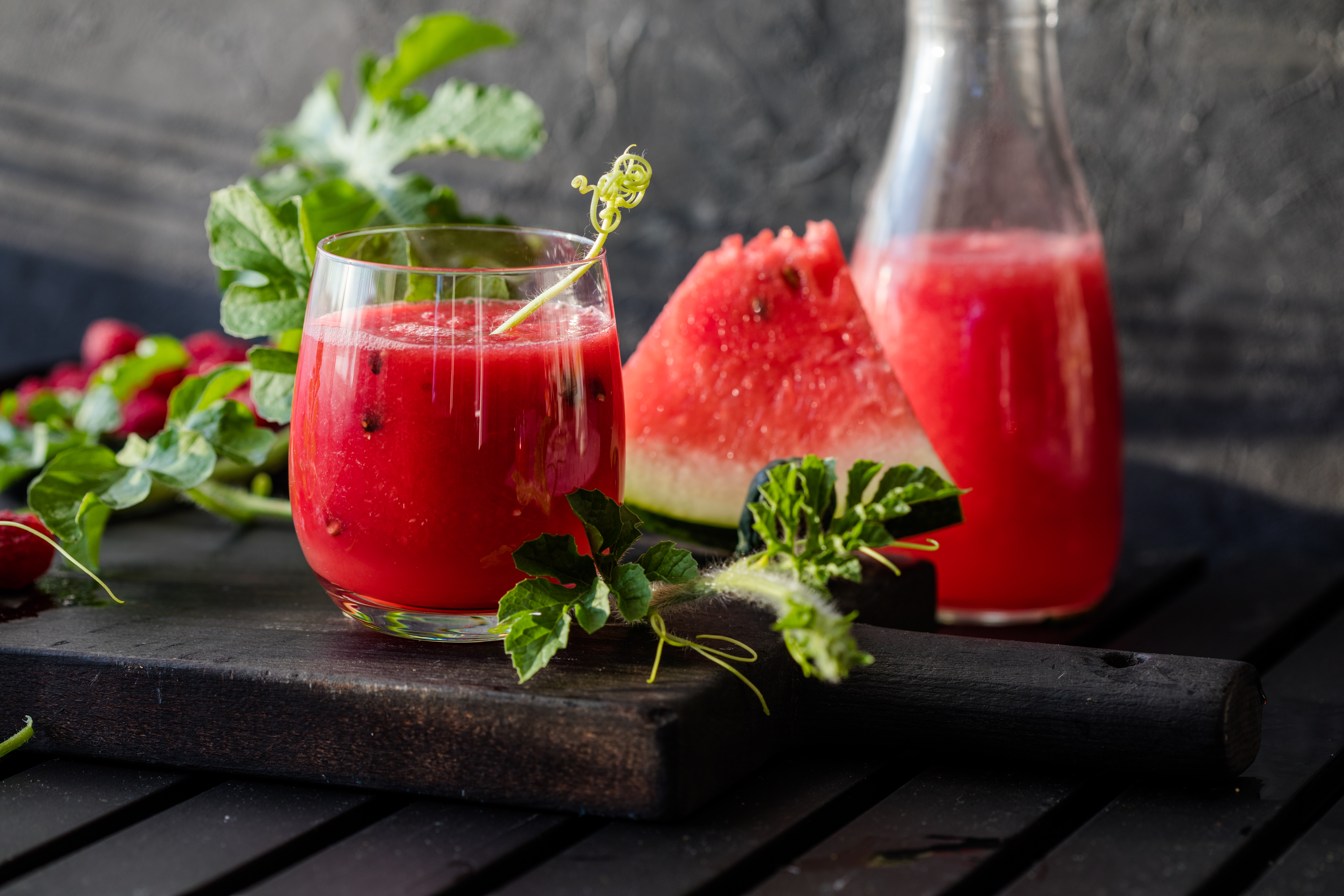
Watermelon juice, with its hydrating properties and refreshing taste, is more than just a summer treat. It contains an amino acid called citrulline, which the body converts into arginine, a precursor to nitric oxide. This process helps relax blood vessels and improve blood flow, thereby reducing blood pressure. Studies have shown that consuming watermelon juice can lead to a reduction in both systolic and diastolic blood pressure. Its natural sweetness and hydrating qualities make it an enjoyable and effective choice for those looking to manage their blood pressure naturally. Incorporating watermelon juice into your diet can be a delightful way to support heart health.
8. Sugary Sodas: Taste with a Side of Trouble

While some beverages can aid in lowering blood pressure, others can have the opposite effect. Sugary sodas, for instance, are best avoided by those concerned about hypertension. High sugar content in sodas not only contributes to weight gain, a risk factor for high blood pressure, but also leads to spikes in insulin levels, which can negatively impact blood pressure regulation. The excessive consumption of sugary drinks is linked to an increased risk of developing hypertension and heart disease. Opting for healthier alternatives like infused water or herbal teas can help you avoid the pitfalls of sugary sodas while supporting your cardiovascular health.
9. Alcoholic Beverages: Sneaky Culprit

Moderation is key when it comes to alcohol consumption, especially for those with high blood pressure. While some studies suggest that moderate alcohol intake might have cardiovascular benefits, excessive alcohol consumption can lead to increased blood pressure and other health issues. Alcohol can interfere with the effectiveness of blood pressure medications and contribute to weight gain, further exacerbating hypertension. It's advisable to limit alcohol intake to the recommended guidelines: up to one drink per day for women and two for men. Being mindful of alcohol consumption can help maintain healthy blood pressure levels and support overall heart health.
10. Energy Drinks: Fatigue Fighter with a Tax

Energy drinks are often marketed as quick fixes for fatigue, but they can pose significant risks for individuals with high blood pressure. These drinks typically contain high levels of caffeine and sugar, both of which can lead to increased heart rate and elevated blood pressure. The combination of stimulants in energy drinks can also cause palpitations and anxiety, further straining the cardiovascular system. For those looking to boost energy levels without compromising heart health, opting for natural sources of energy, such as a balanced diet and regular exercise, is a safer and more effective approach.
11. Tart Cherry Juice: The Anti-Inflammatory Elixir
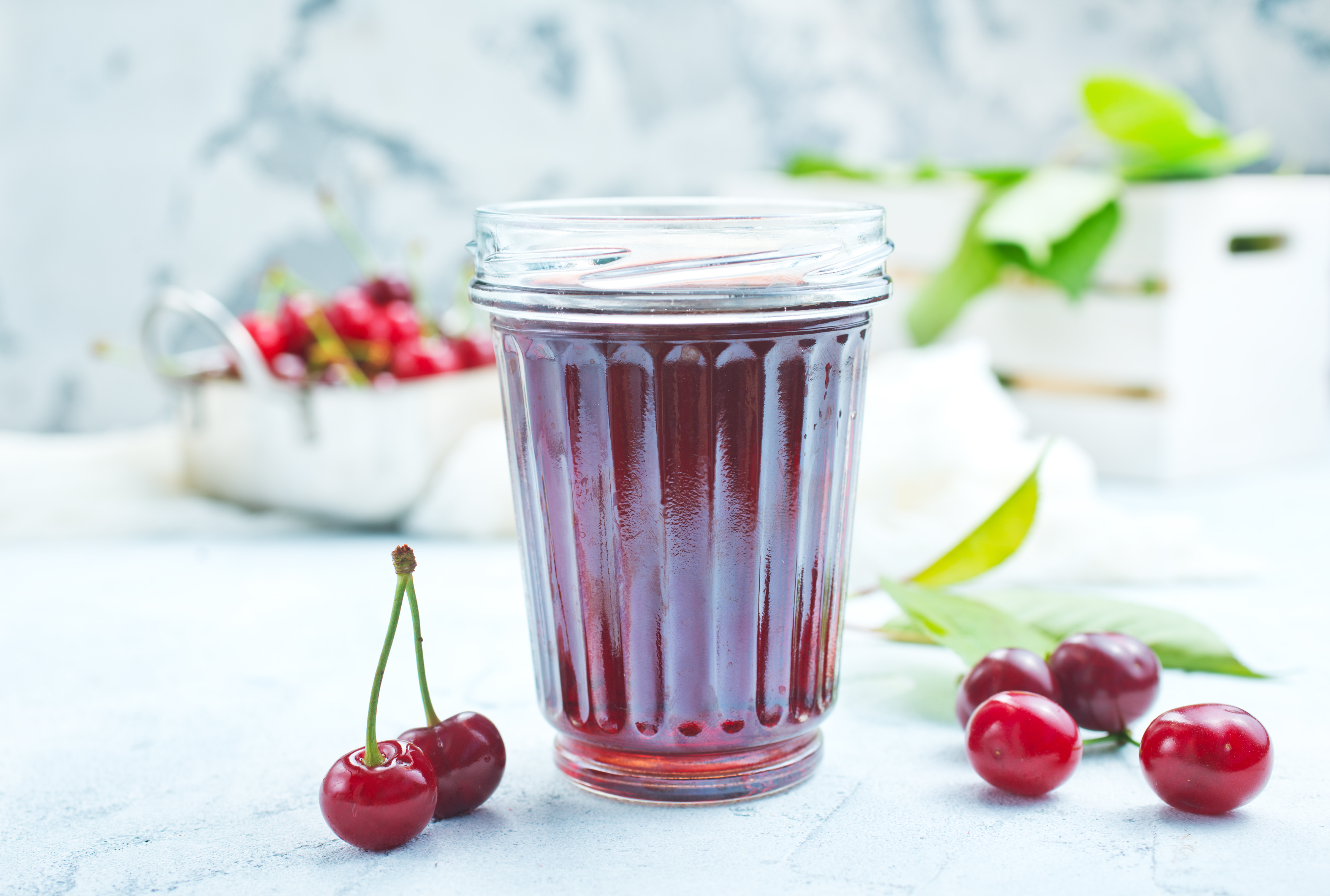
While many juices on the list are touted for their antioxidant content, tart cherry juice offers a unique, specific benefit. It's rich in a powerful class of antioxidants called phenolic compounds, particularly anthocyanins. These compounds are highly effective at reducing inflammation in the body, which directly impacts blood pressure. Chronic inflammation can cause arteries to stiffen and narrow, leading to hypertension. By drinking tart cherry juice, you’re not just providing a minor boost of antioxidants, you're actively calming an inflammatory response that can contribute to high blood pressure, making it a powerful and delicious anti-inflammatory elixir.
12. Whey Protein: A Surprising Dairy Powerhouse
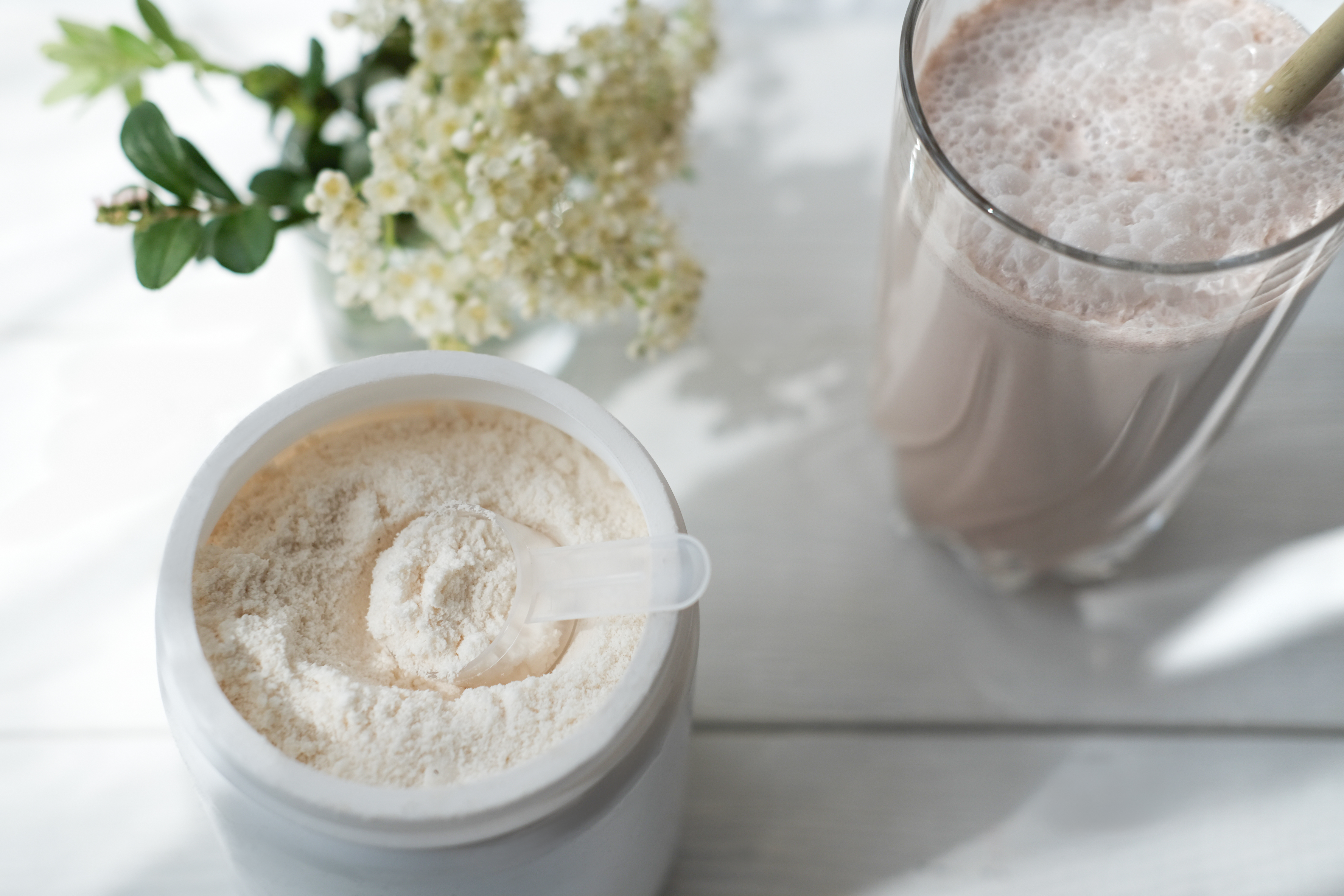
Low-fat milk is a good start, but whey protein offers a more concentrated and impactful solution. Studies show that consuming whey protein can lead to a significant reduction in both systolic and diastolic blood pressure. Whey contains bioactive peptides that act as ACE inhibitors, similar to a class of common blood pressure medications. By blocking these enzymes, whey helps relax blood vessels and lower blood pressure. A scoop of whey powder in a smoothie or mixed with water is a simple, effective way to get this blood-pressure-lowering benefit without the high sugar content found in many other protein sources.
13. Coconut Water: The Potassium Re-balancer
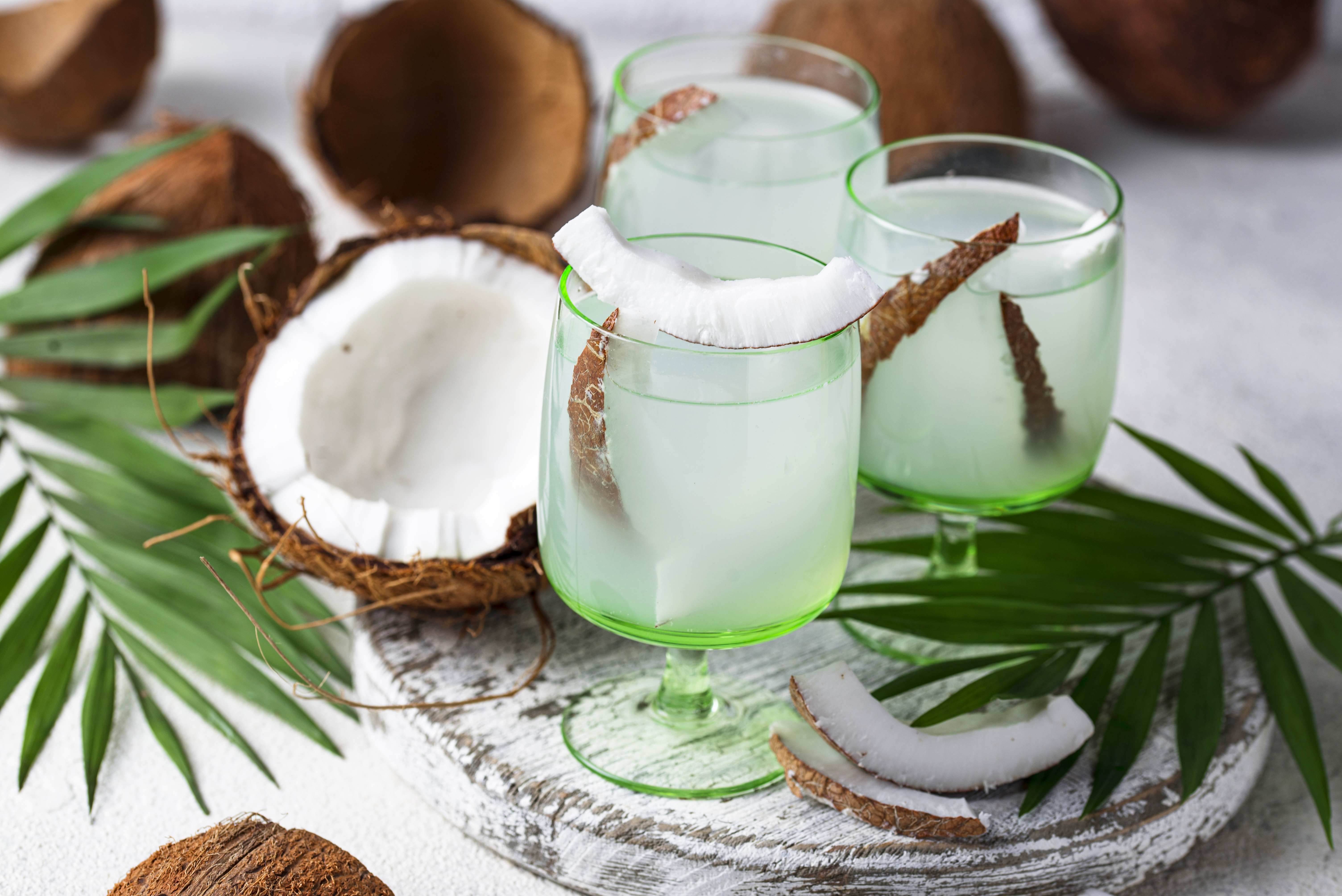
This natural electrolyte drink is more than just a tropical trend; it's a powerful tool for blood pressure management. While many beverages contain some potassium, coconut water is especially rich in this mineral. Potassium works to counteract the negative effects of sodium, helping to rebalance electrolytes and promote healthy blood pressure. When you consume too much sodium and not enough potassium, your body retains water, leading to increased blood volume and higher pressure. A glass of natural, unsweetened coconut water helps flush excess sodium from your system, making it an excellent, low-sugar way to restore balance and support a healthy heart.
14. Garlic Water: A Natural Vessel Dilator
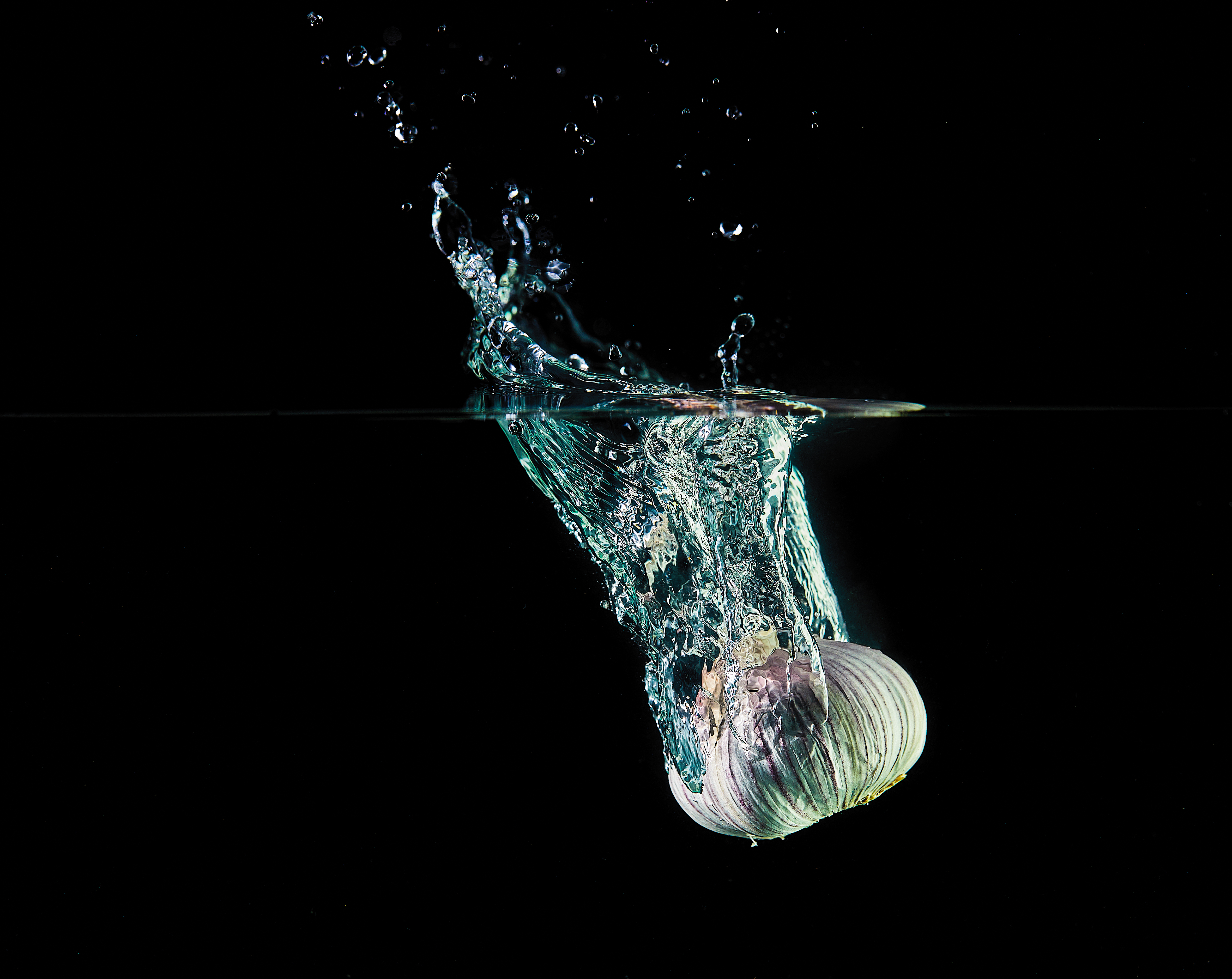
Garlic is often praised for its health benefits when cooked, but infusing it into water offers a potent, no-calorie way to get its blood-pressure-lowering properties. Garlic contains allicin, a sulfur compound that acts as a natural vasodilator. This means it helps blood vessels widen, which reduces resistance to blood flow and lowers pressure. To make it, simply mince a few cloves of garlic and add them to a glass of water, letting it sit for a few minutes before drinking. While the taste may be strong, this simple preparation delivers a powerful, direct effect on your vascular system.
15. Hot Cocoa (with Cacao): A Flavonoid-Rich Treat
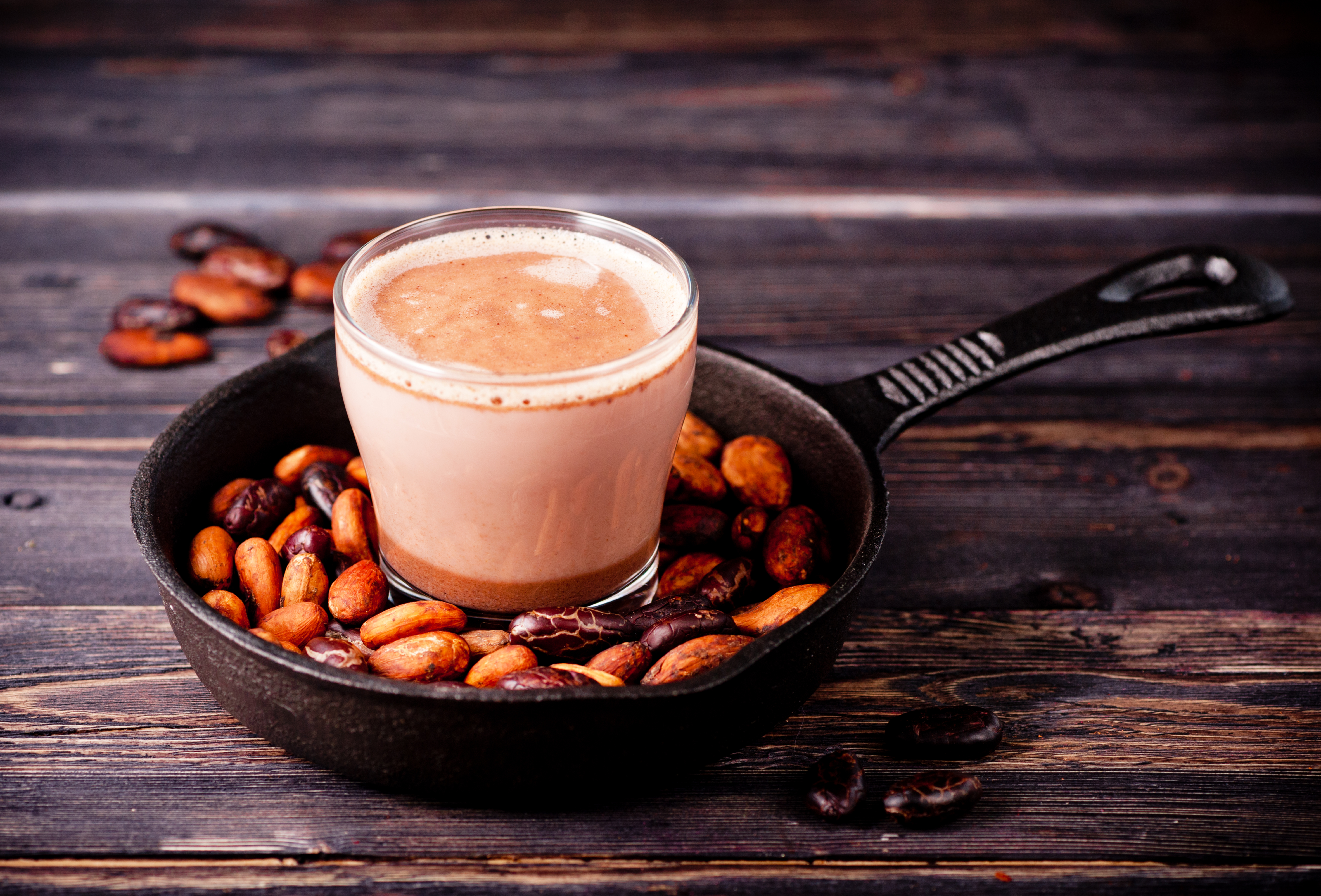
It's time to reclaim this comforting classic for your health. While sugary mixes are a no-go, a drink made with pure, unsweetened cacao powder can be incredibly beneficial. Cacao is one of the richest sources of flavonoids in the world. These compounds stimulate the production of nitric oxide, which dilates blood vessels and improves blood flow. Making a hot cocoa with unsweetened cacao and low-fat milk (as you've already mentioned) creates a delicious, soothing beverage that actively works to lower your blood pressure, proving that a treat can be both comforting and heart-healthy.
16. Tomato Juice: The Lycopene and Potassium Combo
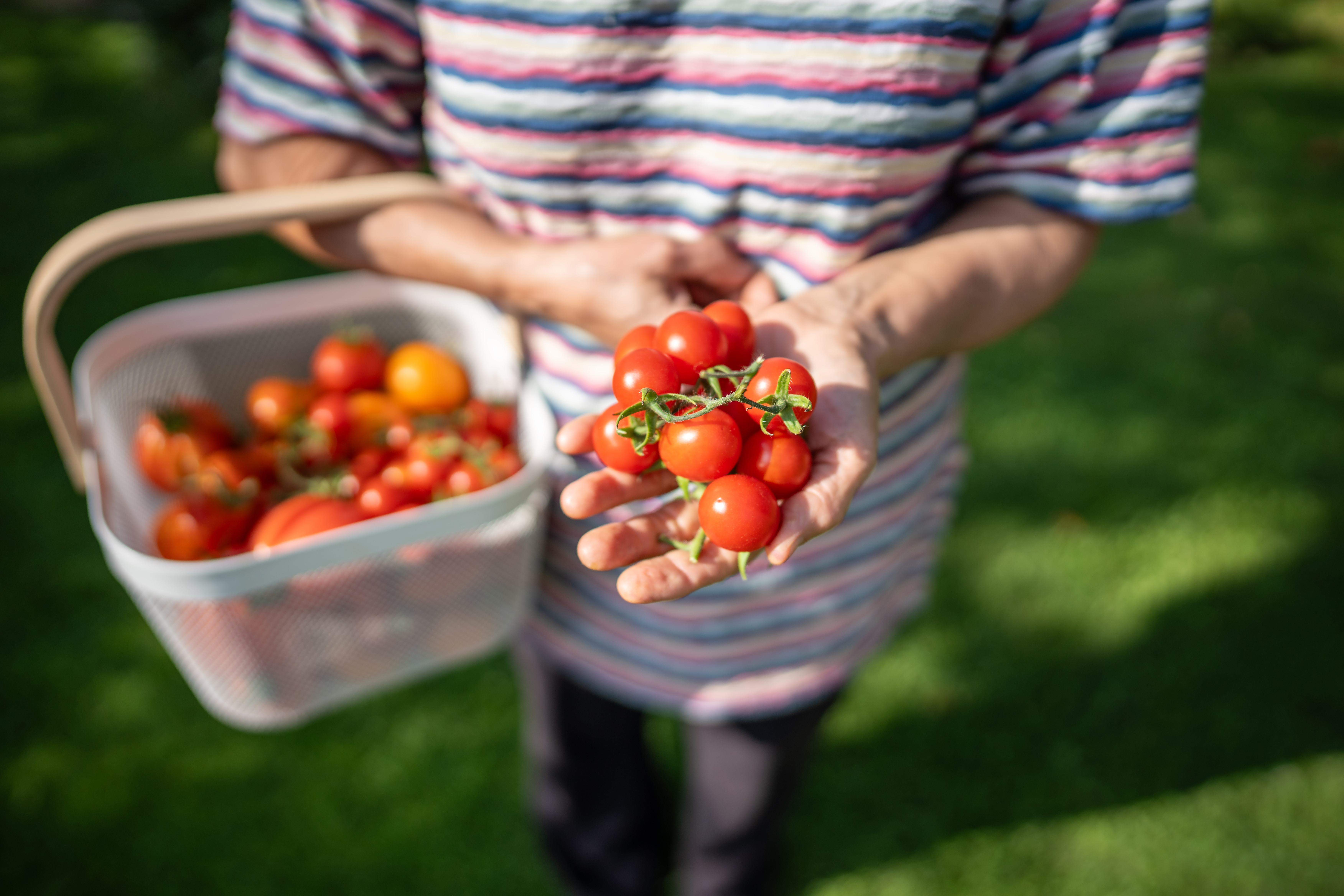
Tomato juice is more than just a savory drink; it's a potent ally against high blood pressure. It is packed with lycopene, a powerful antioxidant that helps improve blood vessel function and reduce cellular damage. Furthermore, tomato juice is rich in potassium, a mineral that counteracts the effects of sodium, helping to relax blood vessel walls and lower pressure. When choosing tomato juice, opt for a low-sodium or unsalted variety. A daily glass can provide a significant dose of these heart-healthy compounds, making it a simple and effective addition to a blood pressure management plan.
17. Carrot Juice: The Beta-Carotene and Fiber Blend
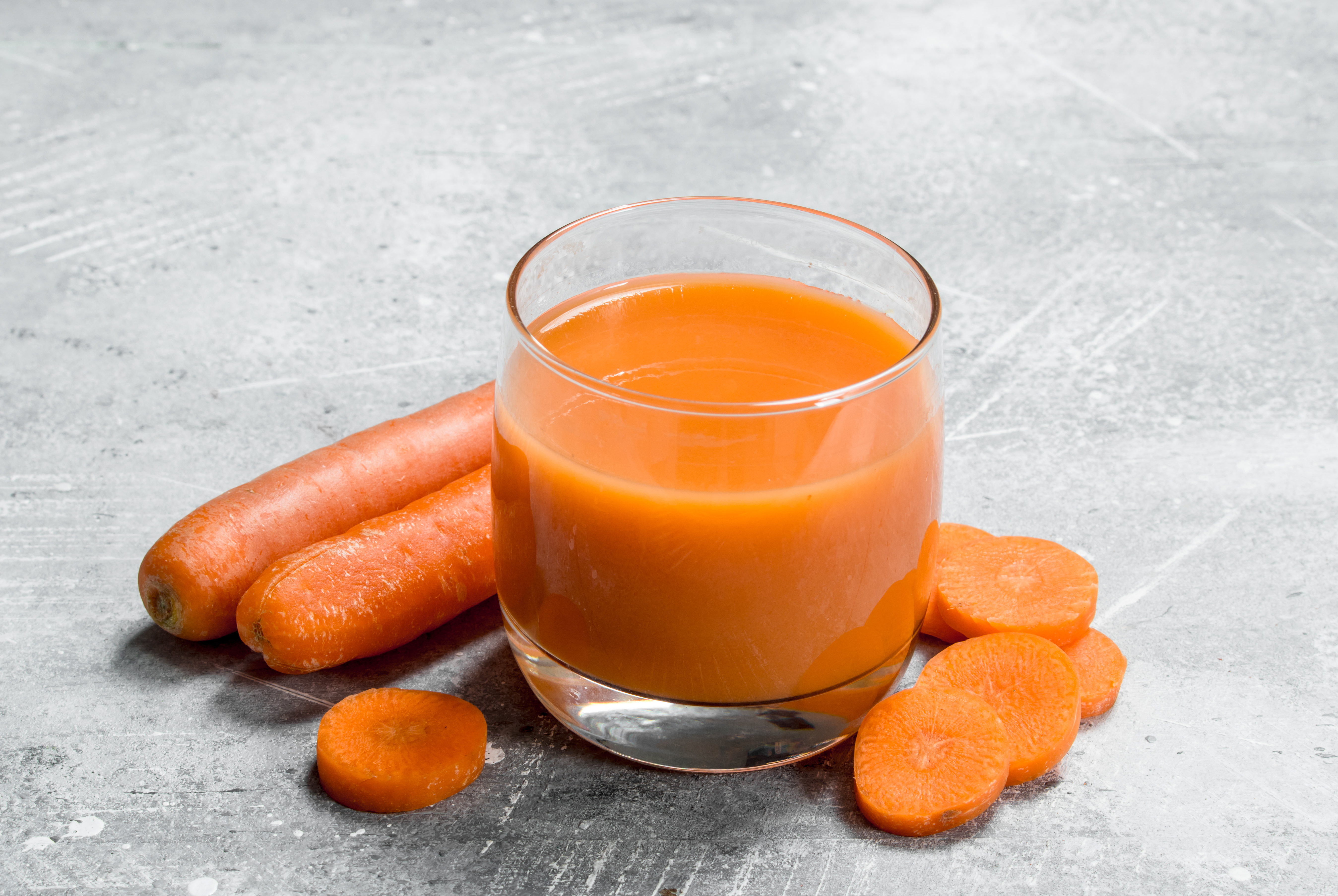
Carrot juice, with its sweet and earthy flavor, is a natural choice for lowering blood pressure. It's an excellent source of beta-carotene, a powerful antioxidant that protects cells from damage and reduces inflammation in the cardiovascular system. More importantly, it's rich in potassium and fiber, a combination that is a cornerstone of a heart-healthy diet. The fiber helps regulate blood sugar and cholesterol, while the potassium works to balance out sodium levels. By incorporating carrot juice into your routine, you are providing your body with a nutrient-dense beverage that actively supports healthy blood flow and circulation.
18. Lemon Water: The Subtle Heart Helper
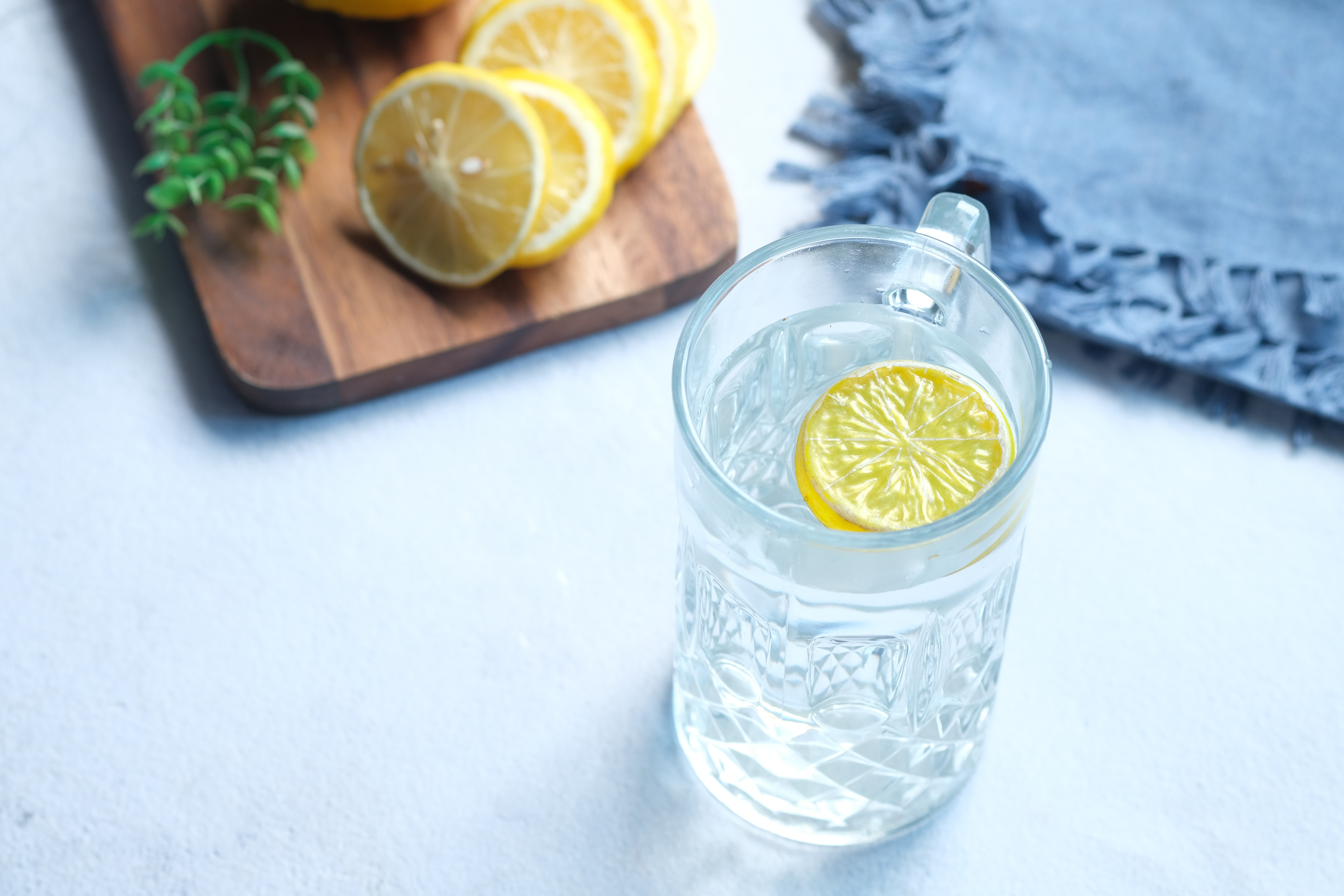
A simple glass of lemon water may seem unassuming, but it can be a surprisingly effective part of a blood pressure-lowering strategy. Lemons are a good source of potassium and flavonoids, both of which have been shown to help lower blood pressure. The potassium helps balance sodium levels, and the flavonoids promote blood vessel flexibility. Furthermore, drinking lemon water encourages proper hydration, which is crucial for maintaining healthy blood volume and preventing blood pressure spikes. Adding a squeeze of fresh lemon to your water provides a refreshing and calorie-free way to support your cardiovascular system without any added sugar or artificial ingredients.
19. Skim Milk: The Nutrient-Rich Heart Protector

While low-fat milk is on the list, it's worth highlighting skim milk for its specific advantages. It provides all the benefits of calcium, vitamin D, and protein without the added saturated fat, which can be a concern for heart health. Studies have consistently linked adequate calcium and vitamin D intake to a lower risk of hypertension. Calcium helps regulate the contraction and relaxation of blood vessels, and vitamin D is essential for its absorption. A glass of skim milk is a simple, effective, and accessible way to get these vital nutrients, making it a foundational beverage for anyone focused on preventing or managing high blood pressure.
20. Amla Juice: The Vitamin C and Antioxidant Powerhouse
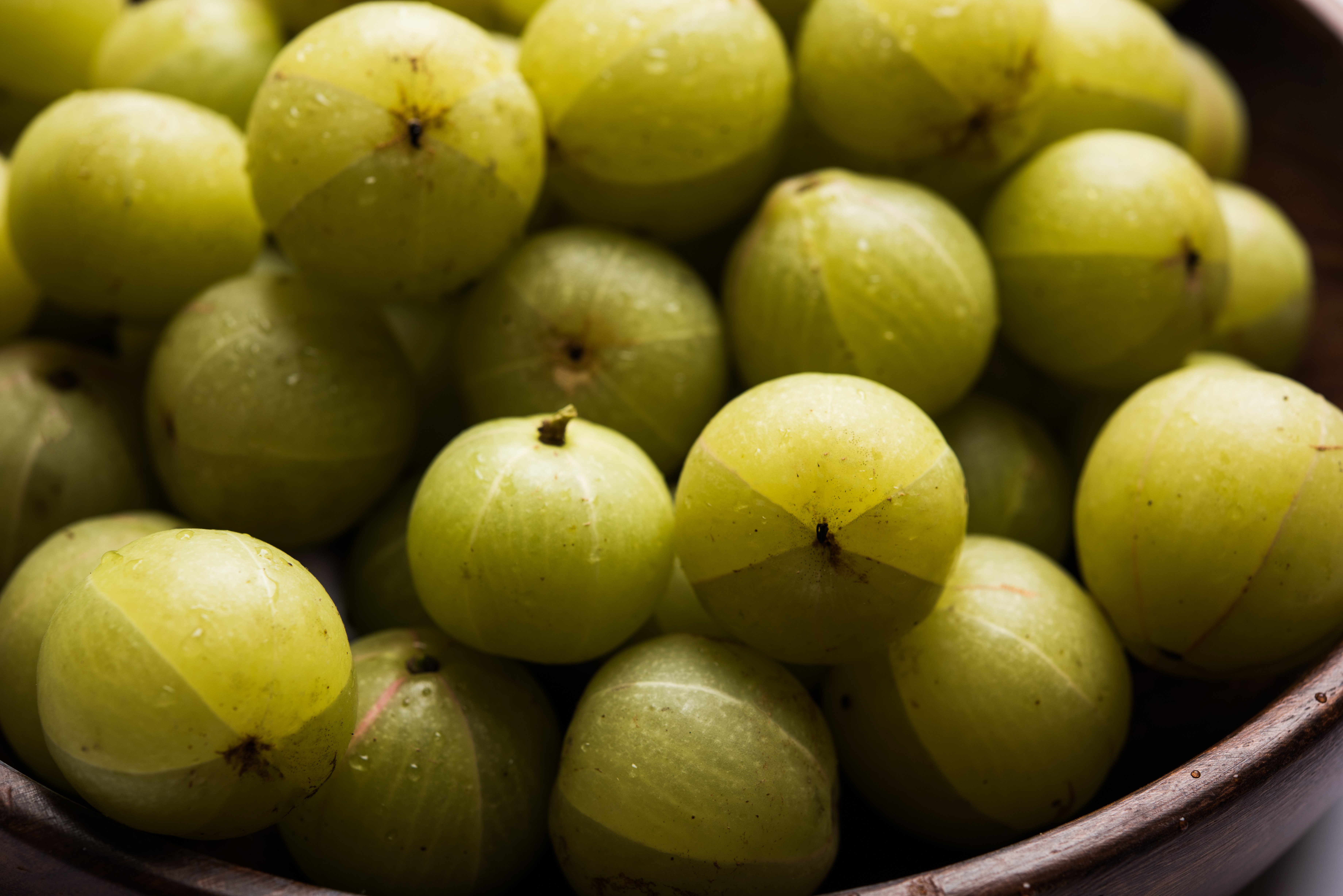
Amla, or Indian gooseberry, may be less common in Western diets, but its juice is a potent elixir for heart health. It is one of the richest natural sources of Vitamin C and contains a powerful blend of antioxidants. These compounds help reduce oxidative stress and inflammation in the arteries, which are key contributors to high blood pressure. Amla juice has been used in traditional medicine for centuries to support cardiovascular function. While its taste can be quite sour, a small amount mixed with water or other juices can provide a concentrated dose of its medicinal properties, making it a unique and powerful addition to your health regimen.
21. Flaxseed Water: The Omega-3 Infusion
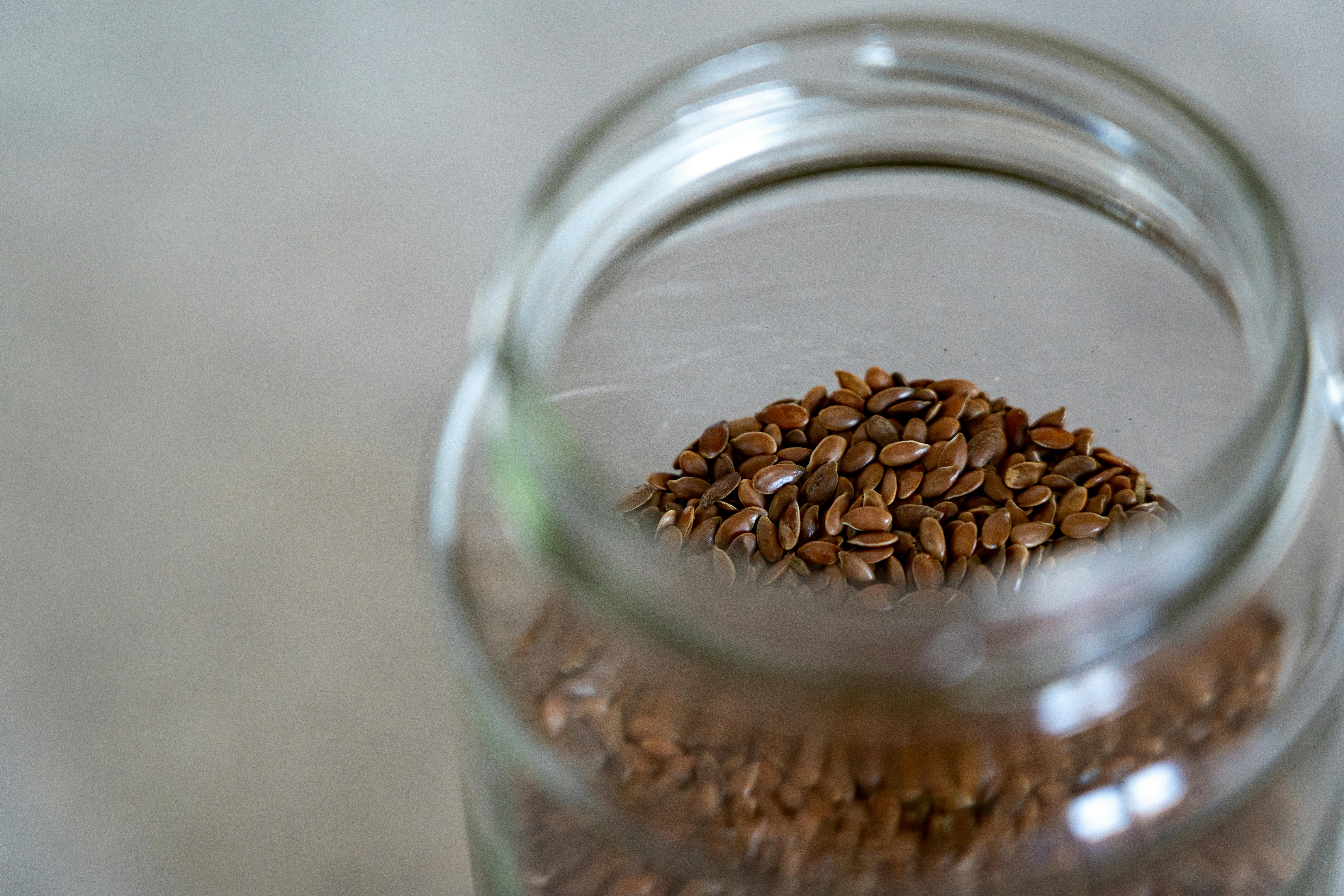
You know about flaxseed's health benefits, but did you know that simply infusing it in water can create a powerful blood pressure-lowering drink? Flaxseeds are one of the richest plant-based sources of alpha-linolenic acid (ALA), an omega-3 fatty acid. Studies show that regular intake of ALA can reduce both systolic and diastolic blood pressure. To make it, simply mix a tablespoon of ground flaxseed into a glass of water and let it sit for a few minutes. The seeds release their beneficial compounds, and the result is a slightly nutty, nearly tasteless beverage that provides a direct infusion of heart-healthy omega-3s and fiber.
22. Ginger Tea: The Enzyme Inhibitor
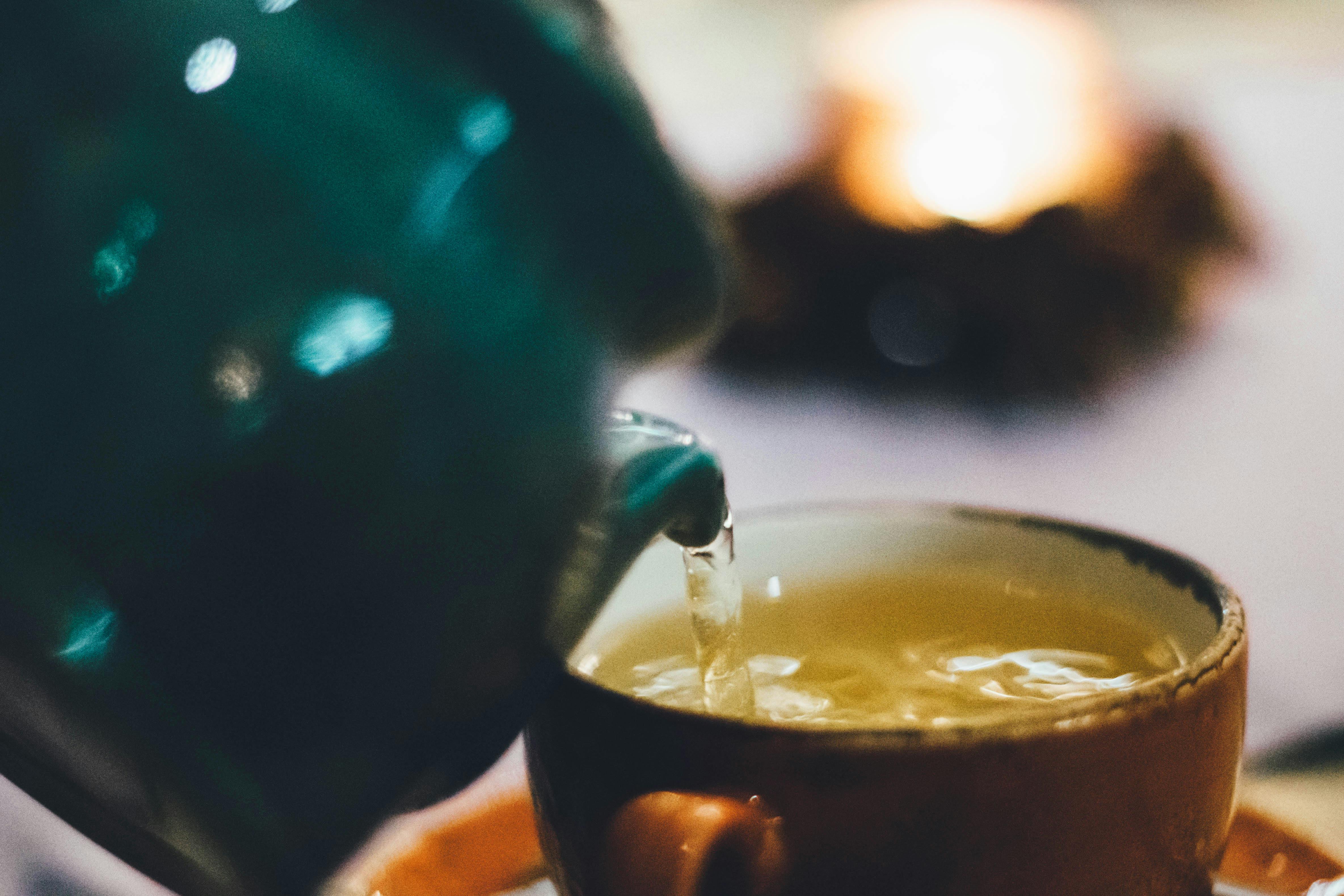
Ginger is a powerful anti-inflammatory and digestive aid, but its effects on blood pressure are often overlooked. Research suggests that ginger can act as a natural calcium channel blocker, a mechanism similar to a class of common blood pressure medications. Calcium channels in your blood vessels allow calcium to enter, causing the vessel walls to constrict. By blocking these channels, ginger helps relax and widen the vessels, improving blood flow and reducing pressure. Simply steeping a few thin slices of fresh ginger in hot water creates a soothing, spicy tea that can provide a real therapeutic benefit.
23. Dandelion Tea: The Gentle Diuretic
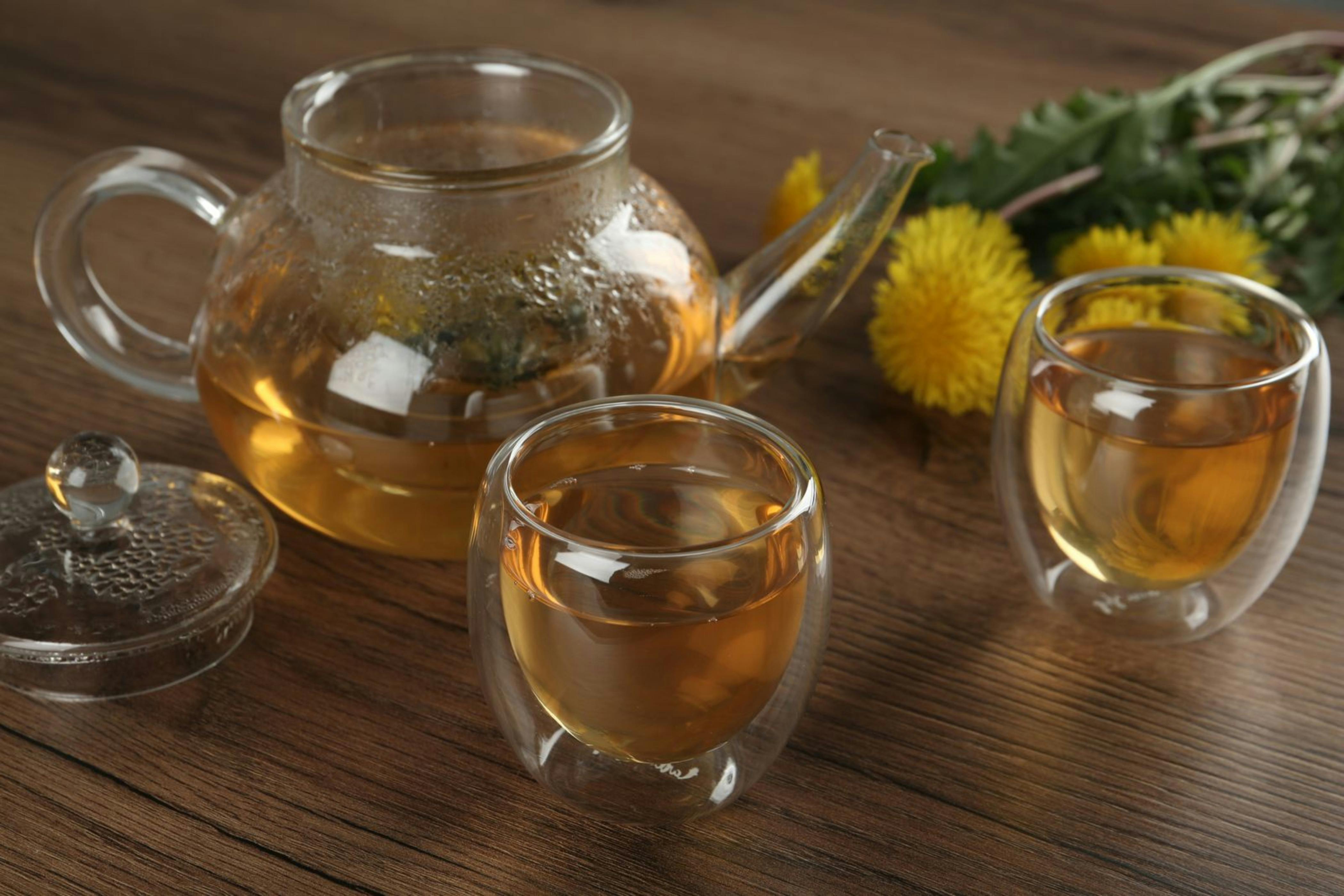
Most diuretics are a class of medication, but dandelion tea offers a gentle, natural alternative. The leaves of the dandelion plant are a natural diuretic, meaning they help your kidneys excrete more sodium and water. This process reduces the total volume of blood in your circulatory system, which in turn lowers blood pressure. Unlike some diuretic medications, dandelion tea is also a good source of potassium, which helps maintain a healthy electrolyte balance. Enjoying a cup of this mild, earthy tea can be a proactive way to manage fluid retention and reduce the burden on your cardiovascular system.
24. Black Tea: The Flavonoid Force

While green tea is often the star, its black tea cousin offers similar, yet distinct, benefits for heart health. Black tea is rich in theaflavins and catechins, powerful flavonoids that improve blood vessel function and reduce inflammation. Studies have shown that regular consumption of black tea can lead to a significant reduction in blood pressure. The key is to drink it without sugar or cream, which can negate the health benefits. Its robust flavor and widespread availability make it an easy and enjoyable addition to your daily routine that can help lower your risk of heart disease.
25. Kefir: The Probiotic Powerhouse
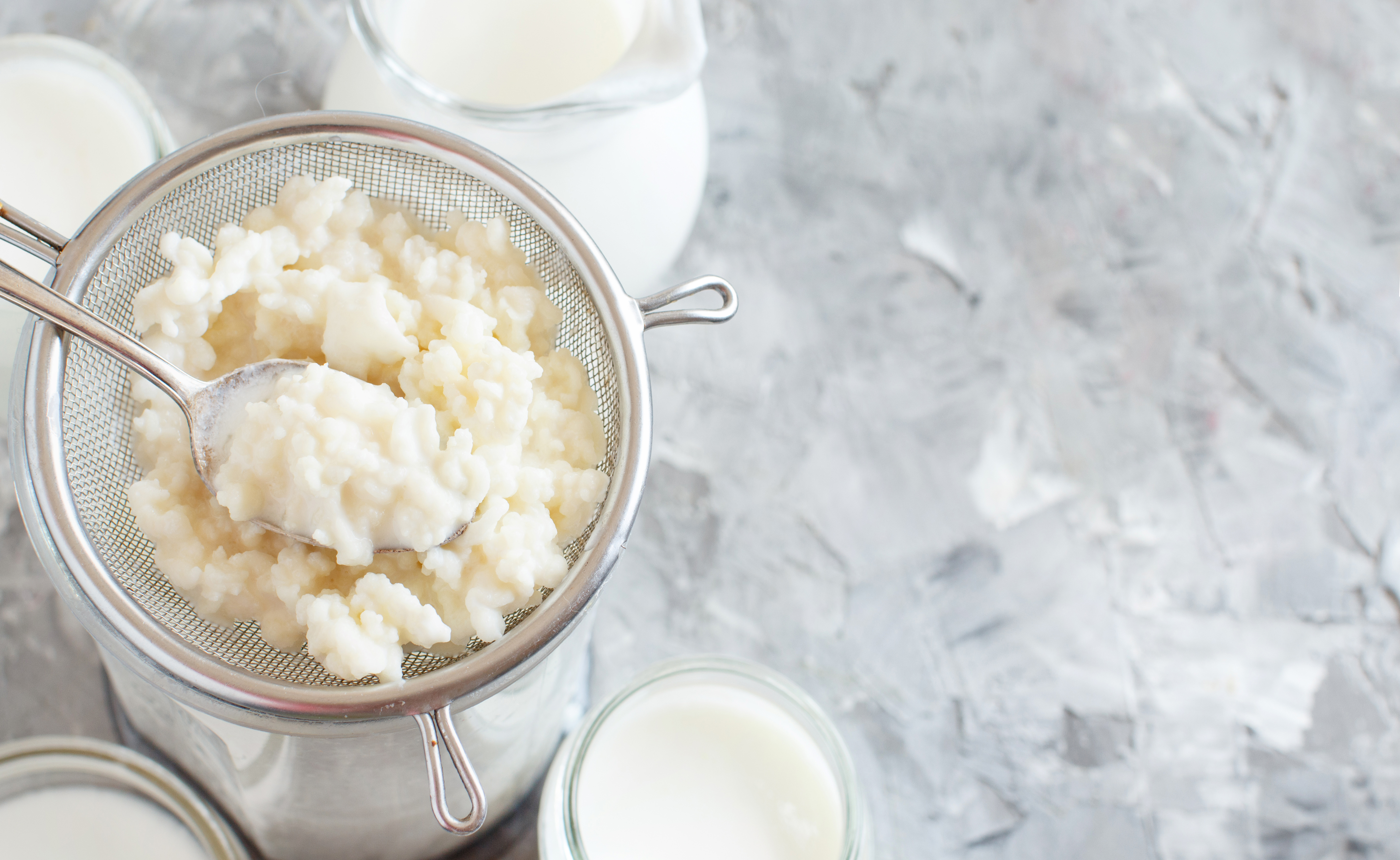
While many fermented drinks are high in sodium, kefir stands out as a unique and effective heart-healthy option. This fermented milk drink is a rich source of probiotics, or beneficial bacteria. Emerging research shows a strong connection between a healthy gut microbiome and lower blood pressure. The probiotics in kefir may help lower blood pressure by regulating cholesterol levels, reducing inflammation, and producing bioactive compounds that act as natural ACE inhibitors, relaxing your arteries. Choosing plain, unsweetened kefir is the best way to get these benefits without the added sugar that can harm heart health.
26. Chamomile Tea: The Stress-Reducing Sip
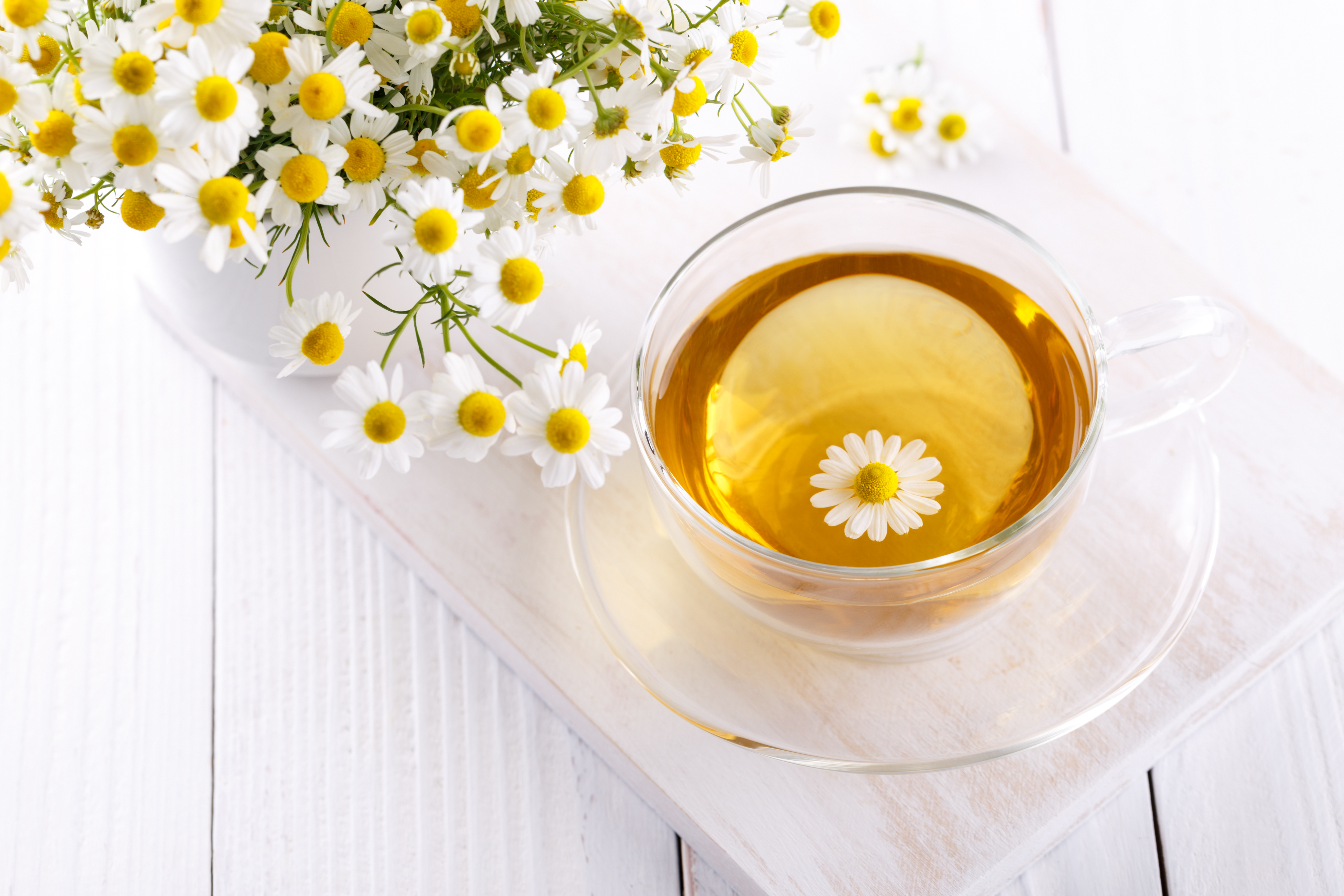
While many teas focus on specific compounds that affect blood vessels, chamomile tea works on a more fundamental level: by calming the nervous system. Chronic stress is a major contributor to high blood pressure, causing the body to release hormones like cortisol that constrict blood vessels and elevate heart rate. Chamomile contains apigenin, an antioxidant that binds to specific brain receptors to reduce anxiety and promote relaxation. By regularly sipping on this soothing, floral tea, you are not only hydrating but also directly addressing a root cause of hypertension, making it a peaceful and proactive choice for managing blood pressure.
27. Carrot and Celery Juice: The Synergistic Blend
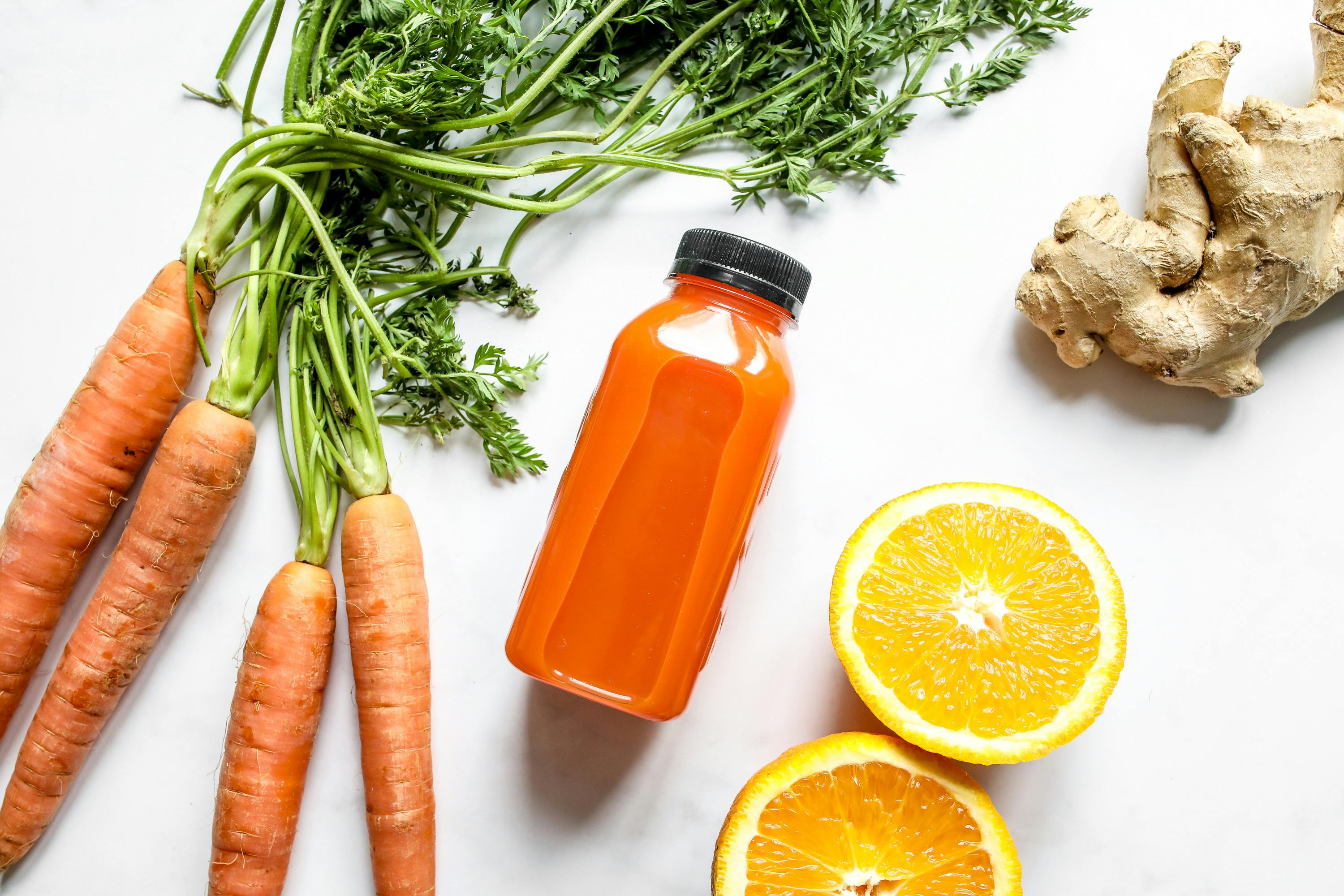
Carrot juice on its own is a great source of potassium, but when combined with celery juice, you create a powerhouse for blood pressure management. Celery contains compounds called phthalides that relax the smooth muscles lining your artery walls, which allows the vessels to widen and blood to flow more freely. This effect, combined with the potassium and beta-carotene from the carrots, creates a synergistic action. A fresh, homemade juice of carrots and celery provides a potent, natural way to improve circulation and reduce the strain on your cardiovascular system.
28. Oolong Tea: The Polyphenol Paradox
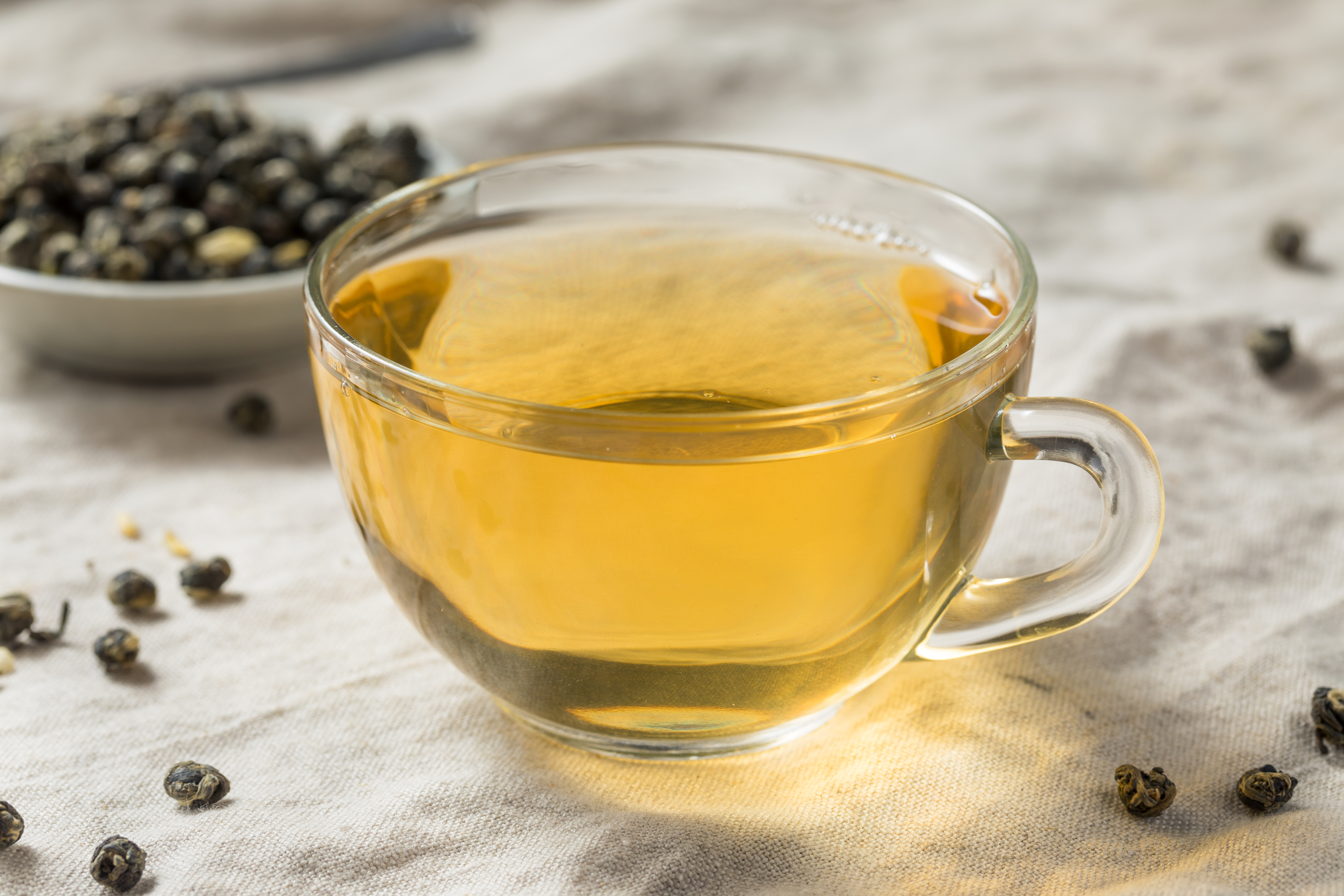
Oolong tea, a traditional Chinese tea that falls between green and black tea in terms of oxidation, has a unique profile of polyphenols that can be highly effective for blood pressure. Unlike black or green tea, oolong tea contains distinct polymerized polyphenols that have been shown to inhibit the enzyme that raises blood pressure. Regular consumption of oolong tea can lead to a significant, sustained reduction in both systolic and diastolic blood pressure. Its unique floral and roasted notes make it a delicious and interesting alternative that offers a direct therapeutic benefit for your heart.
29. Wheatgrass Juice: The Chlorophyll and Magnesium Shot
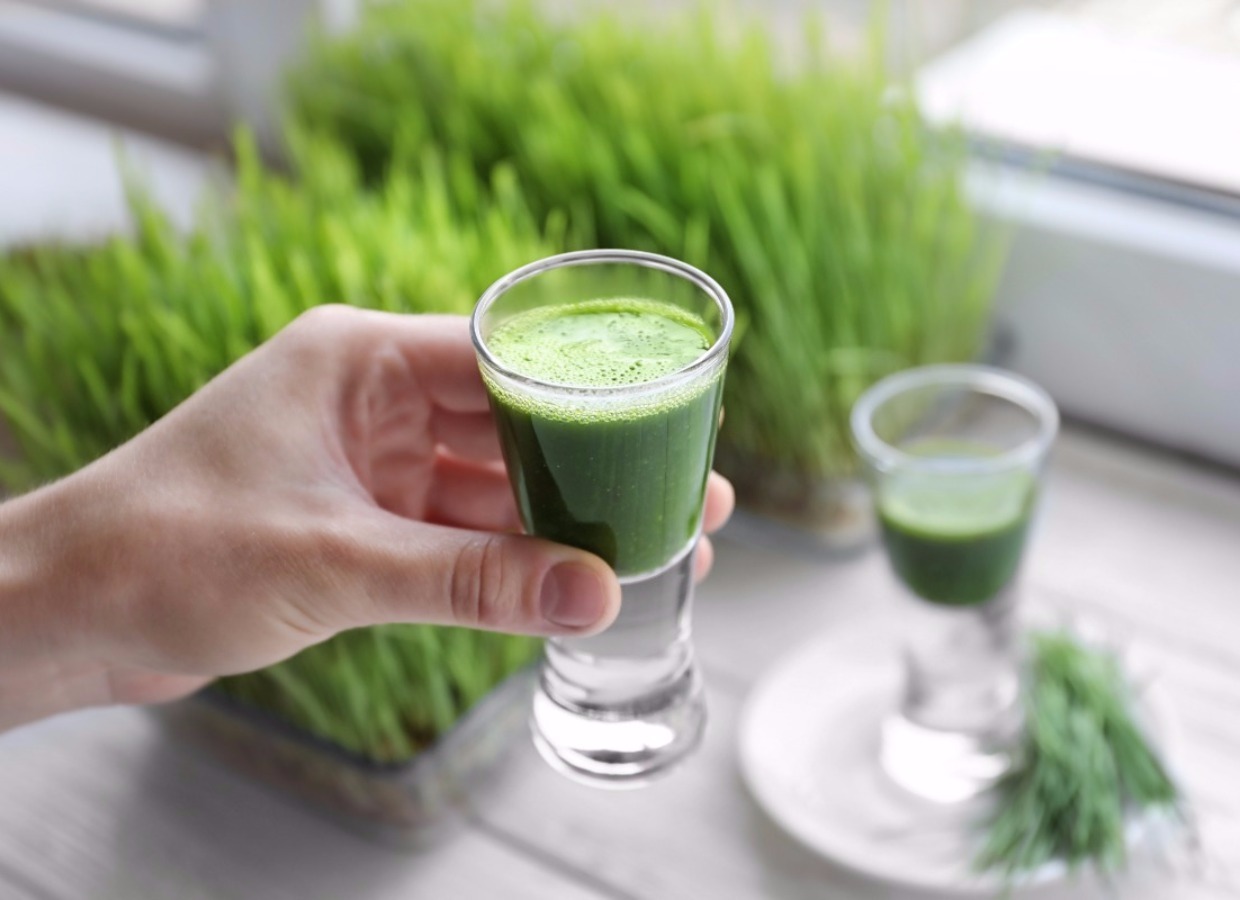
Wheatgrass is more than a wellness fad; its juice is packed with nutrients that directly impact blood pressure. It is an excellent source of chlorophyll, which is believed to have a molecular structure similar to hemoglobin and can help improve oxygen transport in the blood. Additionally, wheatgrass is rich in magnesium, a mineral that plays a crucial role in blood pressure regulation by helping to relax blood vessels and improve blood flow. Taking a small shot of fresh wheatgrass juice is a concentrated way to get a powerful dose of these key nutrients and support a healthy cardiovascular system.
30. Grape Juice (with Pulp): The Resveratrol and Fiber Boost
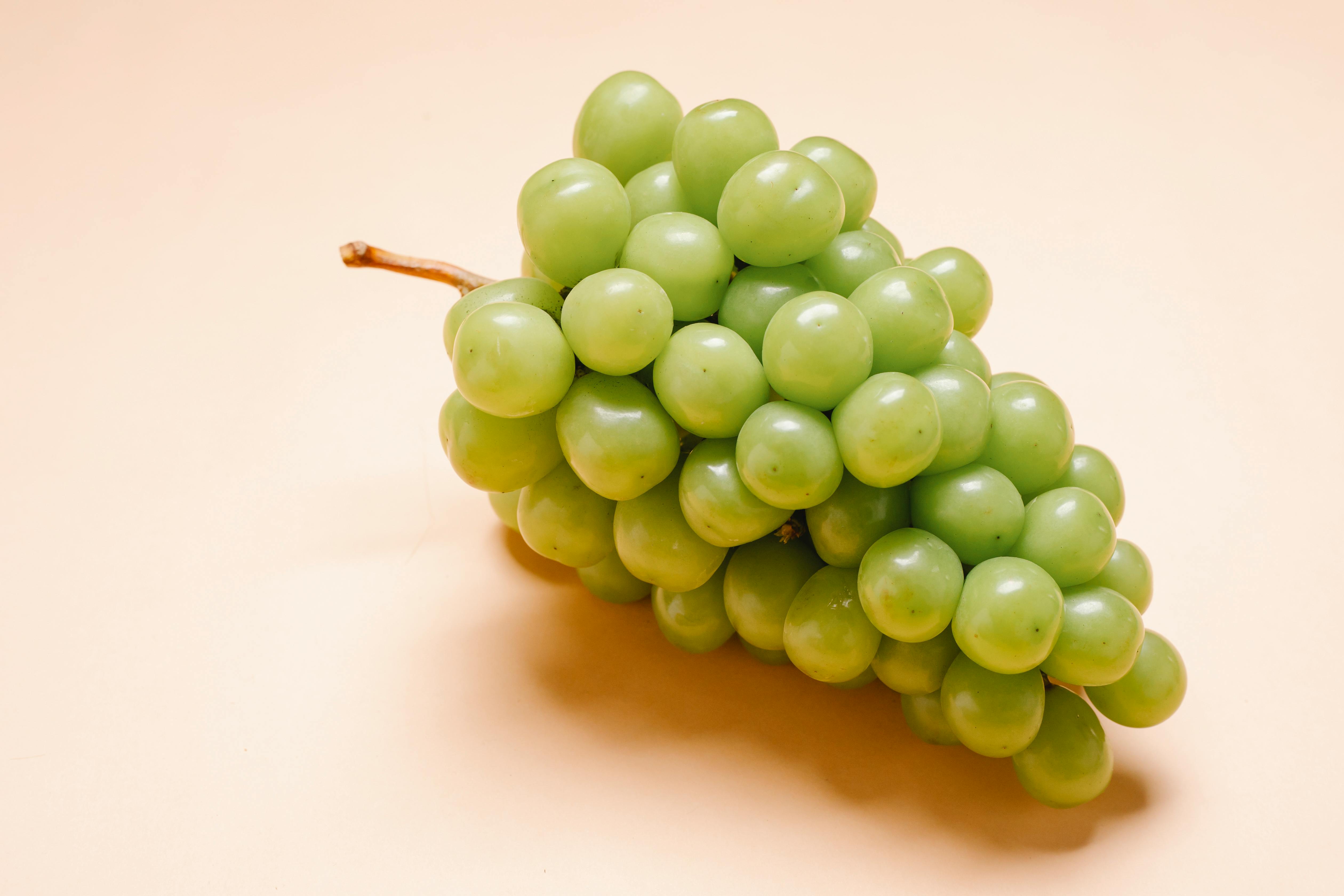
While many juices are filtered, choosing grape juice with the pulp included offers a hidden advantage. The skins and seeds of grapes contain resveratrol, a potent antioxidant that helps prevent cellular damage in the arteries and promotes blood vessel dilation. The pulp, which is often discarded, contains soluble fiber that helps lower cholesterol and improve overall cardiovascular health. Opting for a dark purple or red grape juice with pulp is an excellent way to get the combined benefits of resveratrol's blood pressure-lowering effects and the heart-healthy fiber that can aid in blood pressure management.
31. Kombucha: The Probiotic & Enzyme Booster
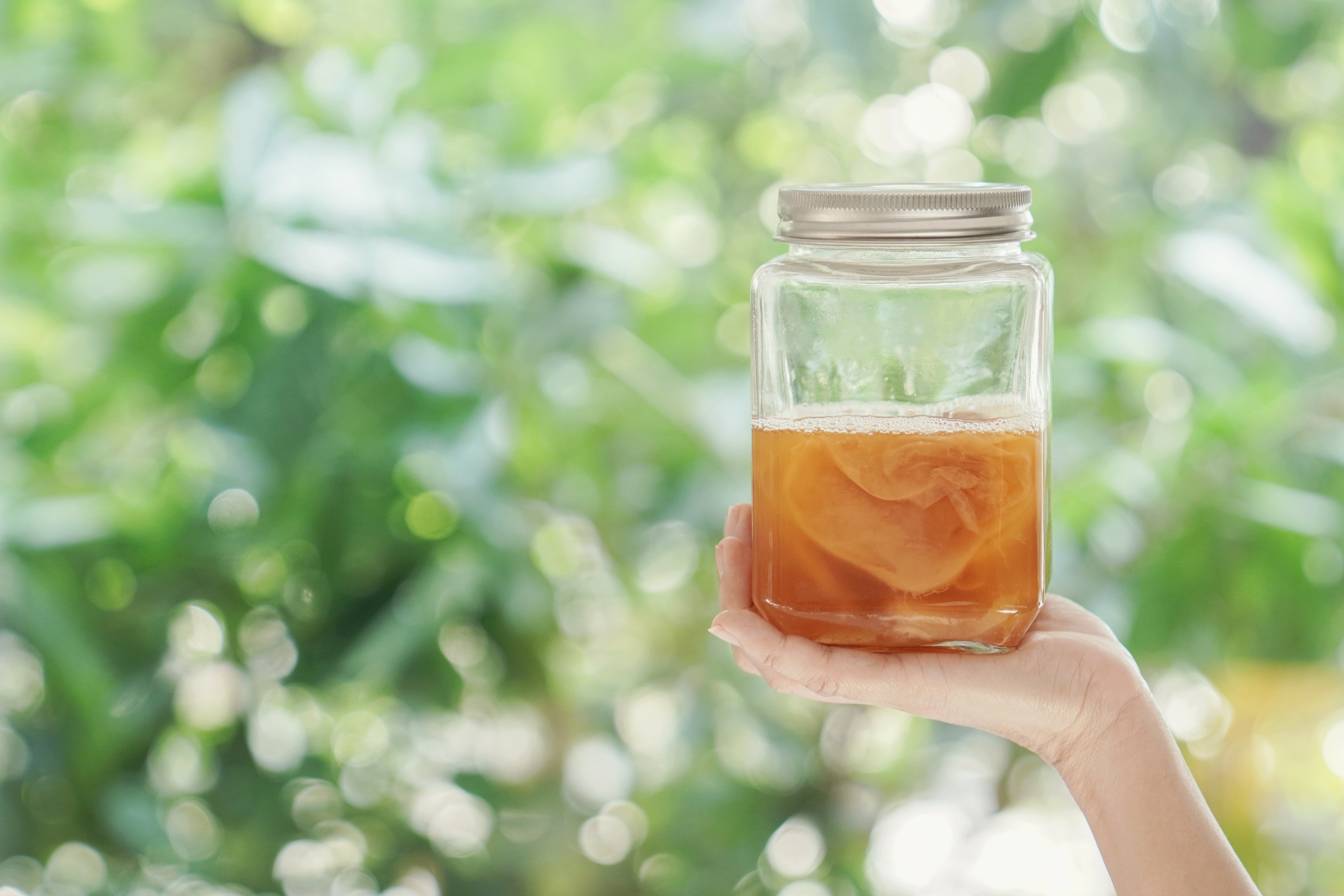
While kefir is a great option, kombucha offers similar gut-health benefits with a different flavor profile. This fizzy, fermented tea is made with a SCOBY (Symbiotic Culture of Bacteria and Yeast) and is rich in probiotics and beneficial enzymes. A healthy gut microbiome is now recognized as a key player in regulating blood pressure. The probiotics in kombucha may help improve the body's metabolism and reduce inflammation, which can indirectly lower blood pressure. When choosing kombucha, be sure to pick a low-sugar or unsweetened variety to get the benefits without the negative effects of added sugar.
32. Almond Milk (Unsweetened): The Magnesium & Potassium Elixir
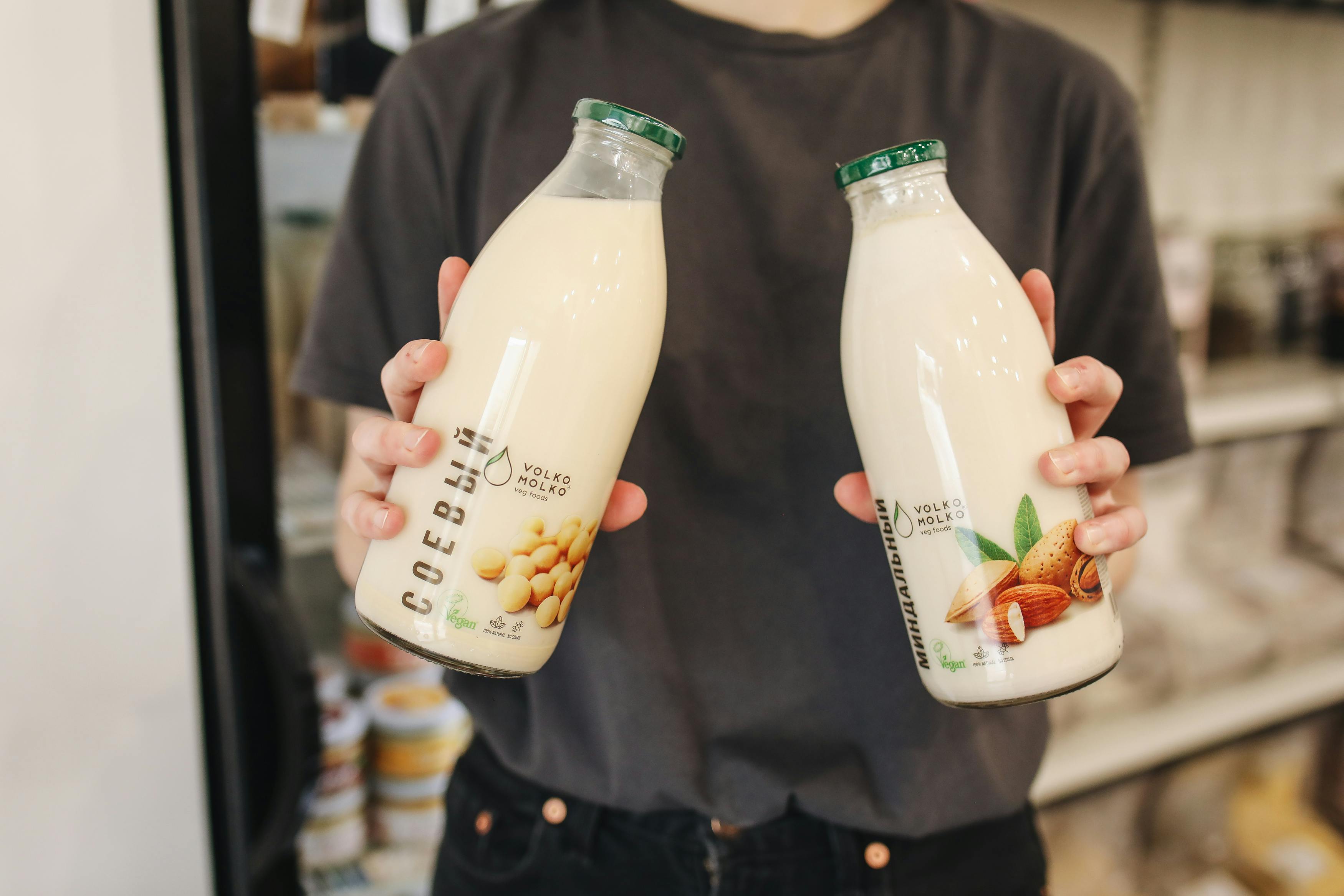
For those who don't drink dairy, unsweetened almond milk is an excellent alternative that can still support healthy blood pressure. It is a good source of both magnesium and potassium, two minerals that are crucial for blood pressure regulation. Magnesium helps relax blood vessels and plays a key role in muscle and nerve function, while potassium works to counterbalance the negative effects of sodium. By opting for the unsweetened version, you avoid the blood sugar spikes and inflammation that can come with added sugars, making this a simple and heart-healthy choice.
33. White Tea: The Gentle Antioxidant Source
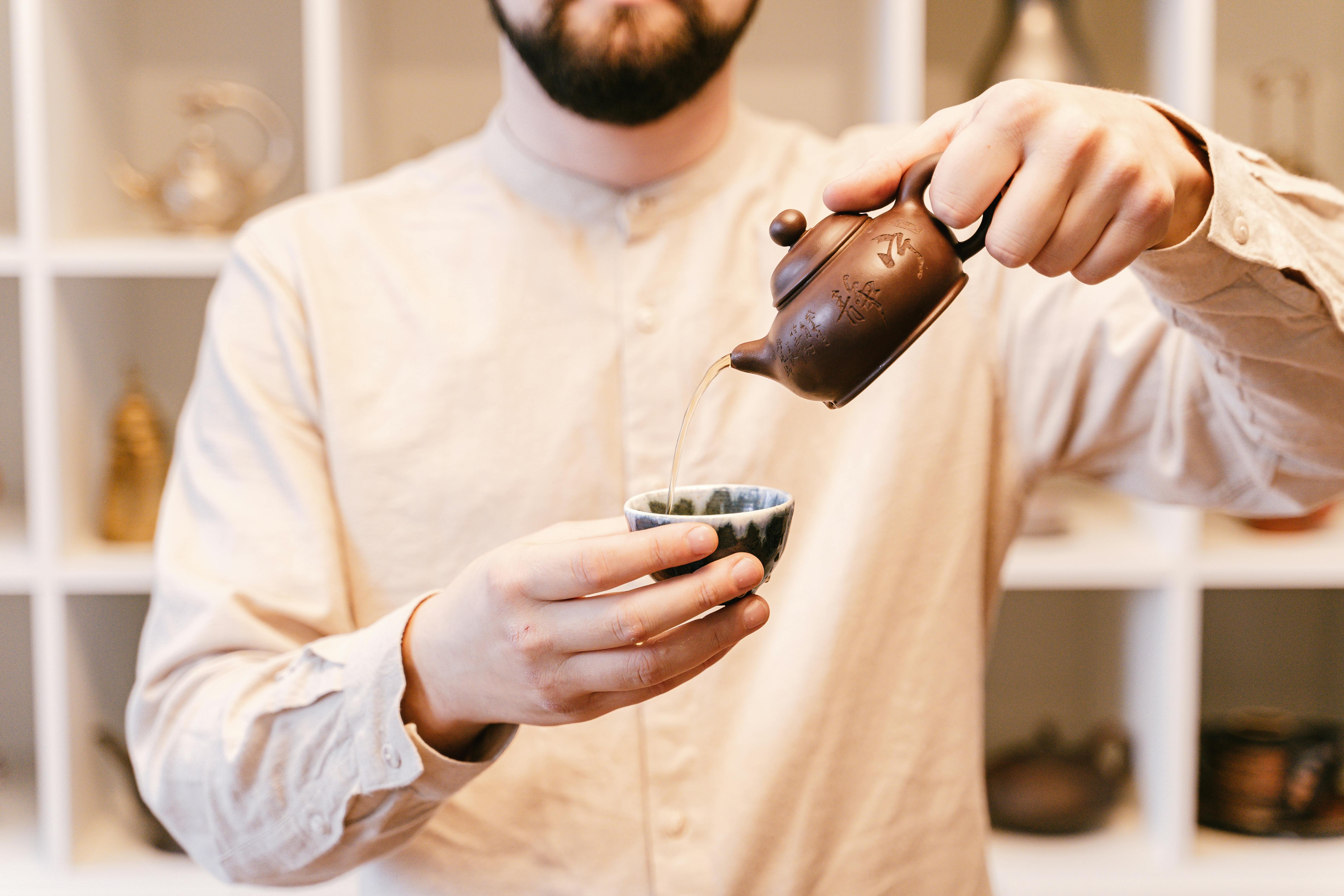
Often overshadowed by green and black tea, white tea is the least processed of all teas, which means it retains a high concentration of catechins, a type of antioxidant that is excellent for blood vessel health. White tea has a delicate, subtle flavor and is very low in caffeine, making it a soothing, calming drink that can be enjoyed throughout the day. Its potent antioxidants help improve the function of the endothelium, the inner lining of blood vessels, which promotes better blood flow and helps to naturally reduce blood pressure.
34. Parsley Juice: The Nutrient-Dense Diuretic
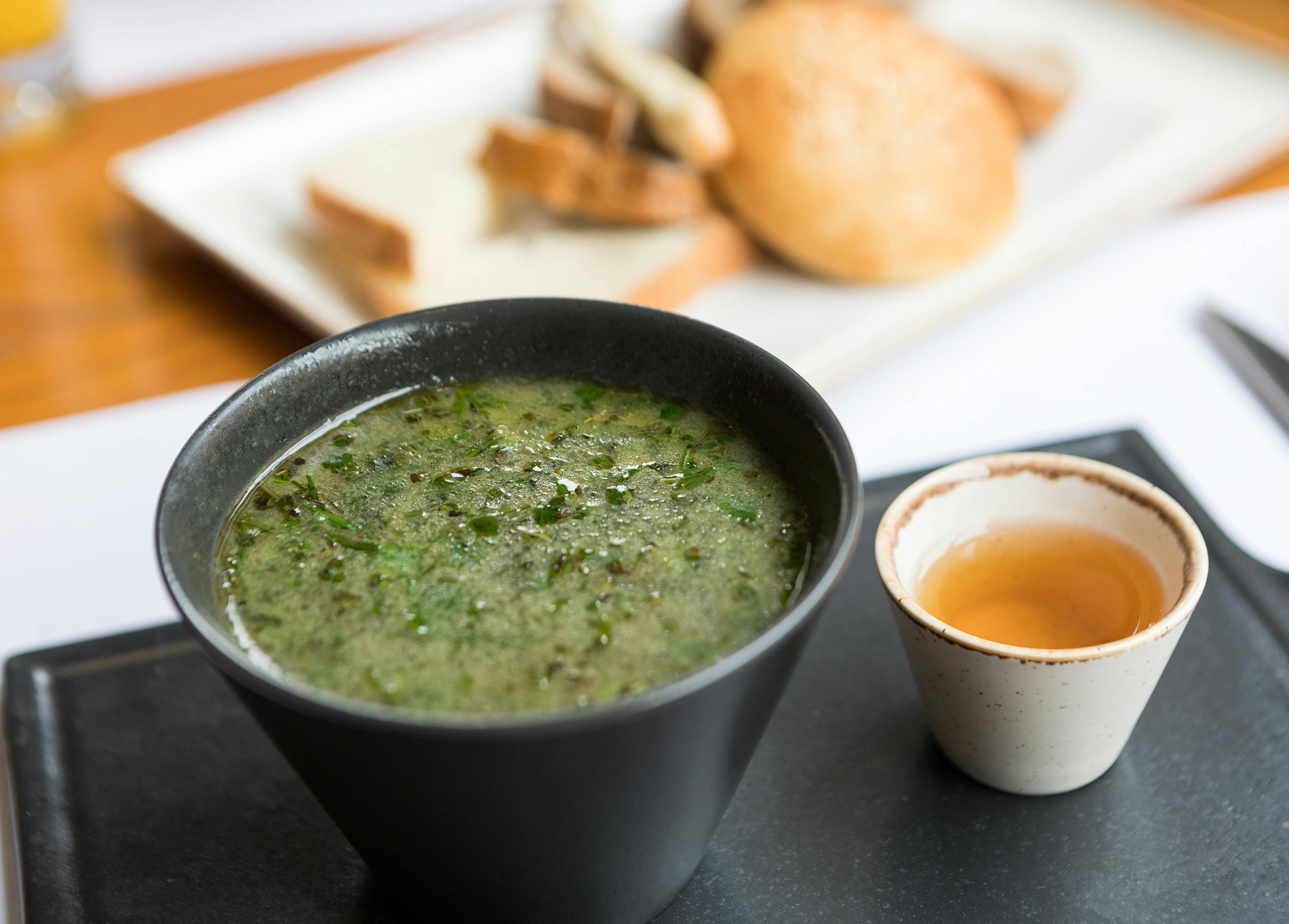
Don't dismiss this common garnish as just a decoration. Parsley is a powerful natural diuretic, meaning it helps your body eliminate excess sodium and water, reducing blood volume and subsequently lowering blood pressure. It is also packed with nutrients like vitamin K and a host of antioxidants that protect blood vessels from damage. To get a therapeutic dose, try juicing fresh parsley with a little cucumber or apple. This is an incredibly nutrient-dense way to support your kidneys and cardiovascular system.
35. Apple Cider Vinegar (with 'The Mother'): The Acetic Acid Ally
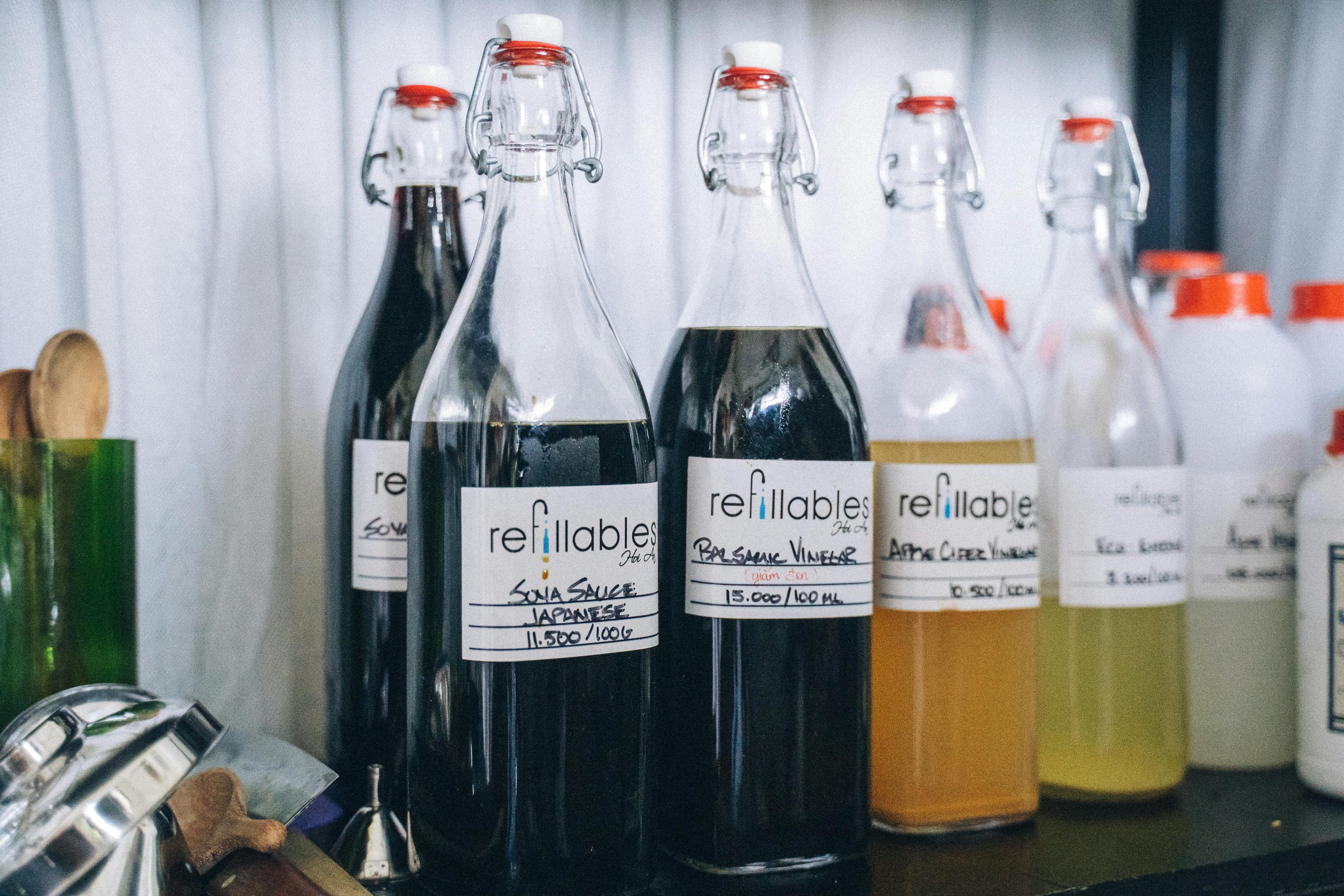
While it might not be a delicious beverage on its own, a small amount of apple cider vinegar (ACV) mixed into water can be a simple, effective addition to your routine. ACV contains acetic acid, which has been shown in some studies to help lower blood pressure by regulating the activity of the enzyme renin, which is involved in blood pressure control. Make sure to use an unfiltered ACV that contains "the mother," a culture of beneficial bacteria, which also provides gut health benefits. Drinking a tablespoon of ACV mixed in a glass of water can be a proactive step towards a healthier heart.
36. Hawthorn Berry Tea: The "Heart Herb"
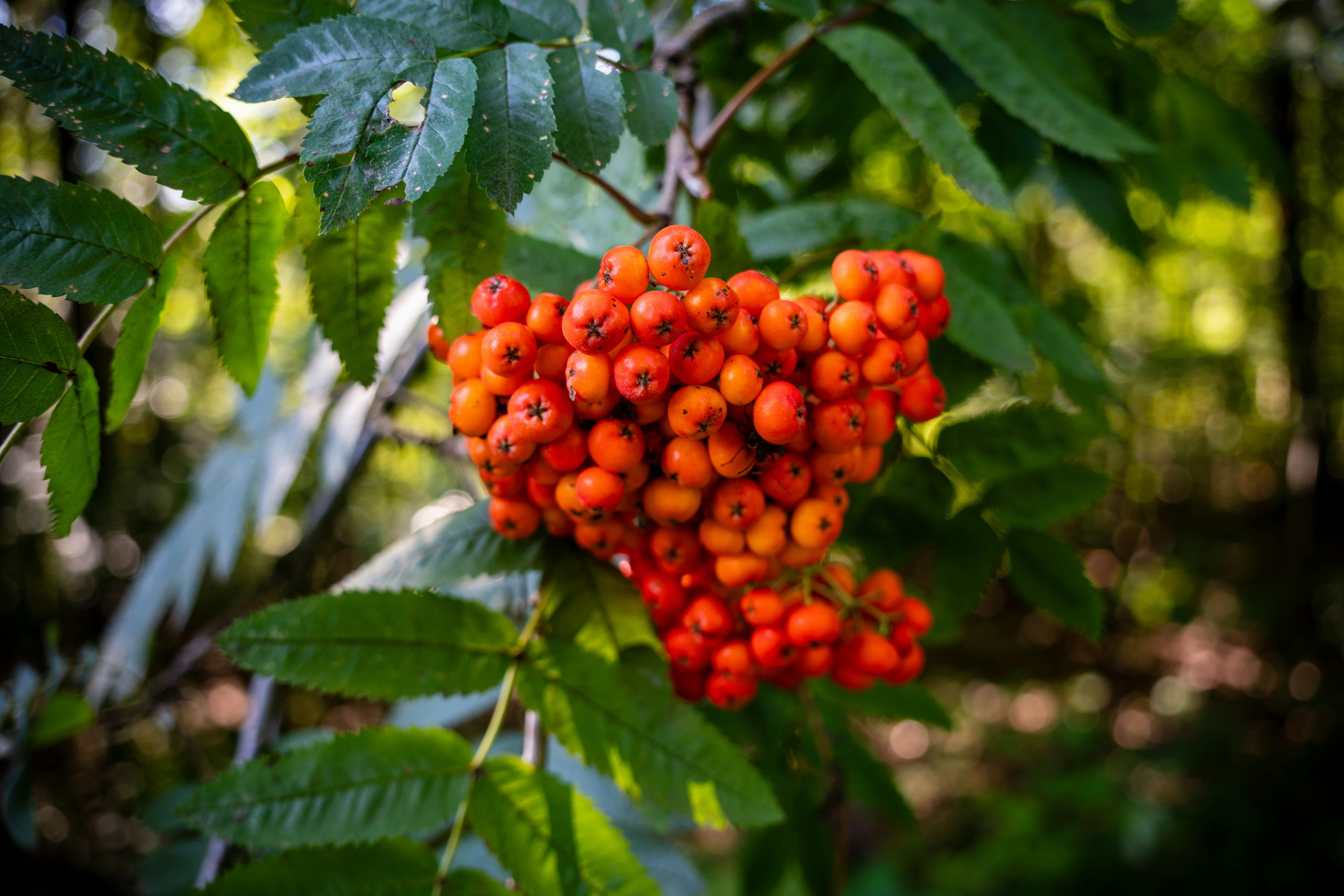
Hawthorn has been used for centuries in traditional medicine as a cardio-tonic, and modern science is catching on. Hawthorn berries, leaves, and flowers are rich in flavonoids and oligomeric proanthocyanidins (OPCs), compounds that relax and dilate blood vessels. This effect is twofold: it improves blood flow and reduces the resistance against which your heart has to pump. Hawthorn also strengthens the heart muscle's ability to contract, which makes each heartbeat more efficient and less taxing. Drinking a tea made from dried hawthorn berries is a gentle, natural way to support overall heart function, making it an excellent addition to a blood pressure-management routine.
37. Pu-erh Tea: The Gut-Heart Connection
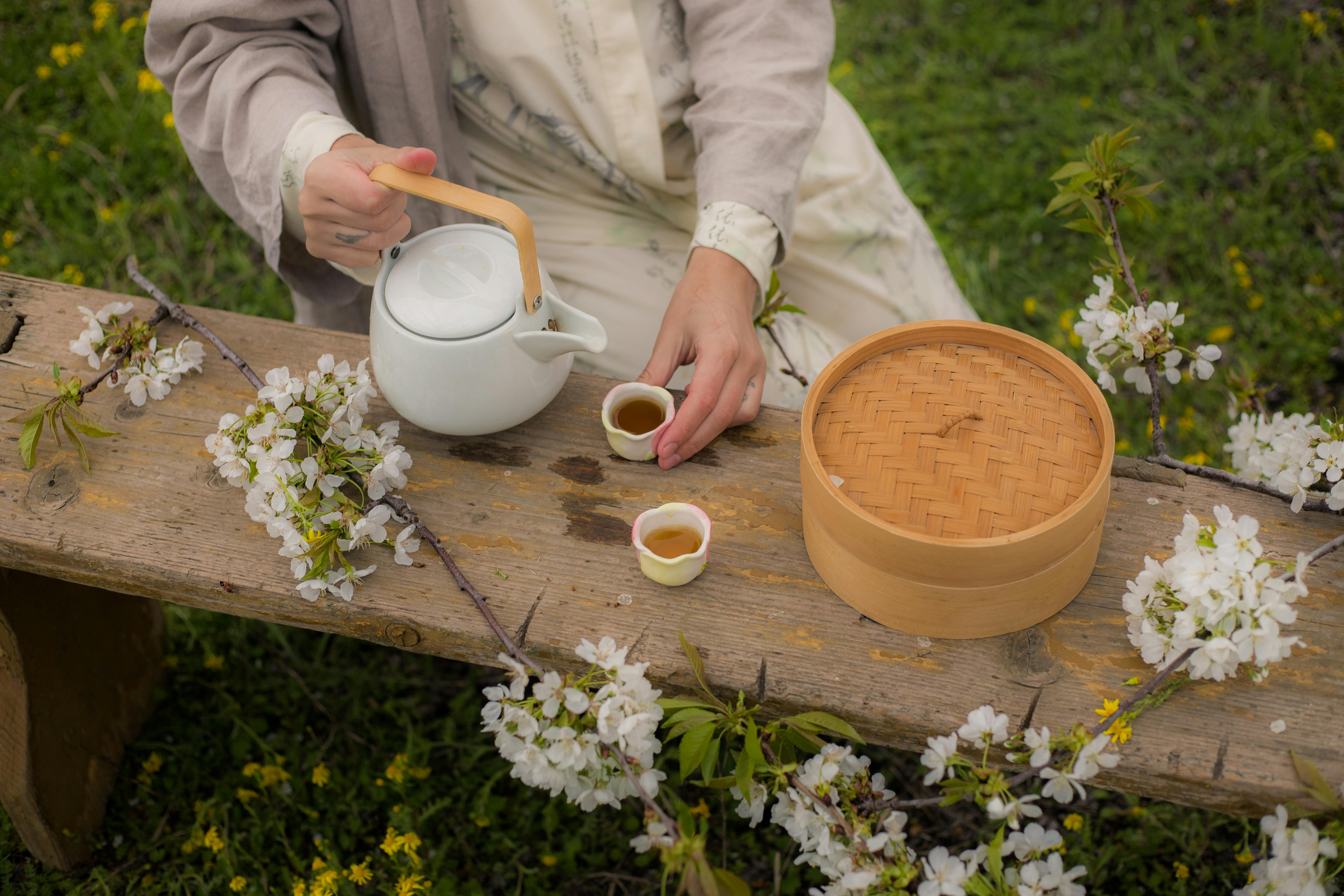
While other teas are celebrated for their antioxidants, pu-erh tea, a fermented black tea, works on blood pressure through a unique mechanism: gut health. The fermentation process introduces beneficial microorganisms and enzymes that can positively alter the gut microbiome. Emerging research suggests that a healthy gut plays a significant role in blood pressure regulation by influencing inflammation and producing short-chain fatty acids that impact vascular function. Pu-erh tea has also been shown to help with cholesterol and blood sugar management. Enjoying a warm cup of this rich, earthy tea is not just a soothing ritual; it's a proactive step toward leveraging the gut-heart axis for better blood pressure.
38. Spearmint Tea: The Stress-Reducing Sip
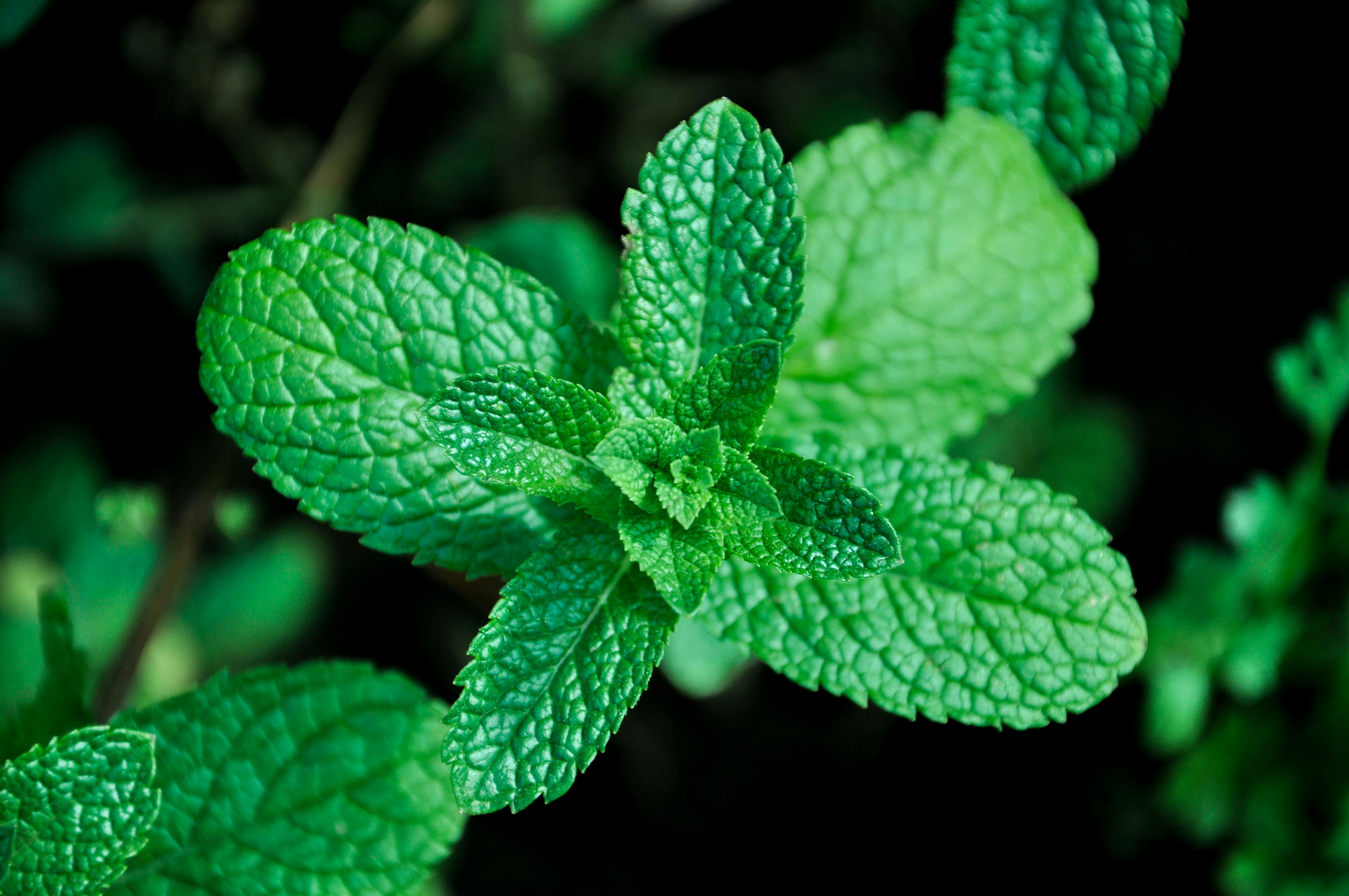
High blood pressure is often a symptom of chronic stress. Spearmint tea is an excellent and often overlooked beverage for this very reason. It contains rosmarinic acid, a compound with potent antioxidant and anti-inflammatory properties that can help reduce cortisol, the primary stress hormone. Unlike other caffeinated teas, spearmint tea is naturally caffeine-free, making it the perfect choice for unwinding in the evening. By calming your nervous system and reducing the physiological burden of stress, spearmint tea helps prevent the blood vessel constriction and heart rate elevation that can lead to hypertension.
39. Pistachio Milk: The Arginine and Fiber Fusion
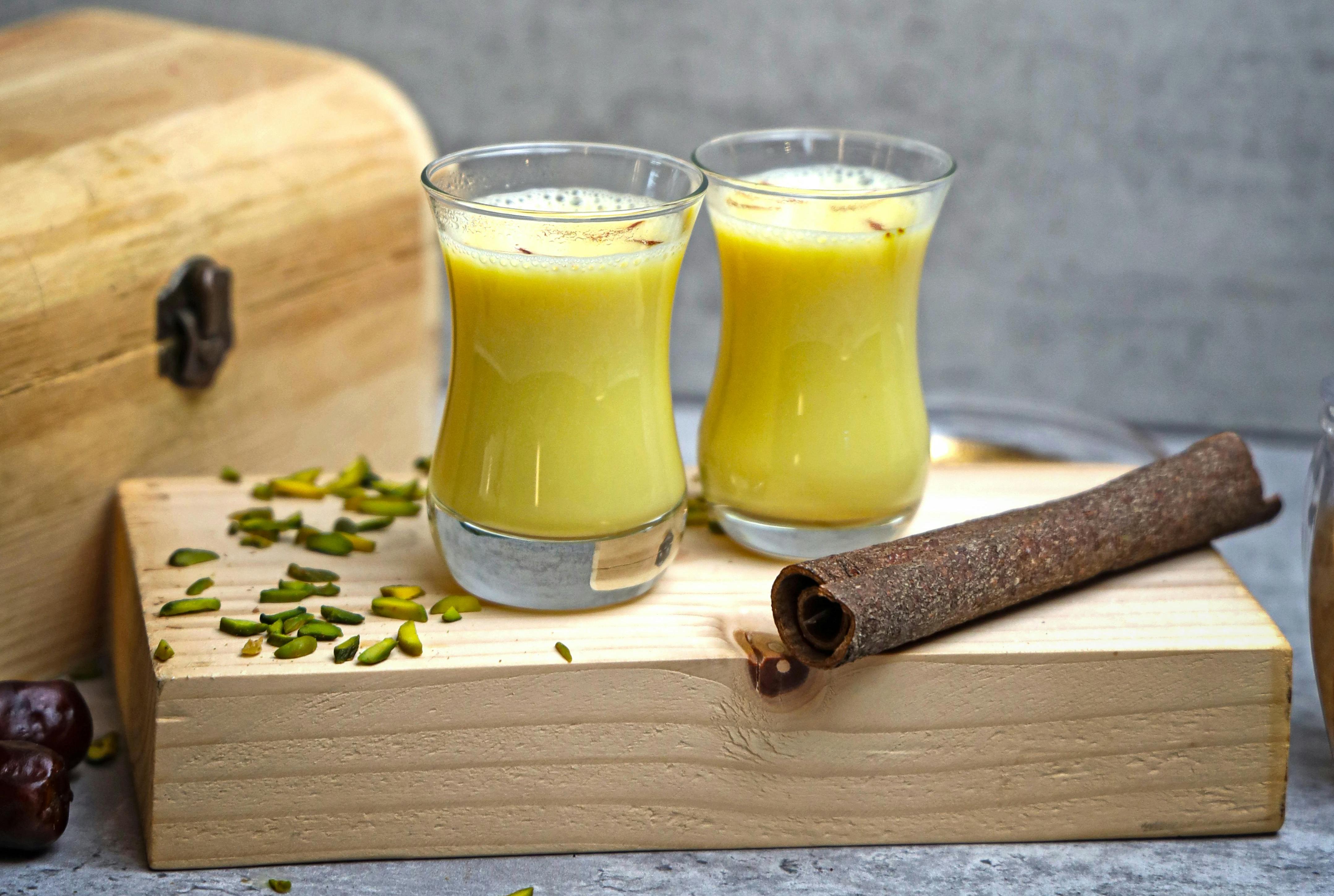
For a creamy, dairy-free option, unsweetened pistachio milk offers a powerful, surprising benefit. Pistachios are one of the best dietary sources of the amino acid L-arginine, which your body uses to produce nitric oxide. As you've noted with beetroot juice, nitric oxide is a critical vasodilator that helps relax blood vessels and lower blood pressure. Additionally, pistachio milk contains both soluble and insoluble fiber, which promotes a healthy gut and helps regulate cholesterol levels, further supporting heart health. Making your own unsweetened version at home or choosing a store-bought brand without added sugars makes this a delicious and effective heart-healthy beverage.
40. Passionflower Tea: The Blood Vessel Relaxer
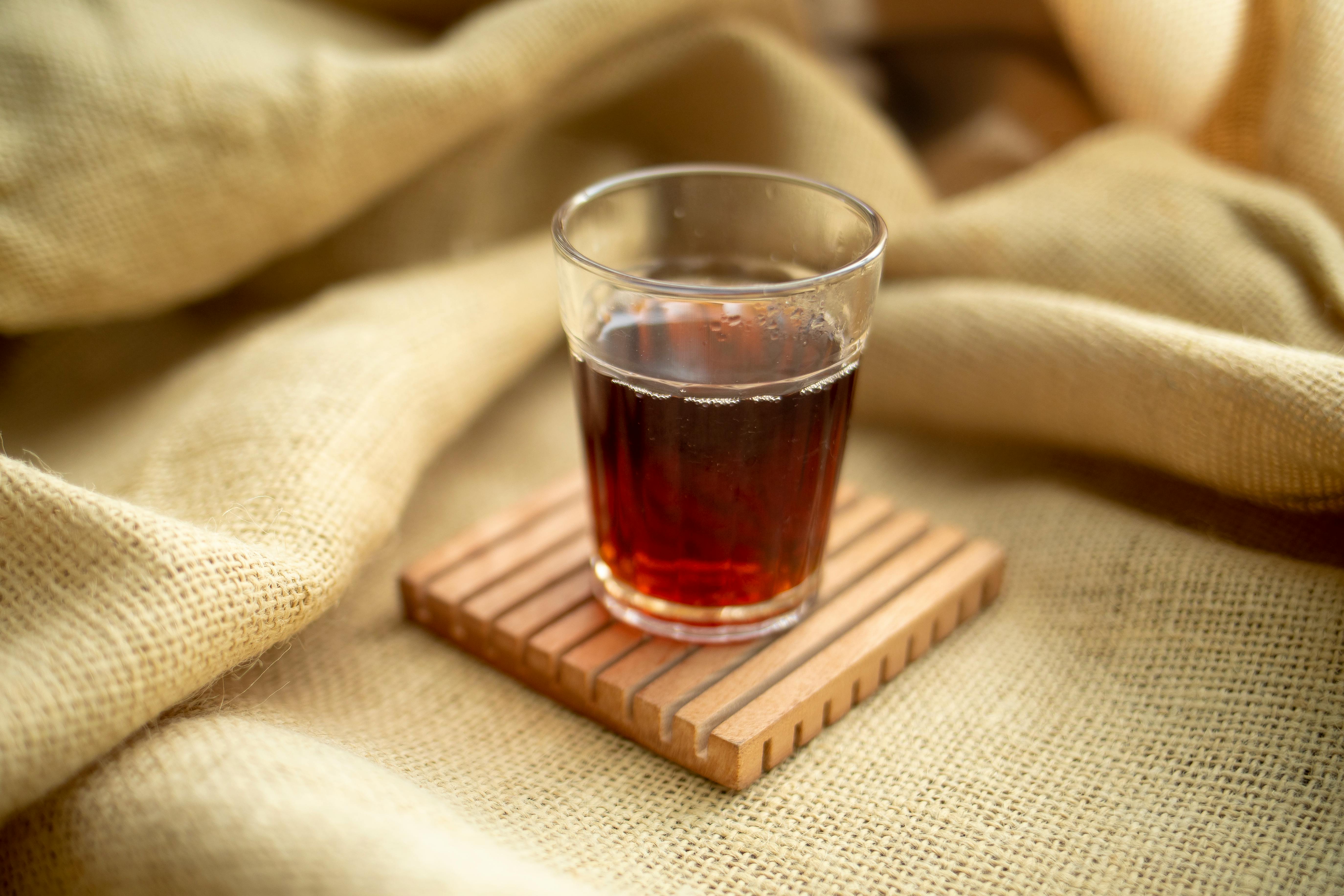
Often used as a natural remedy for anxiety and insomnia, passionflower tea has a direct effect on blood pressure that goes beyond its calming properties. The herb contains flavonoids and alkaloids that have been shown to help relax and dilate blood vessels, particularly in the coronary arteries, which increases blood flow. This effect is crucial because it reduces the strain on the heart and lowers the resistance in the circulatory system. By drinking passionflower tea, you're not just calming your mind; you're also providing your cardiovascular system with a direct therapeutic action that can contribute to a significant drop in blood pressure.
41. Soy Milk: The Isoflavone Advantage
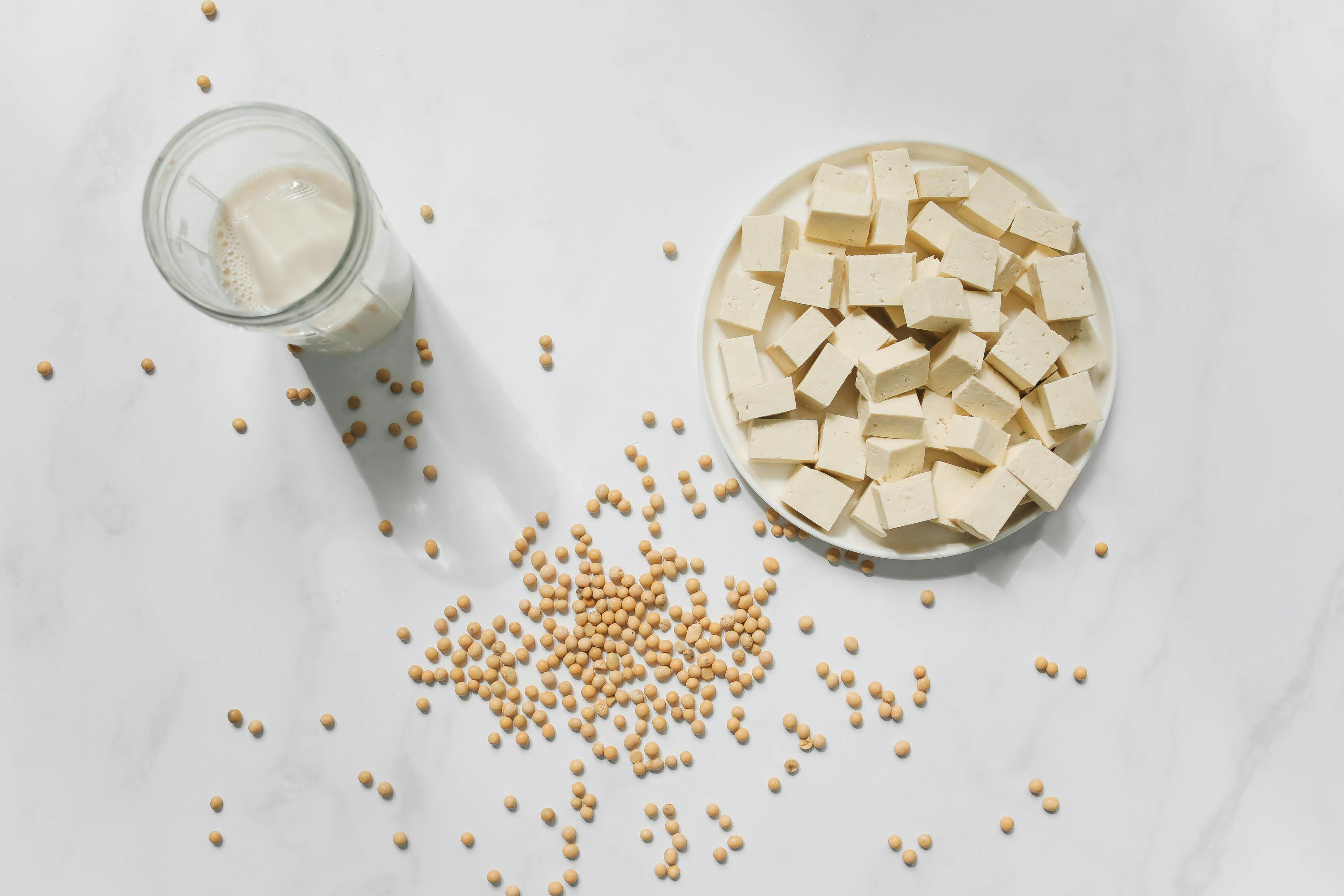
While dairy milk is a great source of calcium, soy milk offers a powerful, plant-based alternative with its unique isoflavone content. Isoflavones are a type of flavonoid that has been shown to reduce blood pressure by improving blood vessel function and reducing inflammation. Furthermore, soy milk is a good source of potassium and magnesium, two minerals essential for regulating blood pressure. By choosing unsweetened soy milk, you get these heart-healthy benefits without the added sugars that can be detrimental to your cardiovascular system, making it an excellent choice for a morning smoothie or cereal.
42. Apple Juice: The Quercetin Connection
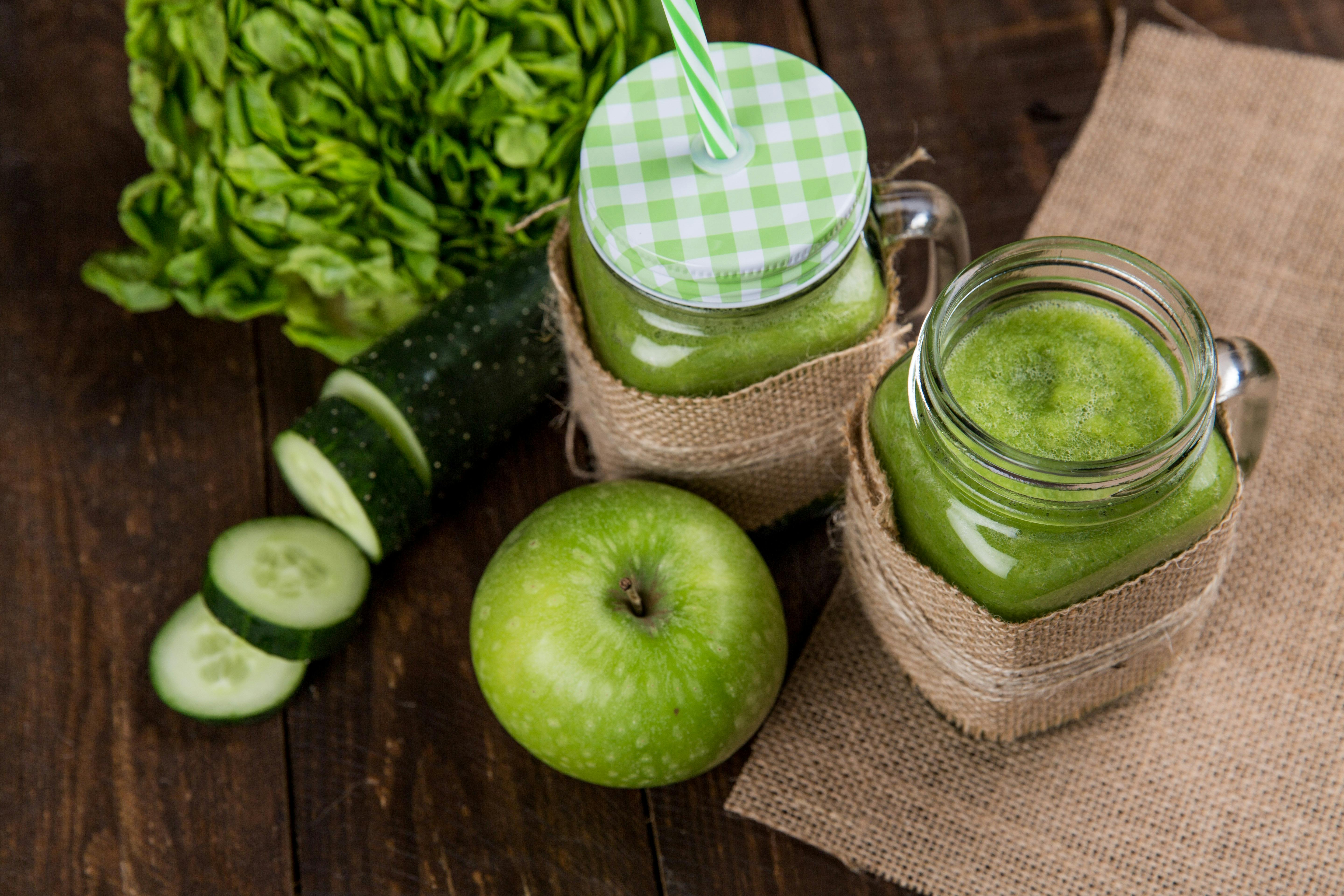
Apple juice, when chosen correctly, can be a beneficial addition to a blood pressure-lowering diet. The magic lies in quercetin, a powerful antioxidant found in the skin of apples. Quercetin has been shown to improve blood vessel function and reduce inflammation. For a direct impact, choose 100% pure, unpasteurized apple juice that retains more of the fruit's natural compounds. While a whole apple provides fiber, a glass of pure juice can offer a concentrated dose of these heart-healthy antioxidants. This makes apple juice a simple and delicious way to get a quick dose of beneficial compounds.
43. Whey Protein: The Bioactive Peptide Booster
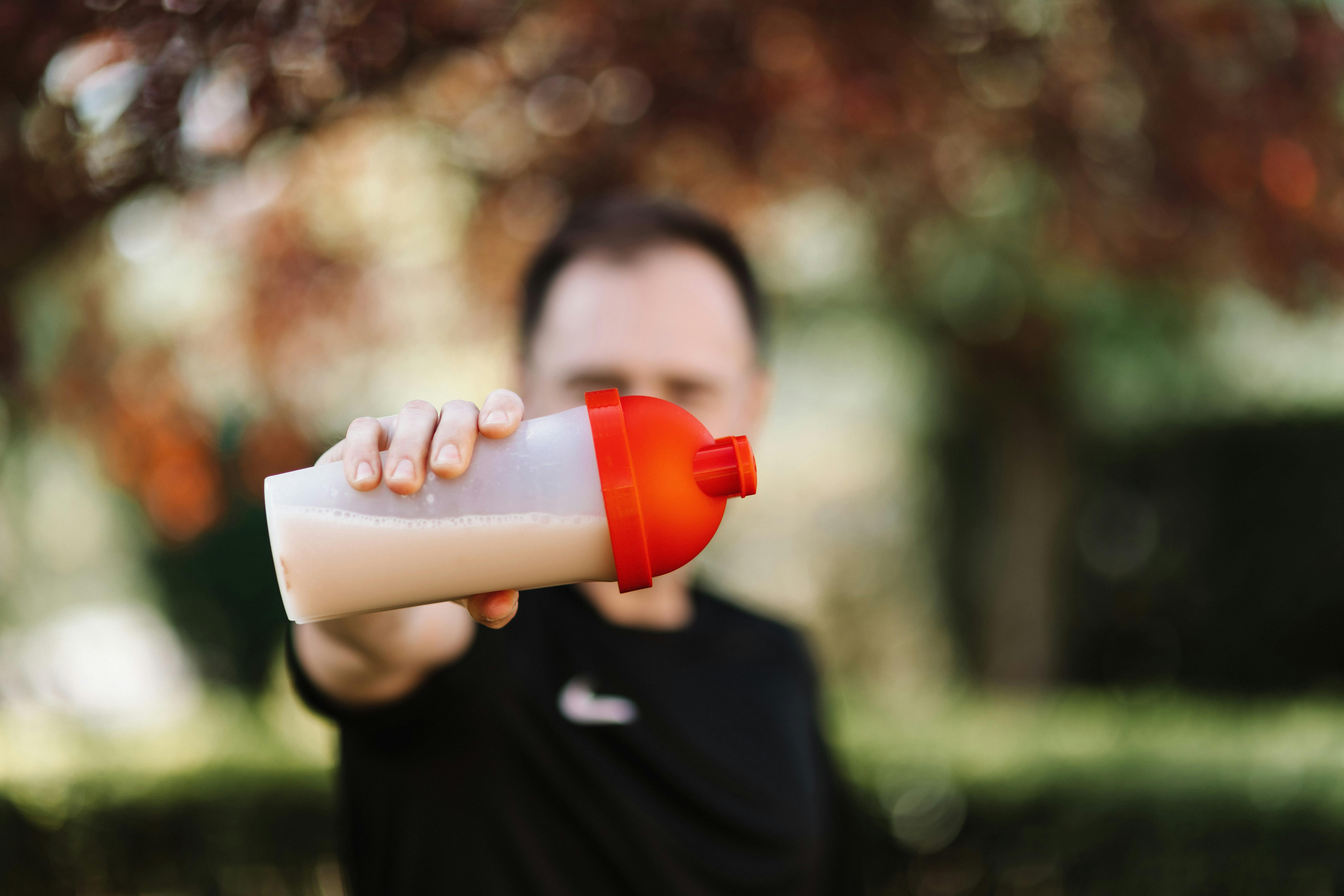
Whey protein is not just for building muscle; it can be a surprising ally for your blood pressure. Studies have shown that the bioactive peptides in whey protein act as natural ACE inhibitors, similar to a class of common blood pressure medications. By blocking these enzymes, whey helps relax blood vessels and lowers pressure. A scoop of whey powder mixed into a smoothie or with water is a simple, effective way to get this blood-pressure-lowering benefit. This is a great option for those who want a convenient, protein-rich beverage that actively works to support their heart health.
44. Watermelon Juice: The Citrulline Source
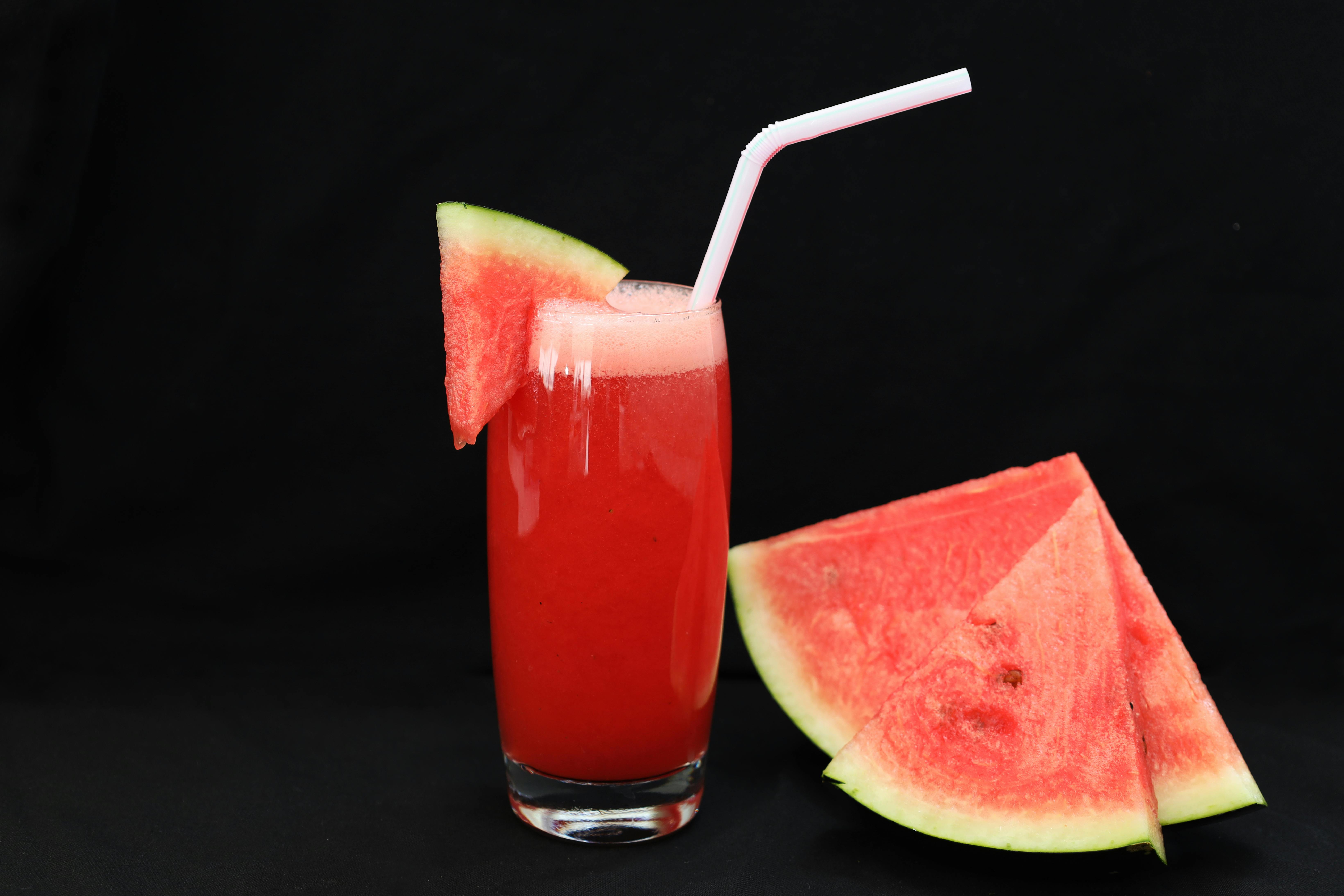
Watermelon juice, with its hydrating properties and refreshing taste, is more than just a summer treat. It contains an amino acid called citrulline, which your body converts into arginine, a precursor to nitric oxide. This process helps relax and dilate blood vessels, which improves blood flow and reduces blood pressure. Studies have shown that consuming watermelon juice can lead to a reduction in both systolic and diastolic blood pressure. Its natural sweetness and hydrating qualities make it an enjoyable and effective choice for those looking to manage their blood pressure naturally.
45. Dandelion Tea: The Gentle Diuretic
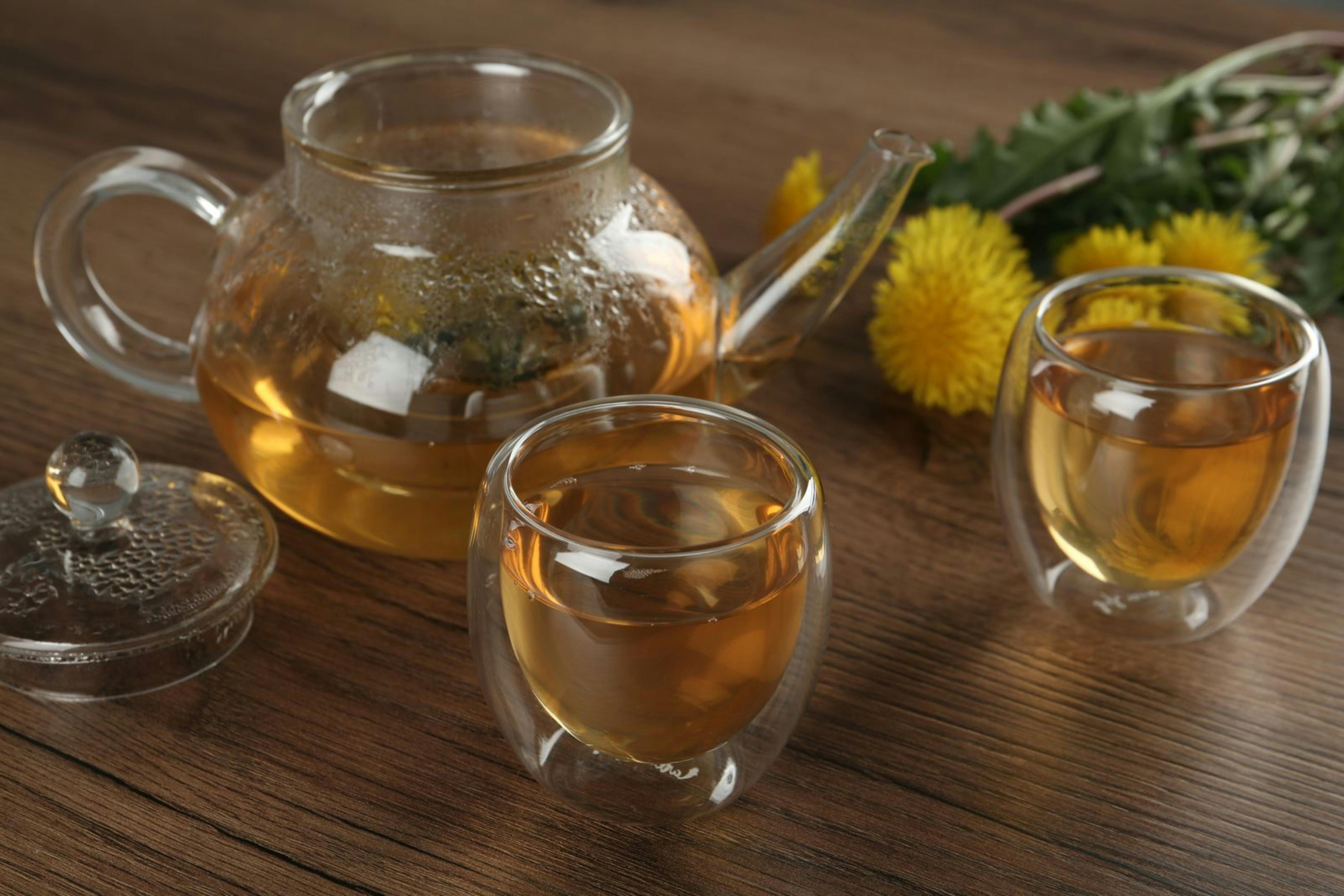
While many diuretics are medications, dandelion tea offers a gentle, natural alternative. The leaves of the dandelion plant are a natural diuretic, meaning they help your kidneys excrete more sodium and water. This process reduces the total volume of blood in your circulatory system, which in turn lowers blood pressure. Unlike some diuretic medications, dandelion tea is also a good source of potassium, which helps maintain a healthy electrolyte balance. Enjoying a cup of this mild, earthy tea can be a proactive way to manage fluid retention and reduce the burden on your cardiovascular system.
46. Baobab Powder Water: The Potassium and Fiber Drink
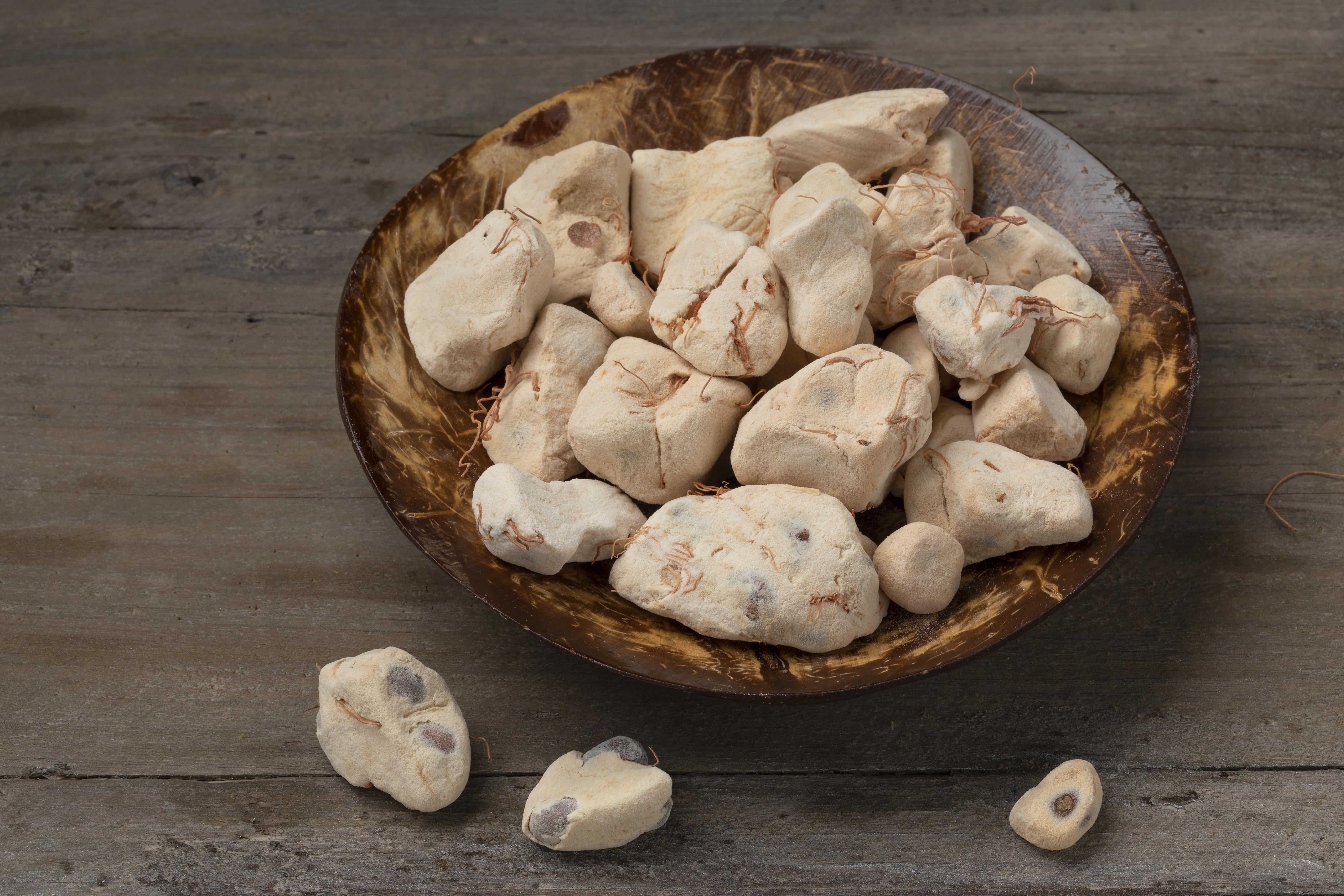
This superfood from Africa is not just a trend; its powder is an incredible source of potassium and soluble fiber. The high potassium content directly helps balance out sodium levels, which reduces fluid retention and lowers blood pressure. Simultaneously, the soluble fiber helps bind to cholesterol in your digestive tract, which can improve overall heart health. Simply mixing a spoonful of baobab powder into a glass of water creates a zesty, citrusy beverage that is both hydrating and rich in heart-healthy nutrients. It's a simple, effective, and unique addition to your diet.
47. Celery Seed Tea: The Natural Blood Vessel Relaxer
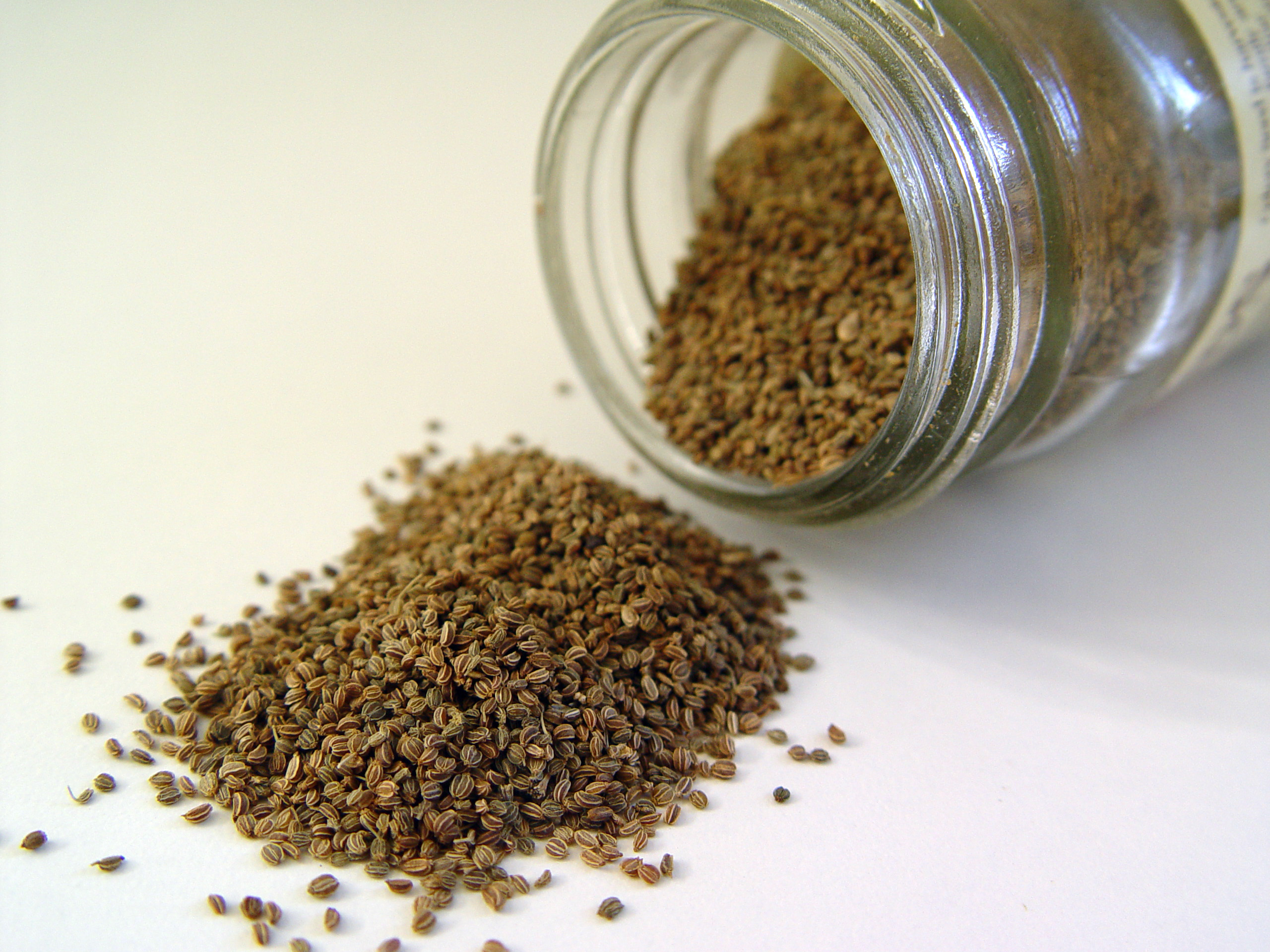
While celery juice is gaining popularity, celery seed tea is a more concentrated way to get its blood-pressure-lowering benefits. Celery seeds contain a compound called 3-n-butylphthalide, or NBP, which has been shown to relax the smooth muscles of your arteries. This relaxation allows blood vessels to widen and reduces blood flow resistance. You can make this tea by crushing celery seeds and steeping them in hot water. This traditional remedy offers a unique, potent, and subtle way to directly address one of the key mechanisms of high blood pressure.
48. Matcha Green Tea: The Concentrated Catechin Boost
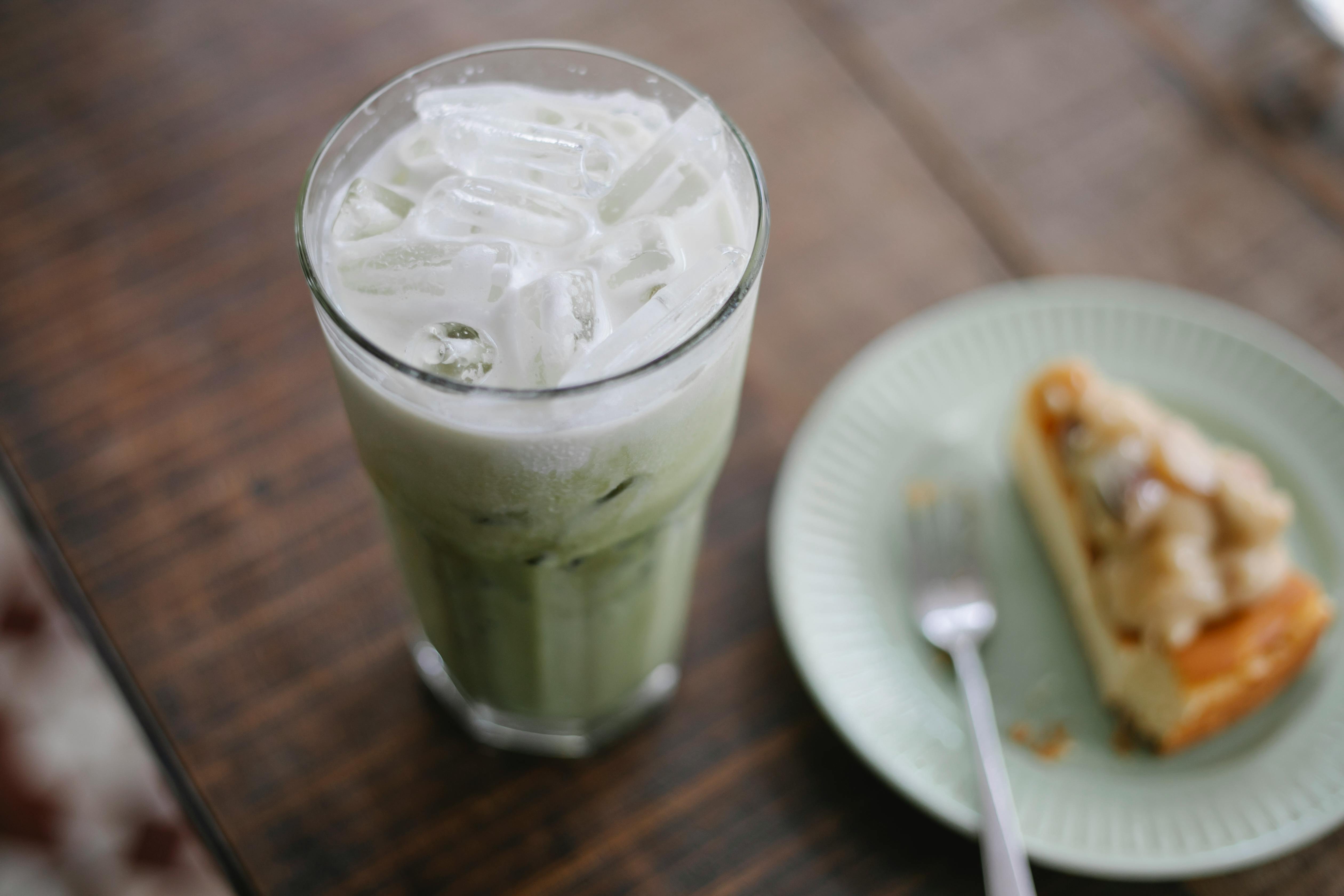
While green tea is on the list, matcha takes its benefits to the next level. Unlike regular green tea, where you steep and discard the leaves, matcha is made from finely ground tea leaves that you consume whole. This means you get a much higher concentration of catechins, particularly EGCG, the powerful antioxidant responsible for improving blood vessel function and reducing inflammation. A warm cup of matcha can be a mindful ritual that provides a powerful, concentrated dose of heart-healthy compounds, making it a supercharged alternative to regular green tea.
49. Turmeric Tea: The Anti-Inflammatory Curcumin Elixir
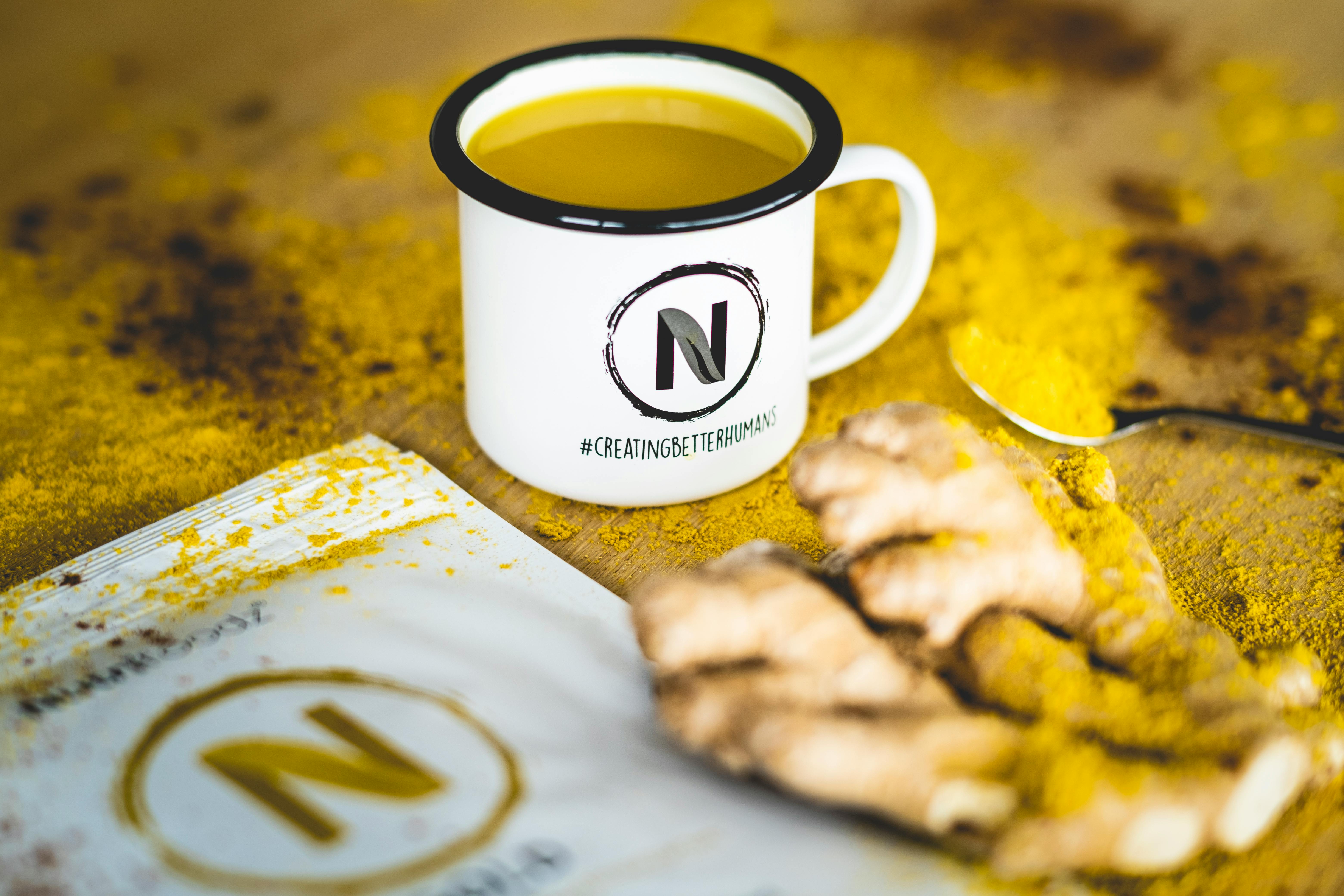
Turmeric is renowned for its anti-inflammatory properties, thanks to its active compound, curcumin. Chronic, low-grade inflammation is a major contributor to arterial stiffness and high blood pressure. By brewing a tea with fresh or powdered turmeric, you can introduce this potent anti-inflammatory agent into your system. To enhance its absorption, it's best to add a pinch of black pepper, which contains piperine. This warm, earthy, and slightly spicy tea is not just soothing; it's a proactive tool for fighting the inflammation that can silently raise your blood pressure.
50. Rosehip Tea: The Vitamin C and Antioxidant Infusion
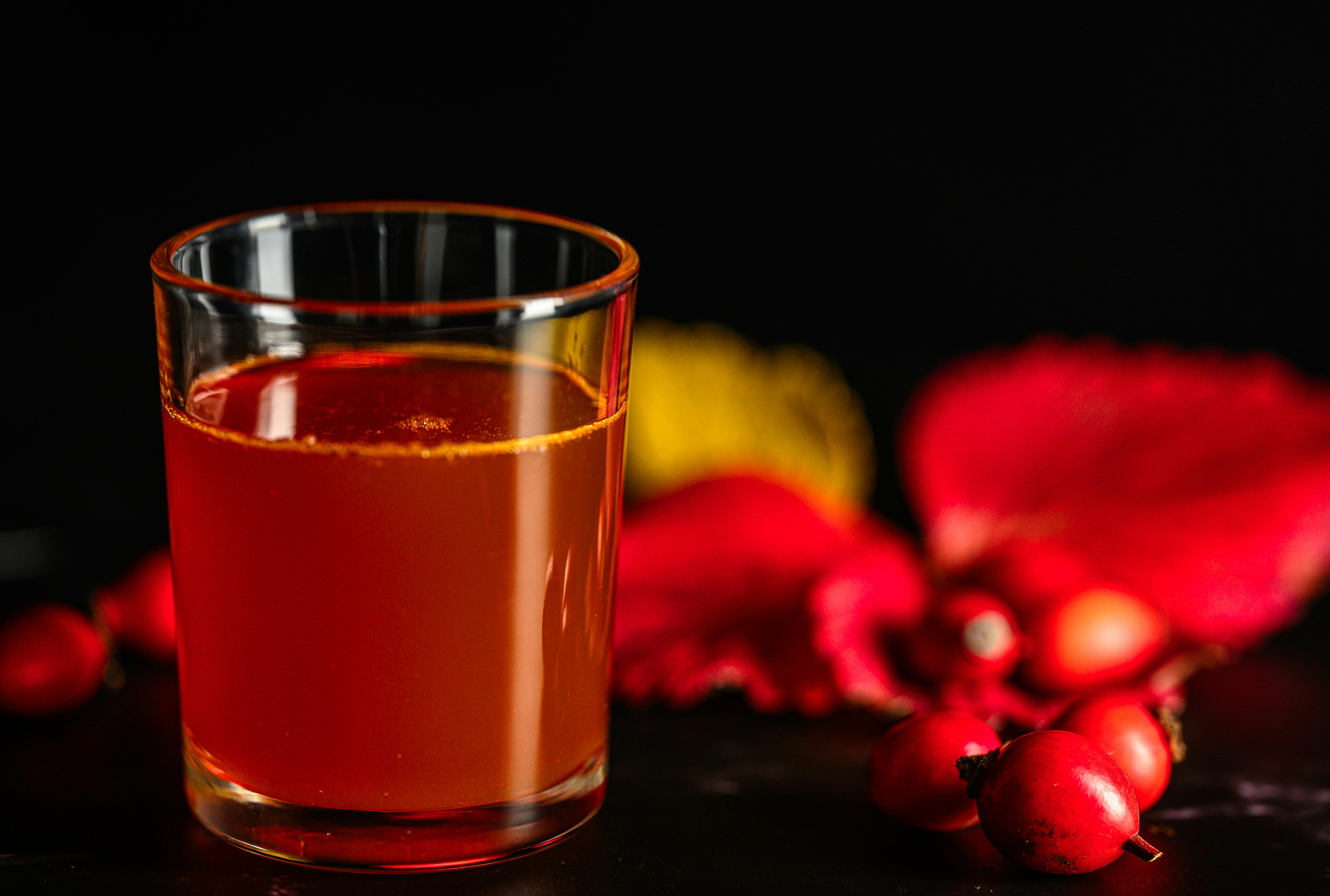
Rosehip tea, made from the fruit of the rose plant, is a surprisingly effective blood pressure-lowering beverage. It is one of the richest plant-based sources of Vitamin C, a powerful antioxidant that helps protect blood vessels from damage. Additionally, rosehip is packed with flavonoids and polyphenols that help relax blood vessel walls and improve overall blood flow. The result is a tart, slightly sweet tea that is both delicious and incredibly beneficial for your cardiovascular health, making it an excellent, refreshing alternative to a sugary drink.
51. Golden Milk: The Anti-Inflammatory Elixir
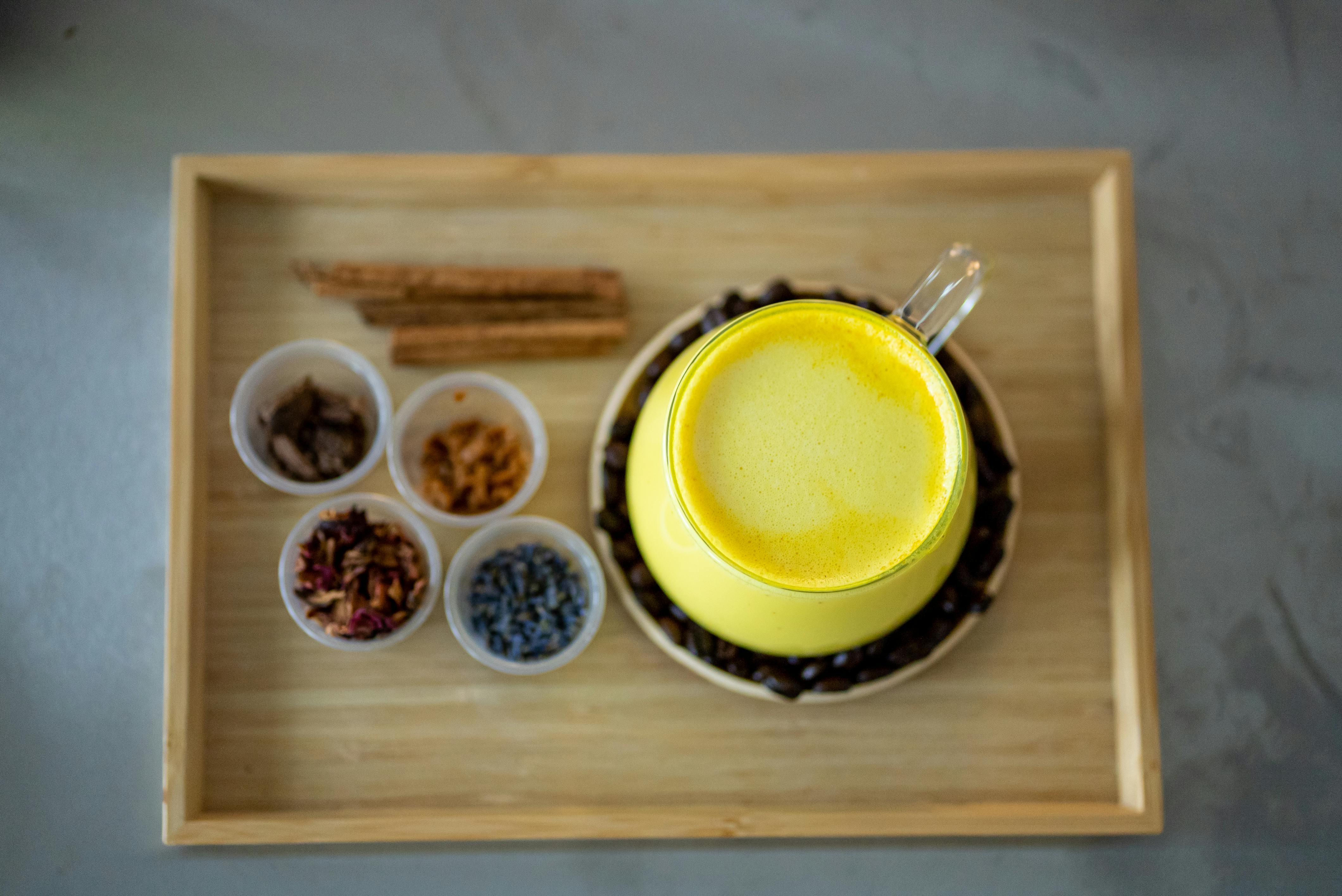
Golden milk, a warm beverage made with turmeric, ginger, and a plant-based milk, is a powerful anti-inflammatory elixir. The active compound in turmeric, curcumin, has been shown to reduce inflammation and oxidative stress in the arteries, which can lead to high blood pressure. Ginger and cinnamon also contribute to this effect. Made with a soothing milk base, this drink can help calm the nervous system and promote relaxation, which further supports healthy blood pressure. Enjoying a cup of golden milk in the morning or evening is a delicious, calming ritual that can have profound benefits for your cardiovascular health.
52. Celery Juice: The Natural Phthalide Source
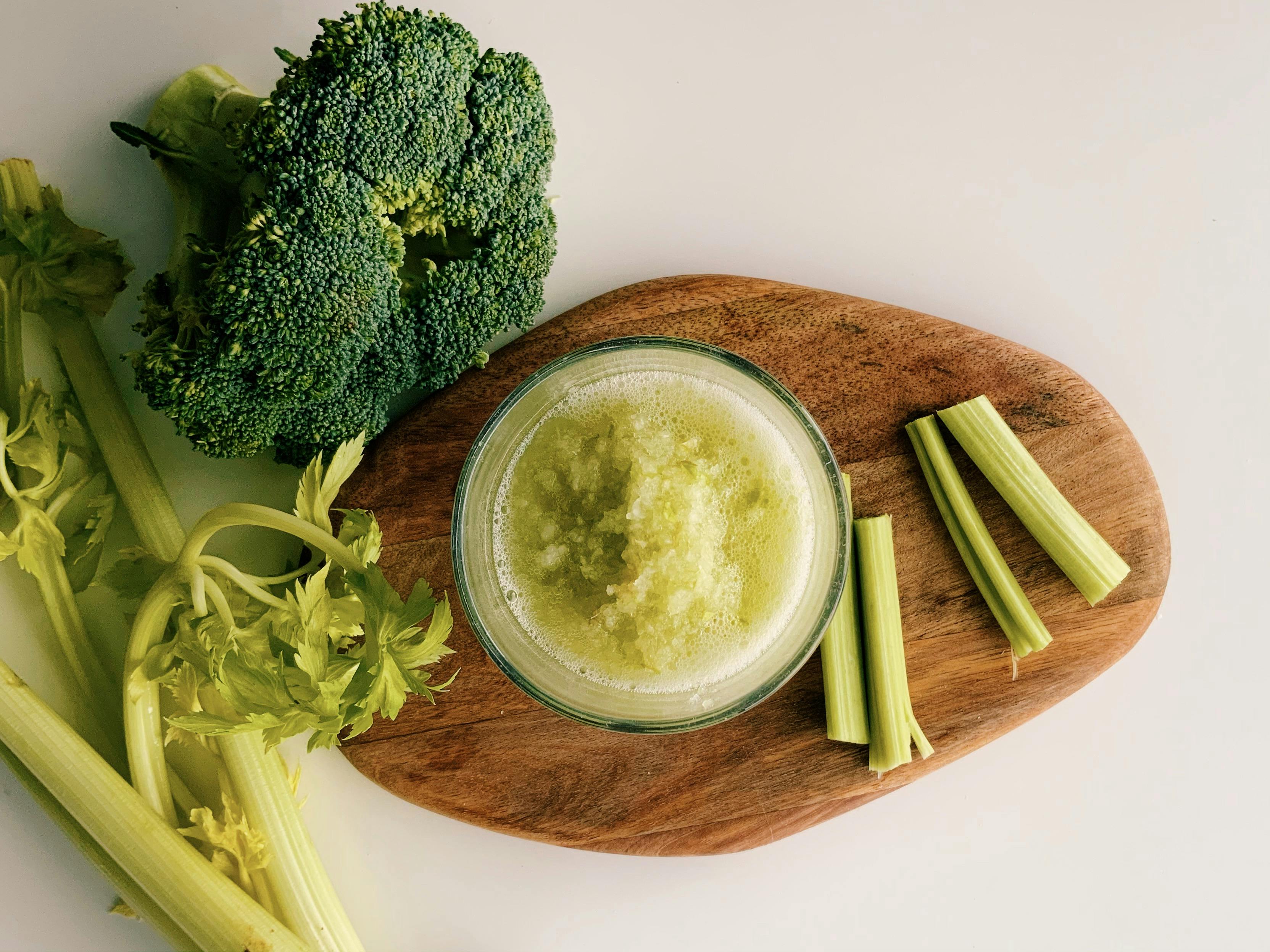
Celery juice has gained popularity as a wellness trend, and for good reason: it's a potent ally for blood pressure. Celery contains compounds called phthalides that relax the smooth muscles lining your artery walls, which allows the vessels to widen and blood to flow more freely. This effect is crucial because it reduces the resistance against which your heart has to pump, thereby lowering blood pressure. Juicing celery gives you a concentrated dose of these beneficial compounds. A fresh glass in the morning is a simple, effective way to naturally support your cardiovascular system.
53. Beetroot and Carrot Juice: The Synergistic Blend
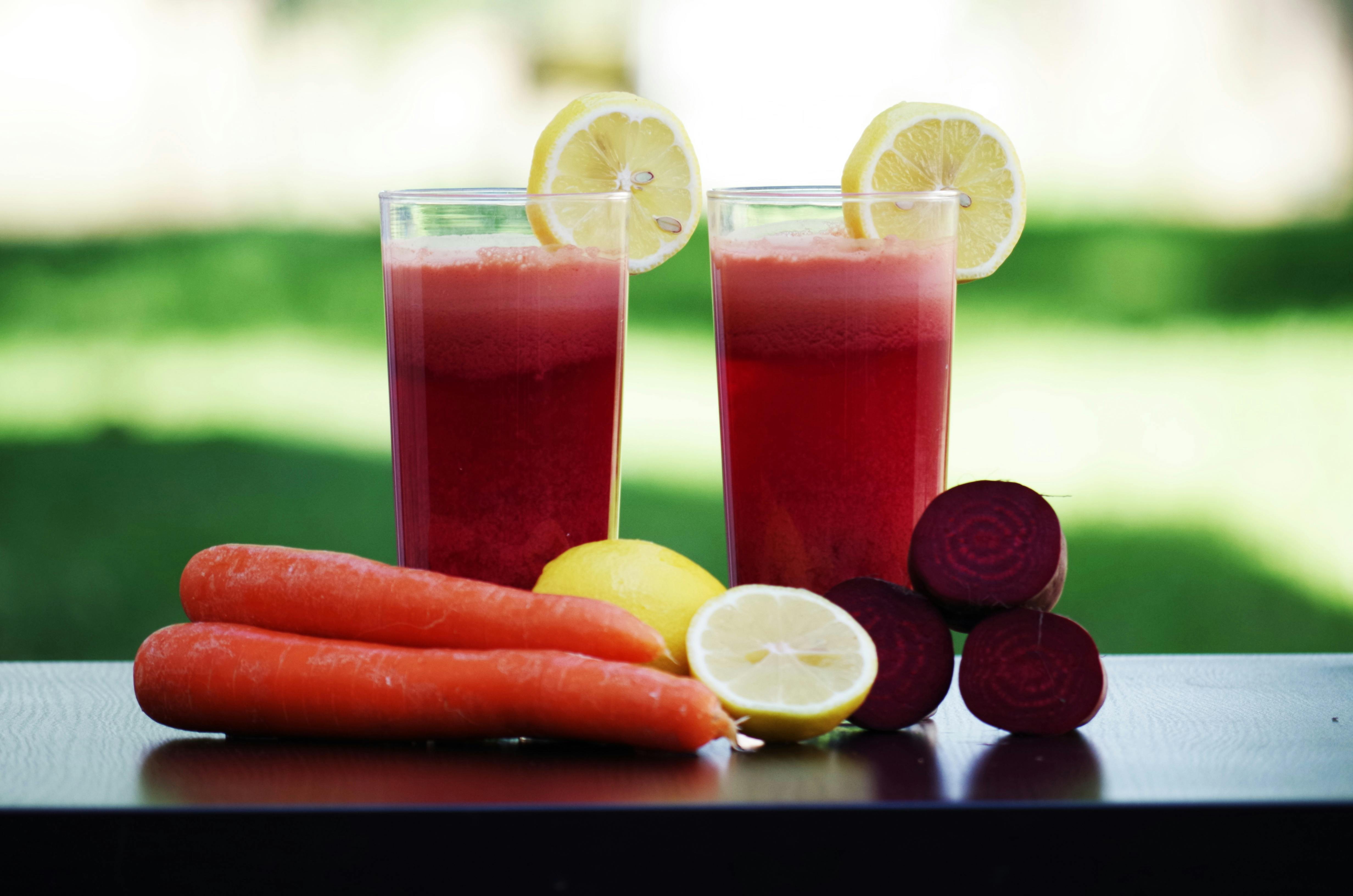
While our list mentions beetroot and carrot juice separately, a synergistic blend of the two can be a powerful and delicious blood pressure-lowering drink. The nitrates from the beetroot combine with the potassium and beta-carotene from the carrots to create a potent elixir that promotes vasodilation and improves blood flow. This combination is particularly effective at reducing both systolic and diastolic blood pressure. A fresh, homemade juice of these two vegetables is a nutrient-dense way to support your heart health, offering a natural and effective alternative to a sugary drink.
54. Cacao Powder Drink: The Flavonoid Force
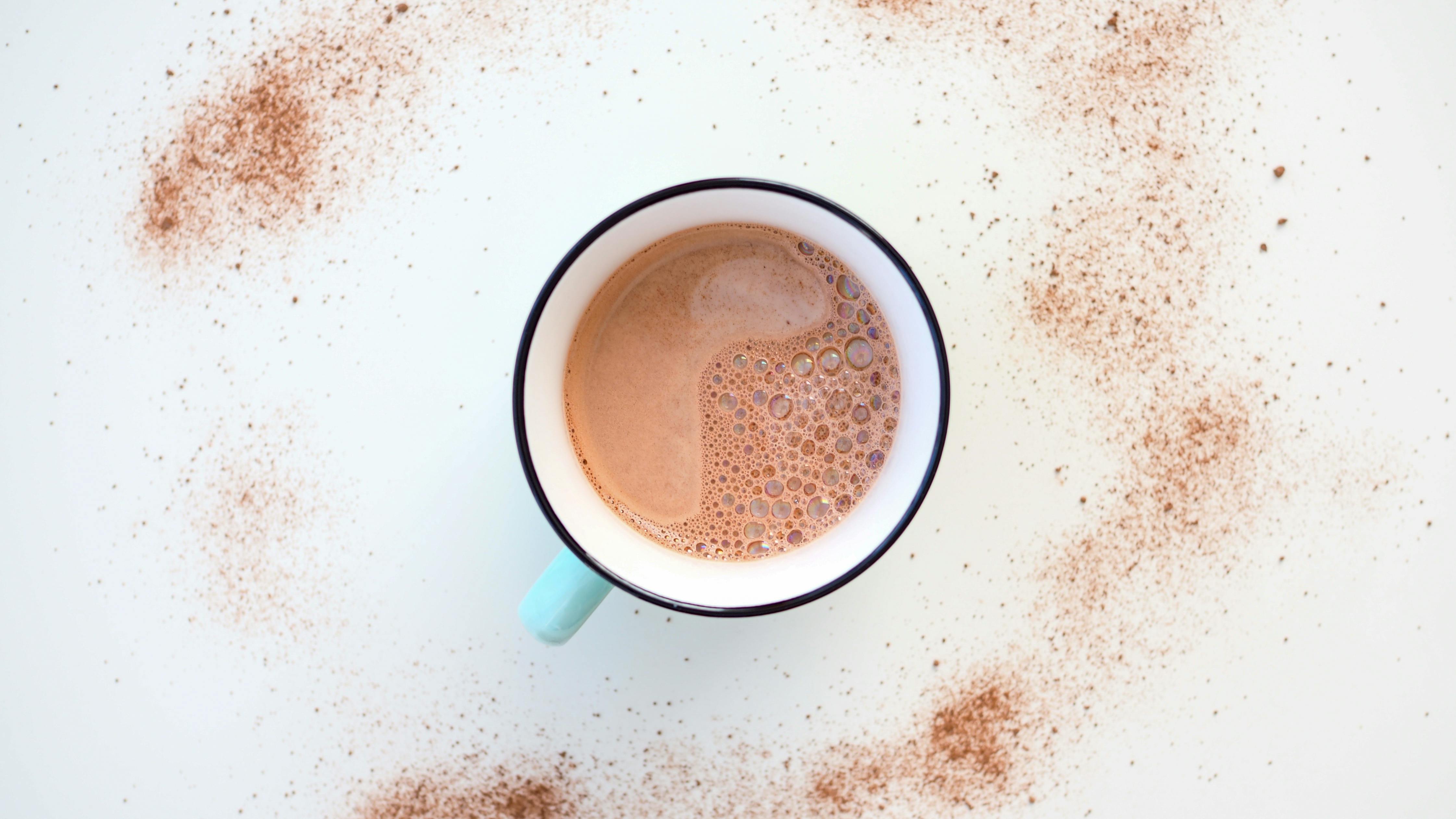
Cacao powder is a powerhouse of flavonoids, a type of antioxidant that has been shown to improve blood vessel function and reduce inflammation. These compounds stimulate the production of nitric oxide, which dilates blood vessels and improves blood flow. Making a drink with unsweetened cacao powder and a plant-based milk creates a delicious, soothing beverage that actively works to lower your blood pressure, proving that a treat can be both comforting and heart-healthy. Enjoy it hot or cold for a dose of flavonoids and a sense of calm.
55. Rice Milk (Unsweetened): The Potassium and Magnesium Ally
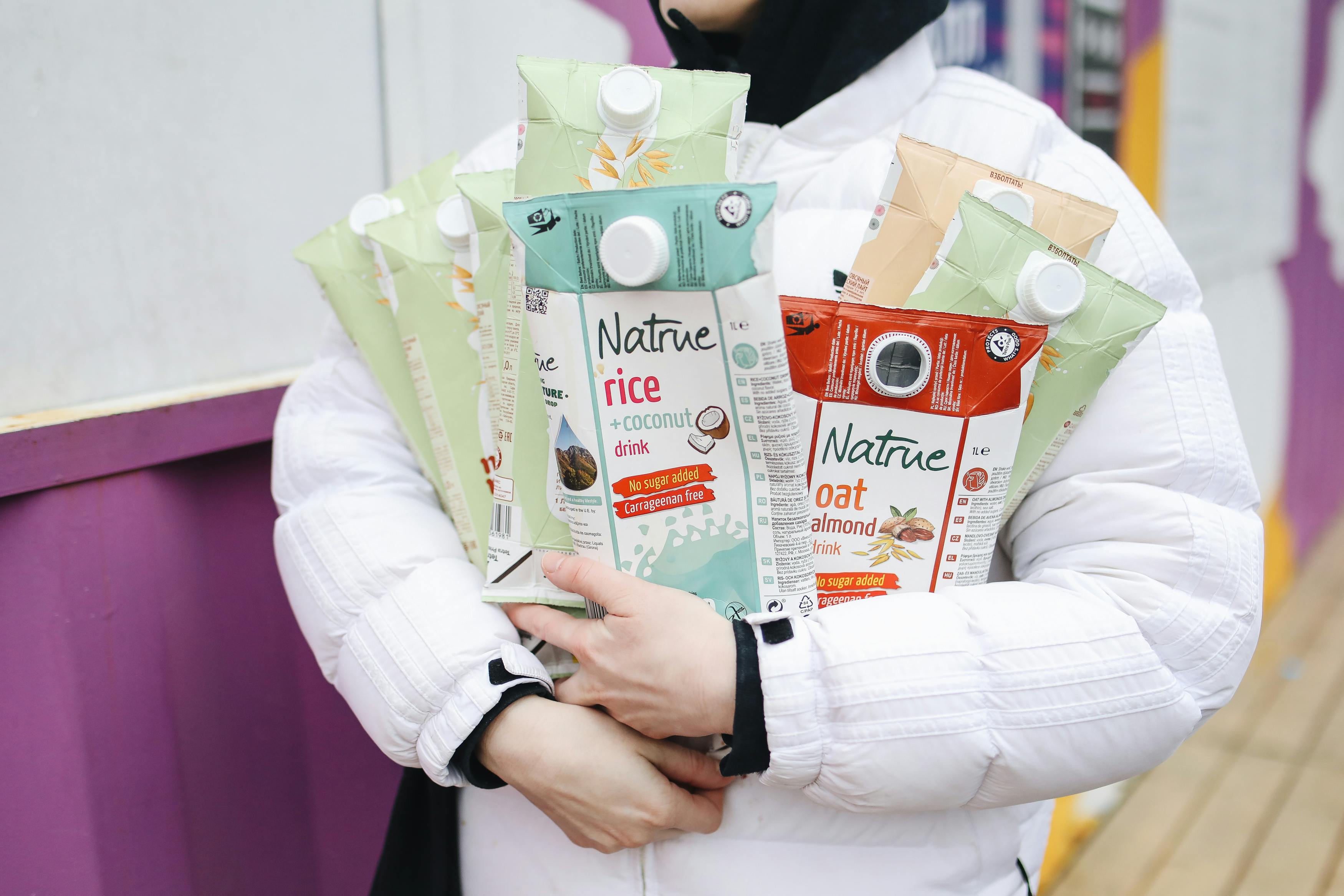
For those who don't drink dairy, unsweetened rice milk is an excellent alternative that can still support healthy blood pressure. It is a good source of both potassium and magnesium, two minerals that are crucial for blood pressure regulation. Magnesium helps relax blood vessels and plays a key role in muscle and nerve function, while potassium works to counterbalance the negative effects of sodium. By opting for the unsweetened version, you avoid the blood sugar spikes and inflammation that can come with added sugars, making this a simple and heart-healthy choice.
56. Hibiscus Tea with Ginger and Cinnamon: The Anti-Inflammatory Trio
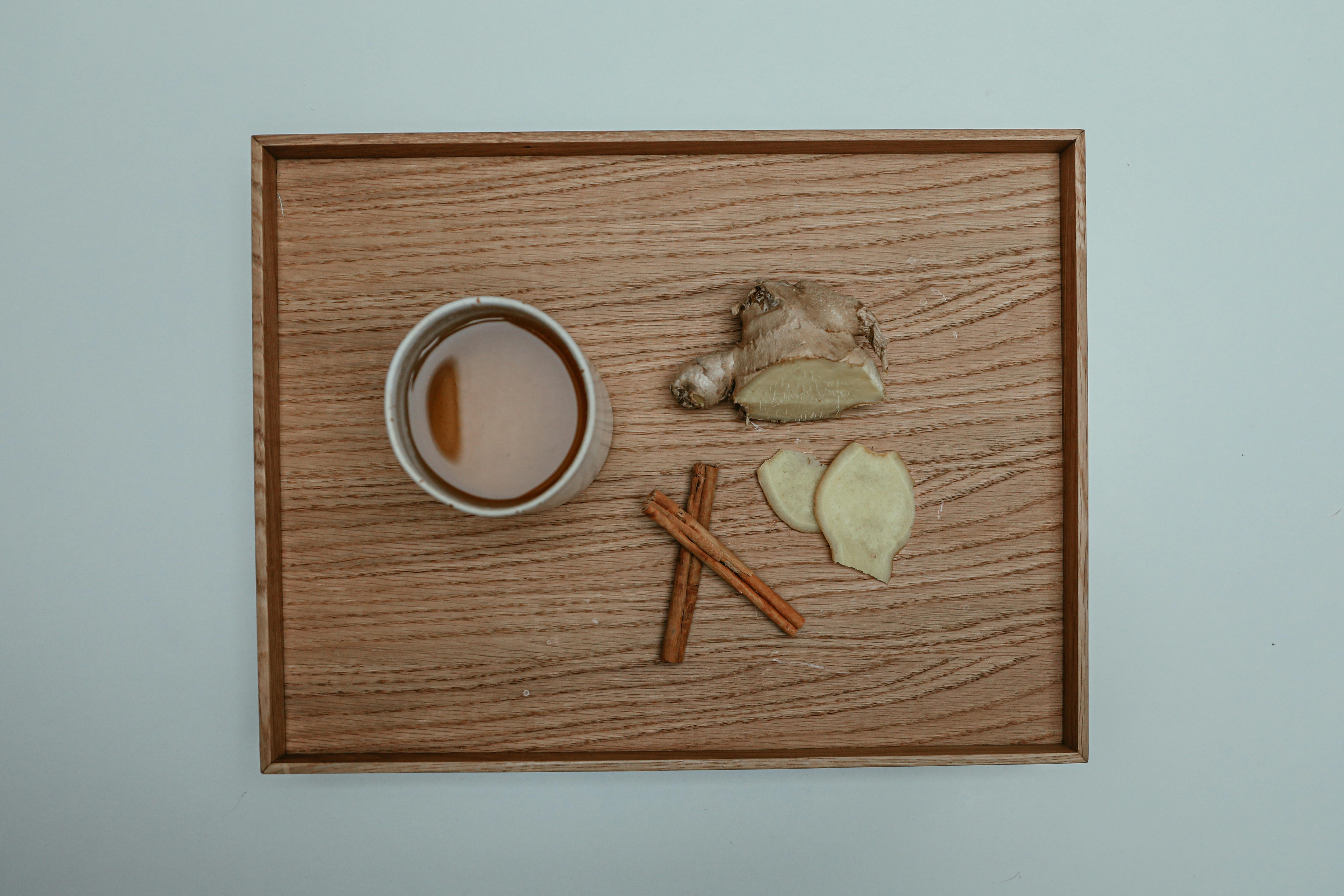
While our list mentions hibiscus tea, a synergistic blend with ginger and cinnamon elevates its benefits. All three ingredients are powerful anti-inflammatories. The anthocyanins in hibiscus relax blood vessels, while ginger’s gingerols and cinnamon’s cinnamaldehyde reduce oxidative stress and improve circulation. This trio works together to reduce inflammation and promote heart health. A warm cup of this tea is a delicious, calming ritual that has profound benefits for your cardiovascular system.
57. Moringa Tea: The Nutrient-Dense Elixir
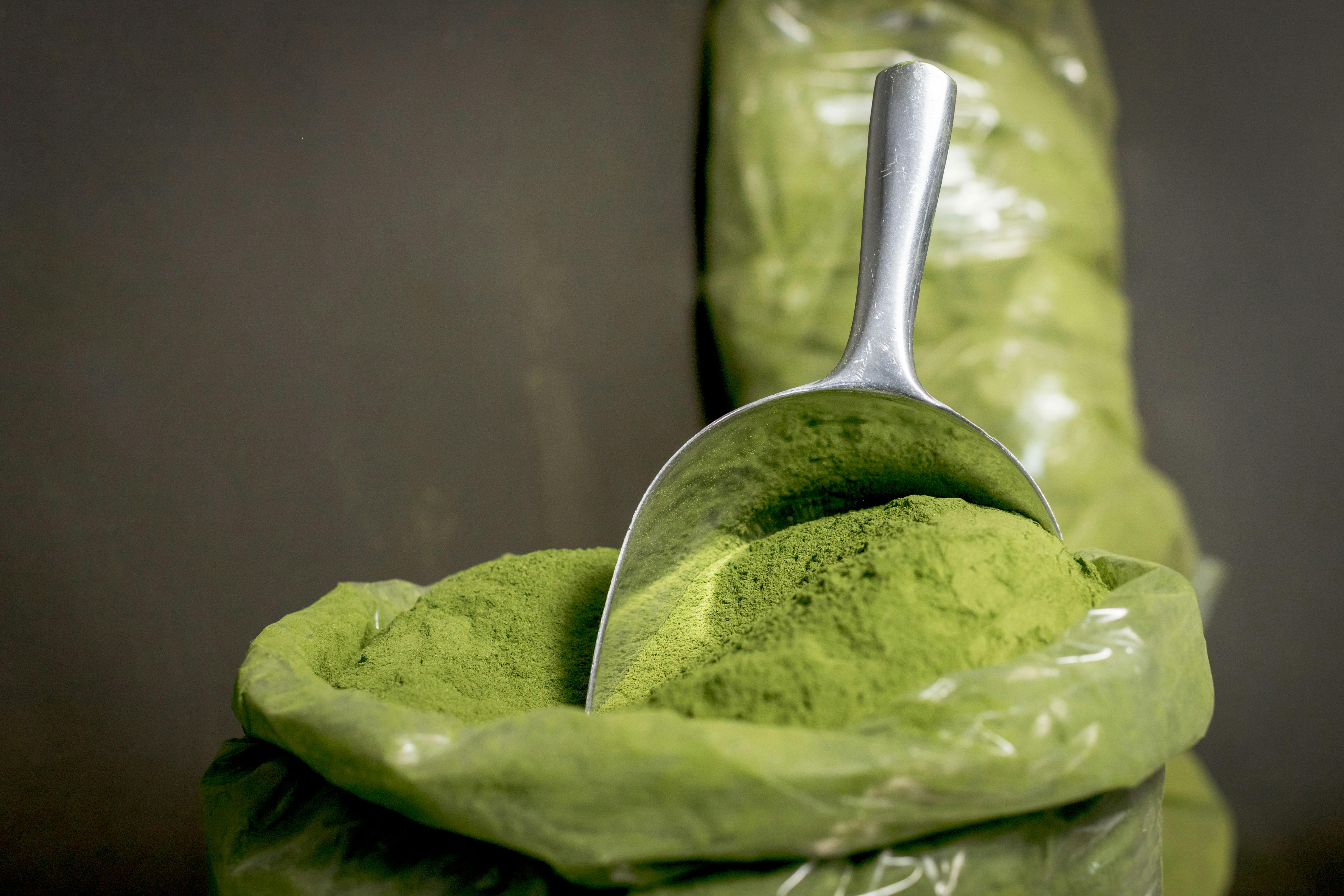
Moringa, or the “miracle tree,” is a powerful ally for blood pressure. Its leaves are packed with potassium and magnesium, two minerals crucial for blood pressure regulation. Moringa tea helps your body to balance out sodium levels, which reduces fluid retention and lowers blood pressure. It is also rich in quercetin, a potent antioxidant that helps to relax and widen blood vessels. A daily cup of moringa tea is a nutrient-dense way to support your heart health, making it a powerful and effective addition to your blood pressure management plan.
58. Oolong Tea: The Polyphenol Paradox
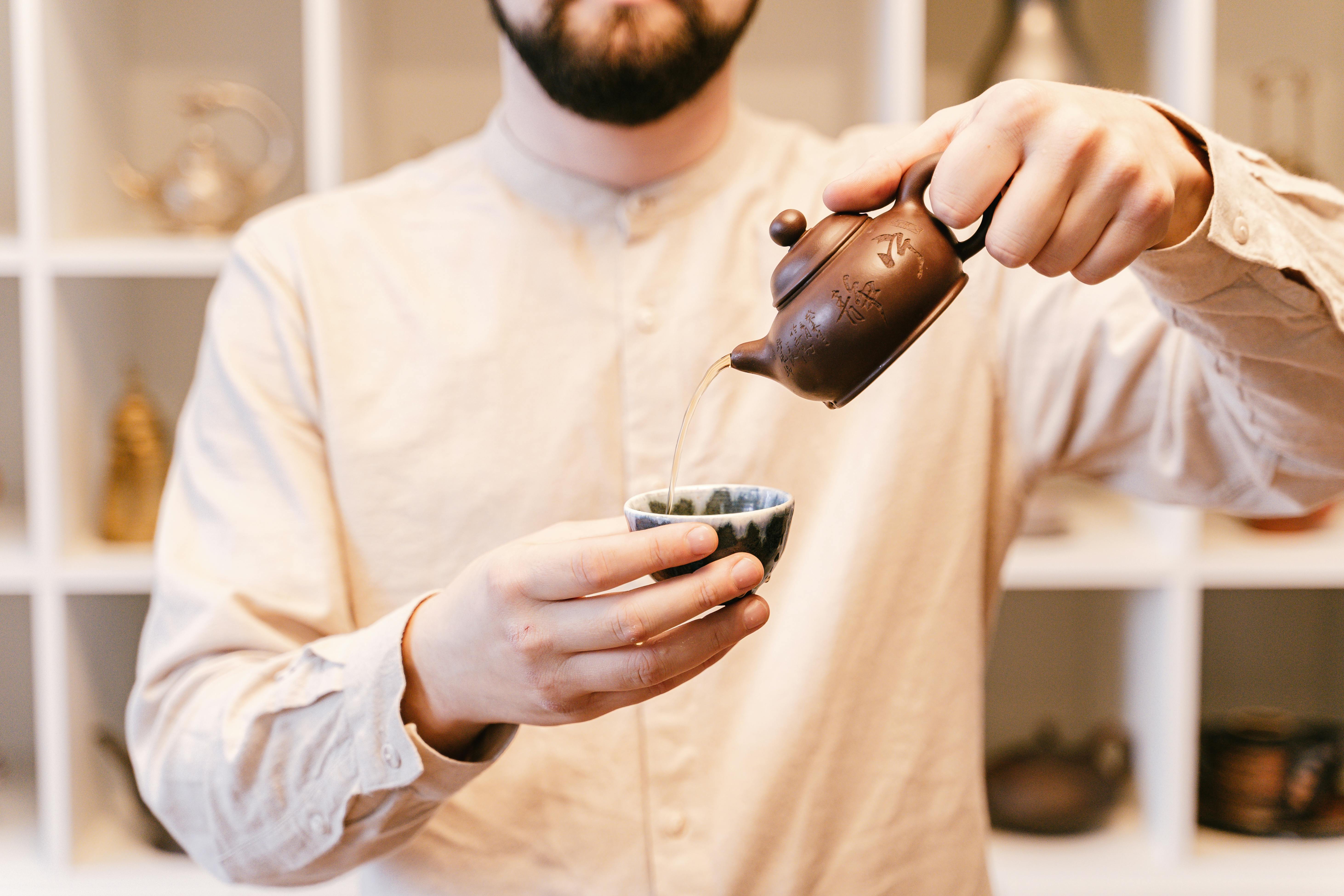
Oolong tea, a traditional Chinese tea that falls between green and black tea in terms of oxidation, has a unique profile of polyphenols that can be highly effective for blood pressure. Unlike black or green tea, oolong tea contains distinct polymerized polyphenols that have been shown to inhibit the enzyme that raises blood pressure. Regular consumption of oolong tea can lead to a significant, sustained reduction in both systolic and diastolic blood pressure. Its unique floral and roasted notes make it a delicious and interesting alternative that offers a direct therapeutic benefit for your heart.
59. Parsley and Cilantro Juice: The Green Diuretic Duo

Don't dismiss these common herbs as just a garnish. Parsley and cilantro are powerful natural diuretics, meaning they help your kidneys excrete more sodium and water, reducing blood volume and subsequently lowering blood pressure. They are also packed with antioxidants that protect blood vessels from damage. Juicing a blend of fresh parsley and cilantro with a little cucumber or apple creates a potent elixir that is an incredibly nutrient-dense way to support your kidneys and cardiovascular system.
60. Turmeric and Black Pepper Drink: The Absorption Activator
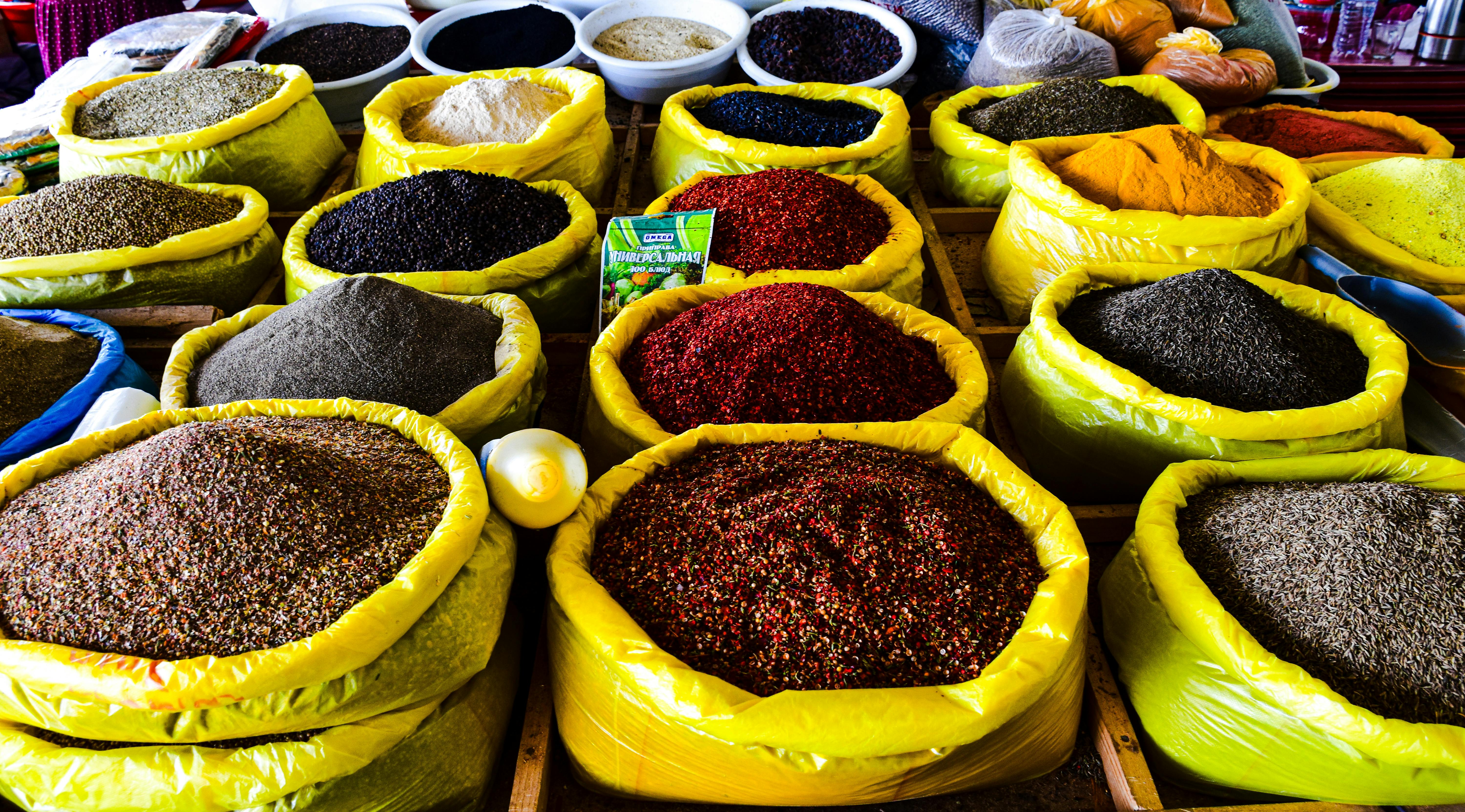
Turmeric is renowned for its anti-inflammatory properties, thanks to its active compound, curcumin. Chronic, low-grade inflammation is a major contributor to arterial stiffness and high blood pressure. By brewing a tea with fresh or powdered turmeric, you can introduce this potent anti-inflammatory agent into your system. To enhance its absorption, it's best to add a pinch of black pepper, which contains piperine. This warm, earthy, and slightly spicy tea is not just soothing; it's a proactive tool for fighting the inflammation that can silently raise your blood pressure.
61. Kombucha: The Probiotic & Enzyme Booster

While kefir is a great option, kombucha offers similar gut-health benefits with a different delivery system. This fizzy, fermented tea is rich in probiotics and beneficial enzymes. Emerging research shows a strong connection between a healthy gut microbiome and lower blood pressure. The probiotics in kombucha may help lower blood pressure by reducing inflammation and producing bioactive compounds that can act as natural ACE inhibitors, relaxing your arteries. Choosing plain, unsweetened kombucha is the key to maximizing these benefits, as sugary varieties negate the positive effect. A daily glass is a delicious, slightly tart way to support your gut, which, in turn, supports your heart.
62. Magnesium-Rich Mineral Water: The Vaso-Relaxing Mineral

While many drinks on this list contain potassium to balance sodium, an equally crucial mineral for blood pressure is magnesium. Magnesium acts as a natural calcium channel blocker—a mechanism similar to a class of powerful blood pressure medications. It helps to regulate the movement of calcium into the cells of your blood vessel walls. When magnesium levels are optimal, it helps the smooth muscles of the arteries relax and widen (vasodilation), reducing resistance to blood flow and directly lowering blood pressure. Choosing a naturally high-magnesium mineral water (often labeled as containing 20mg/L or more) is an incredibly easy, zero-calorie, and highly effective way to increase your daily intake. Regular consumption can support a calm cardiovascular system and correct a widespread dietary deficiency.
Embrace the Power of Choice

The journey to maintaining healthy blood pressure is paved with choices, and the beverages you consume play a vital role. By embracing drinks like hibiscus tea, beetroot juice, and green tea, you can naturally support your cardiovascular health and work towards lowering your blood pressure. Simultaneously, being mindful of what to pass by, such as sugary sodas and energy drinks, can prevent negative impacts on your health. Ultimately, informed choices about what you sip can empower you to take control of your heart health, ensuring a balanced and heart-friendly lifestyle. By sipping wisely, you embrace the power to nurture a healthier heart and a vibrant life.